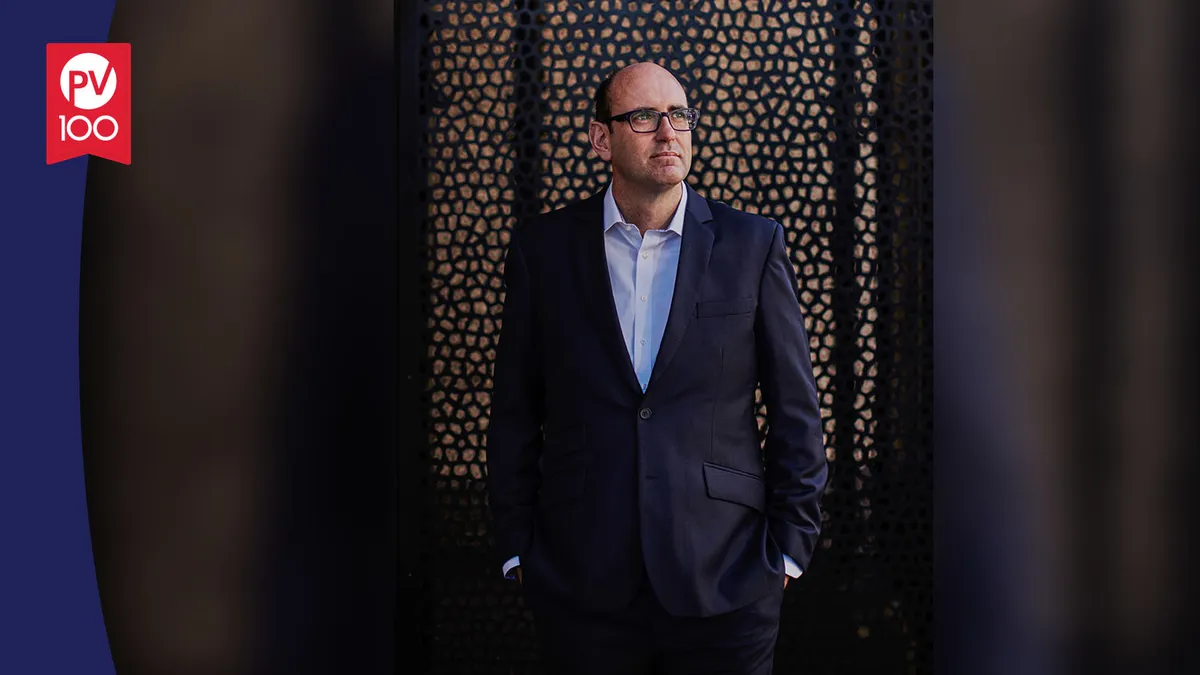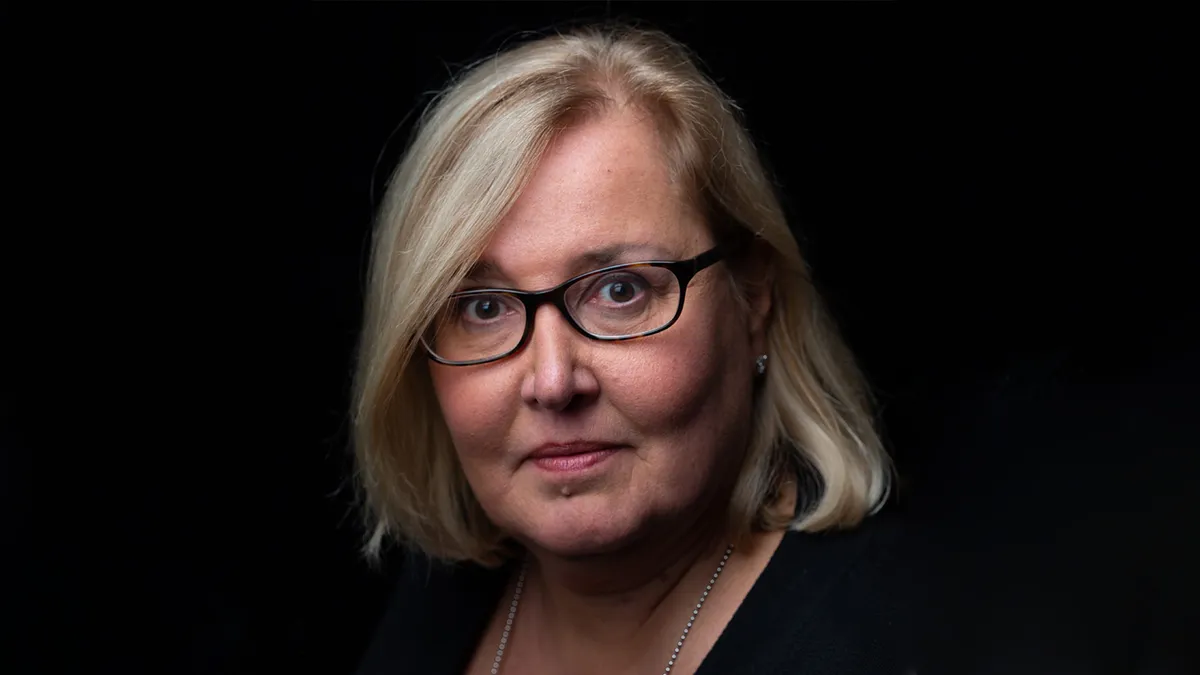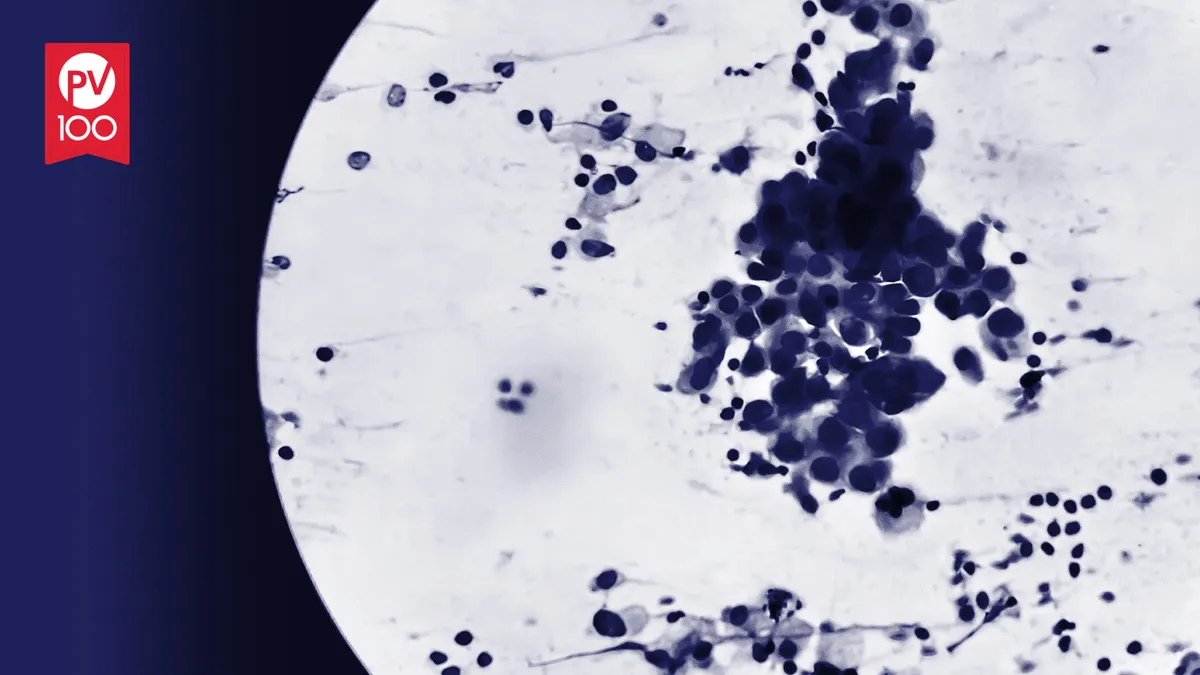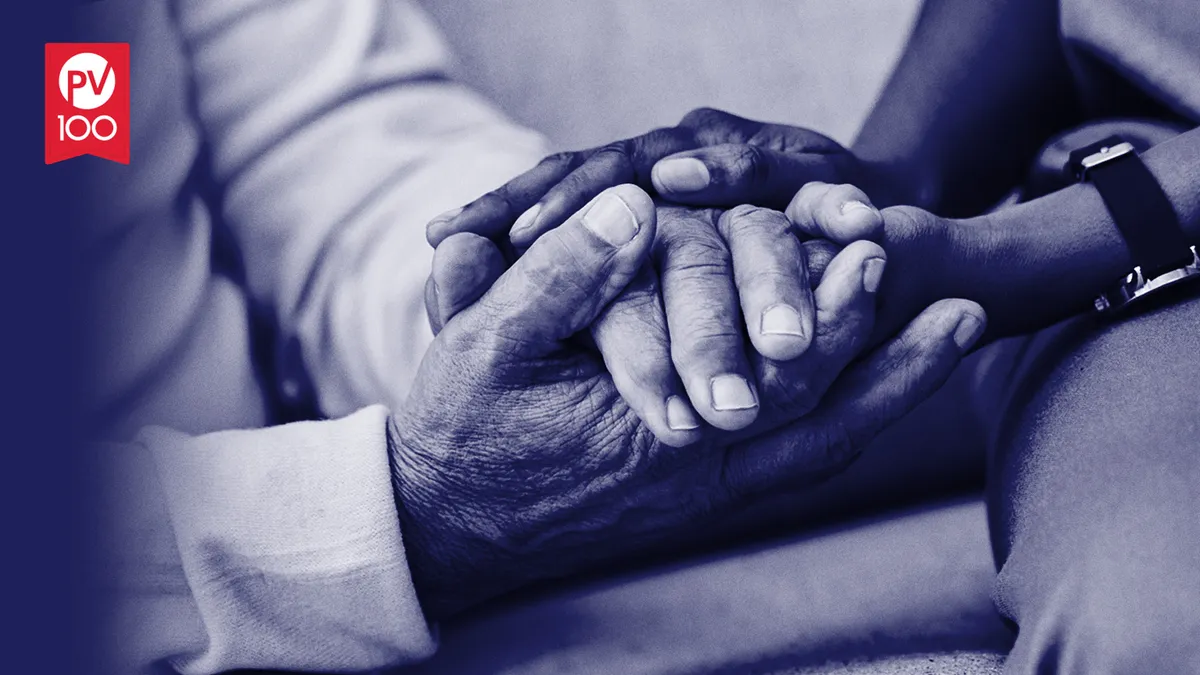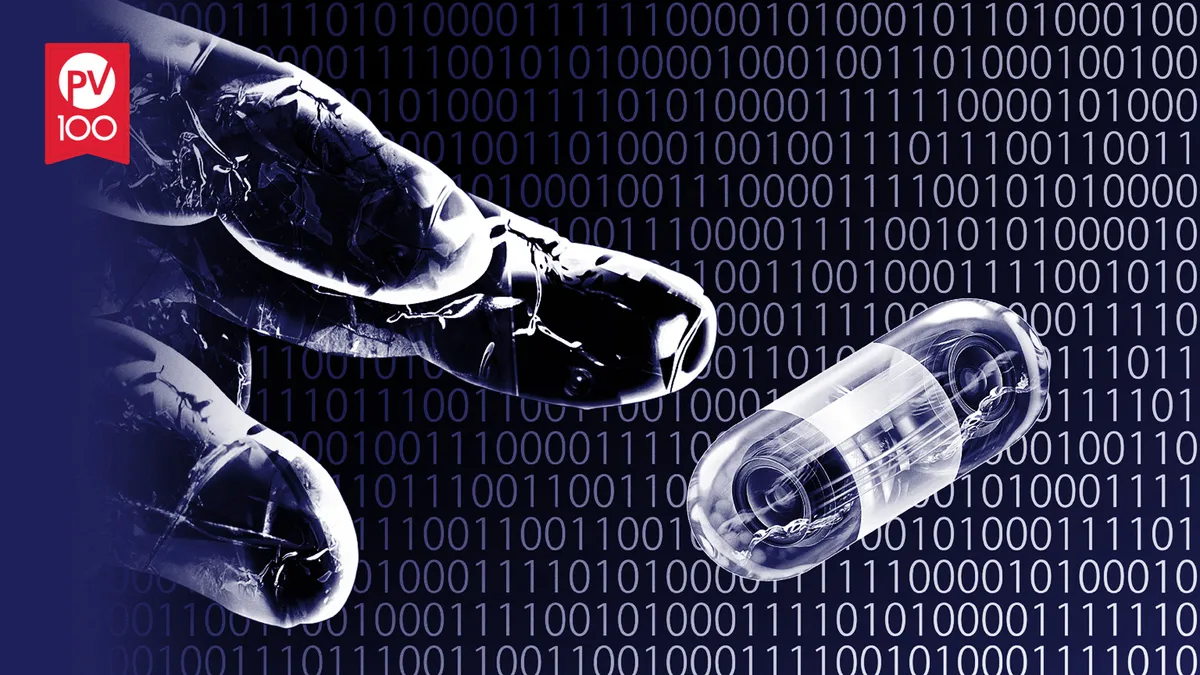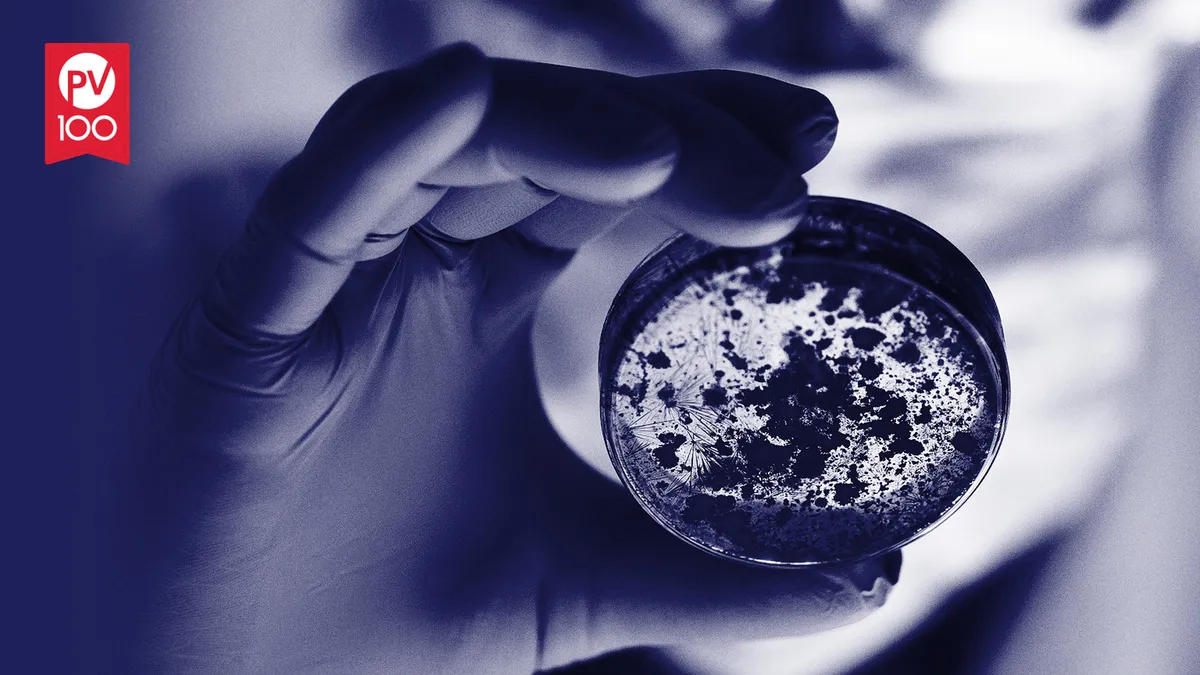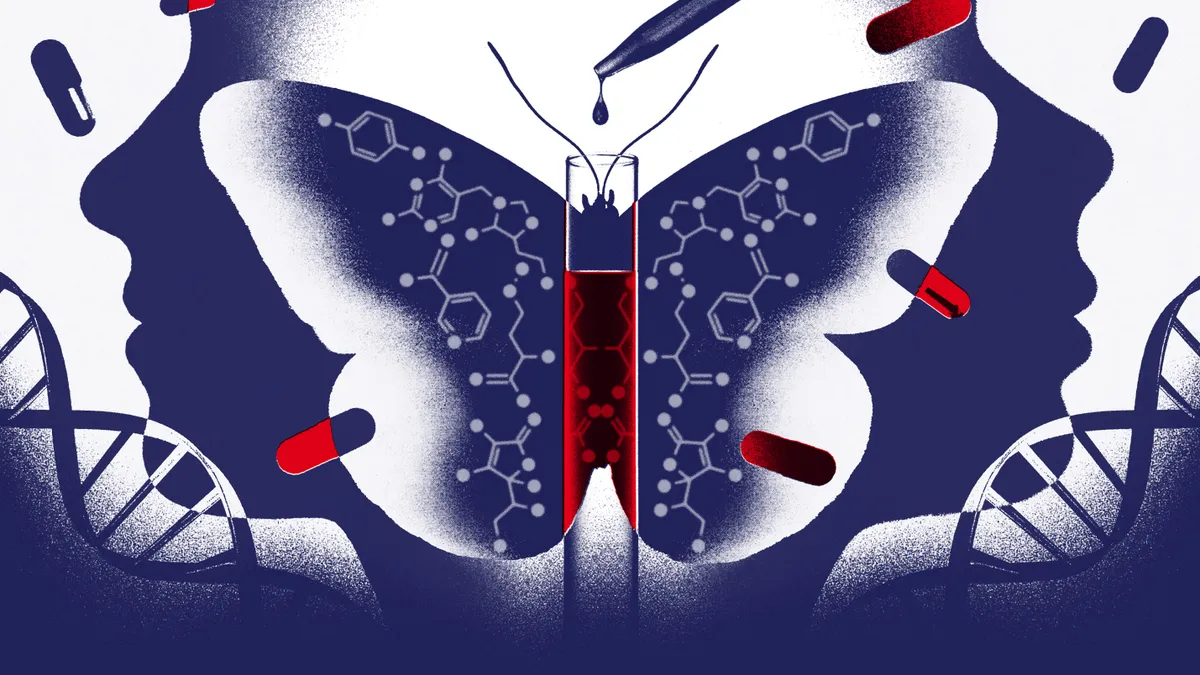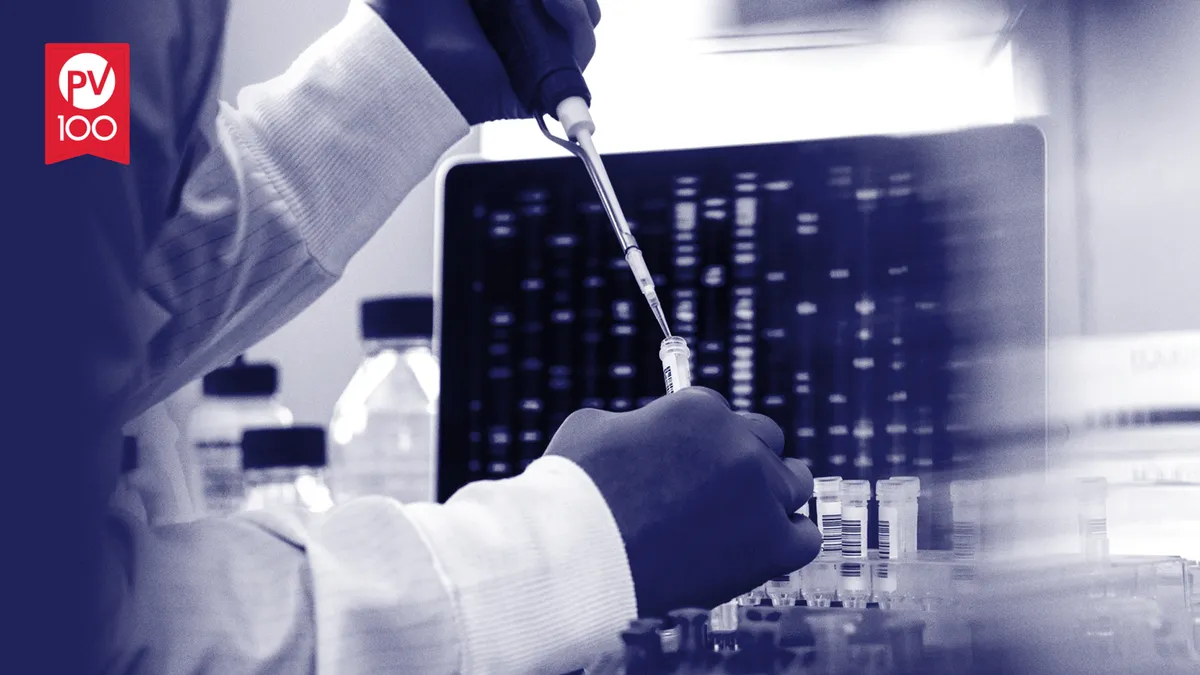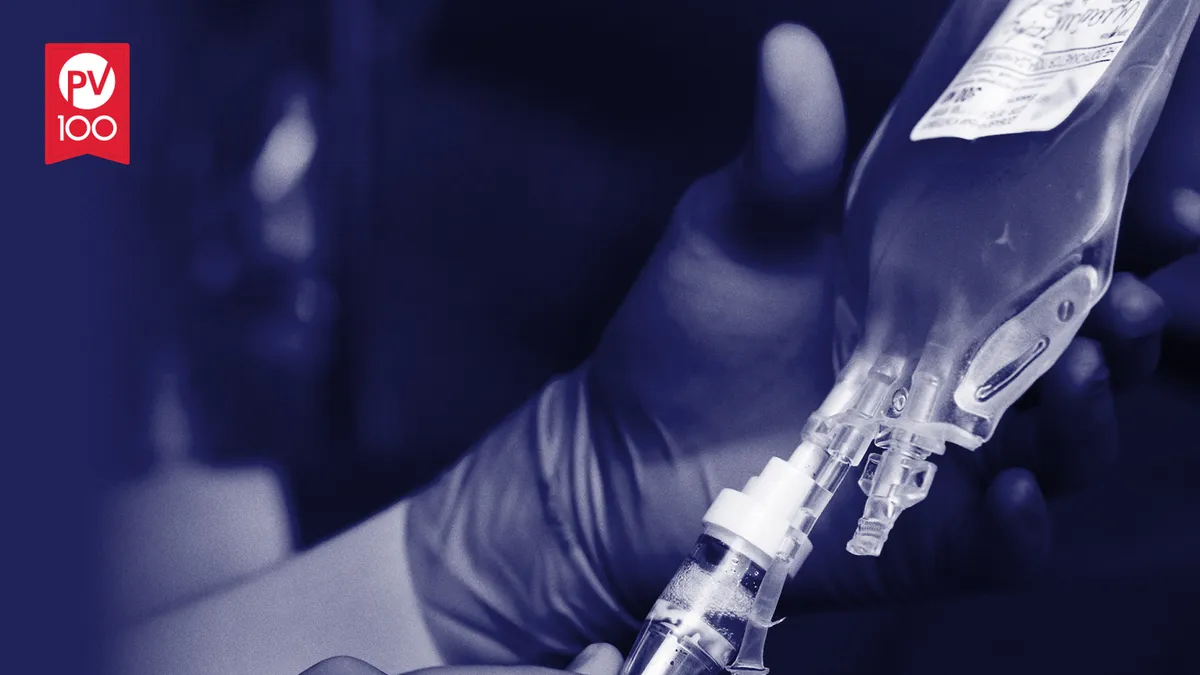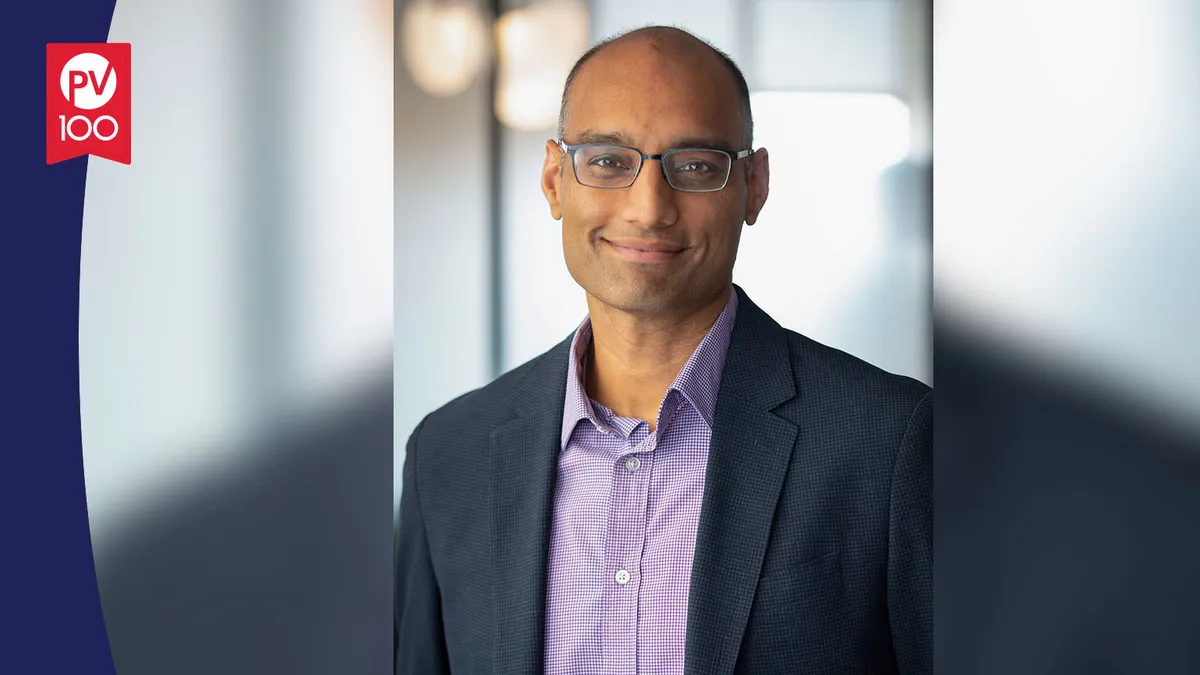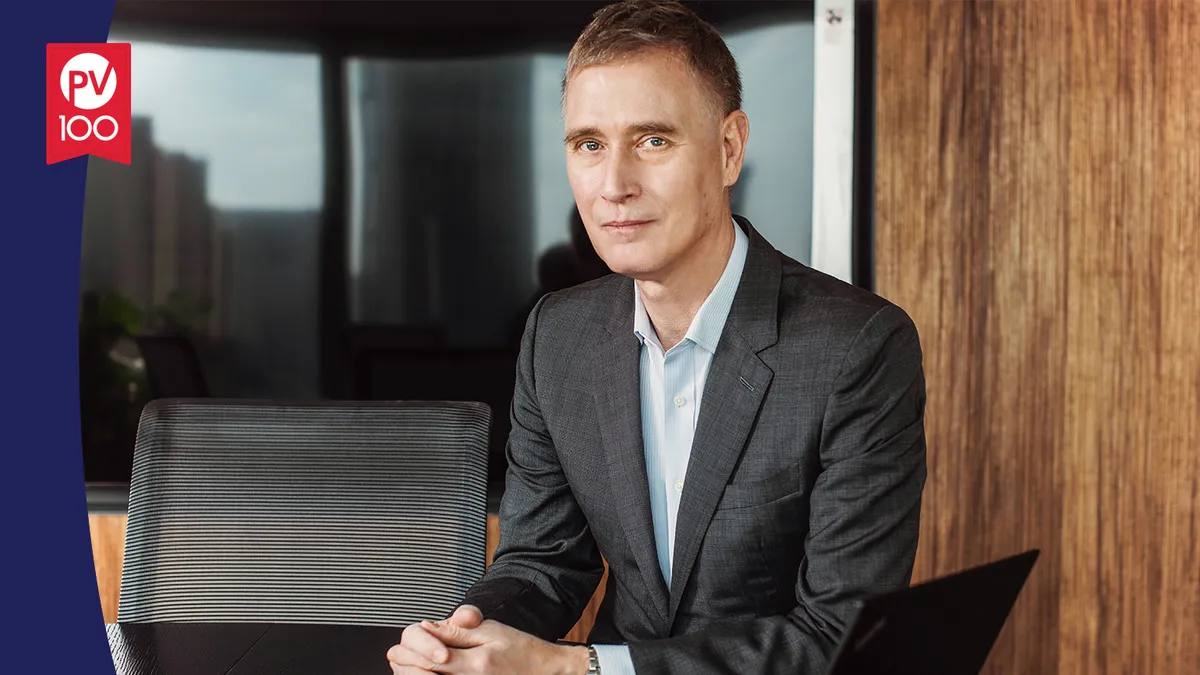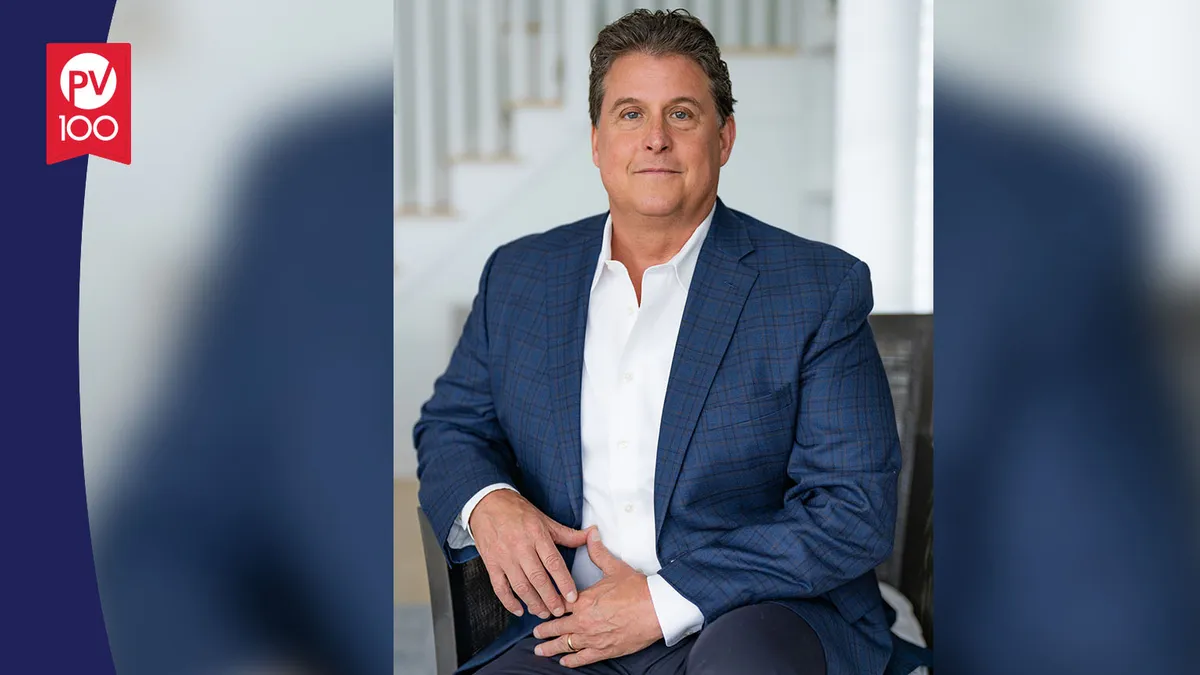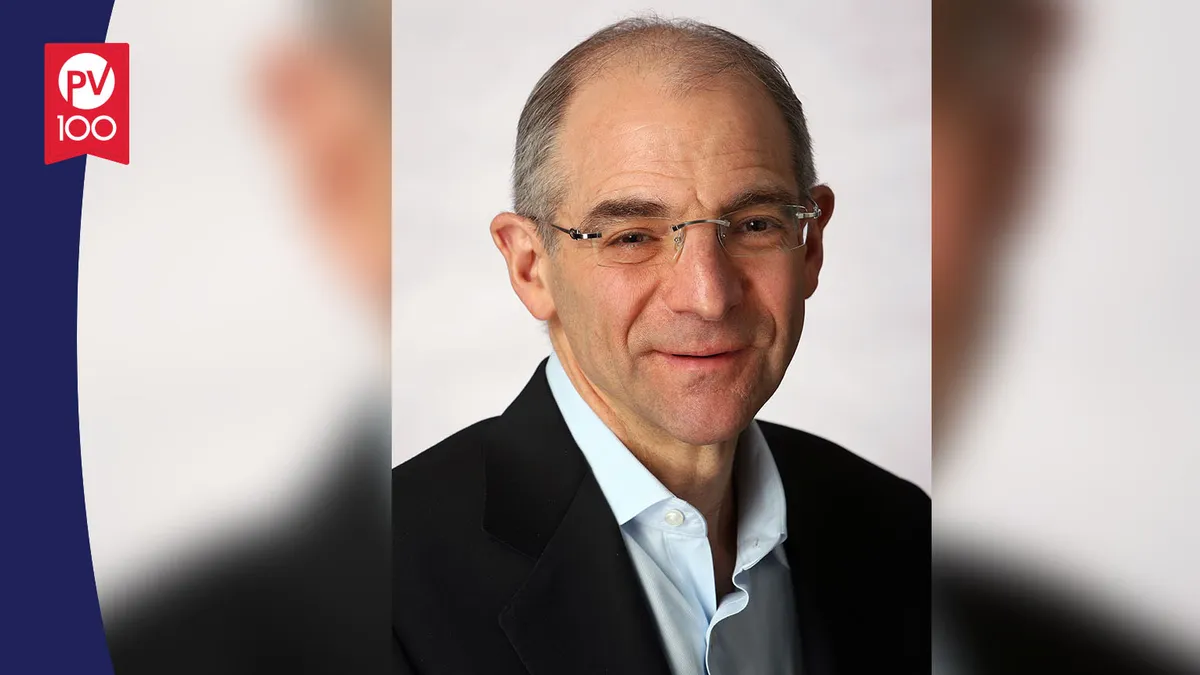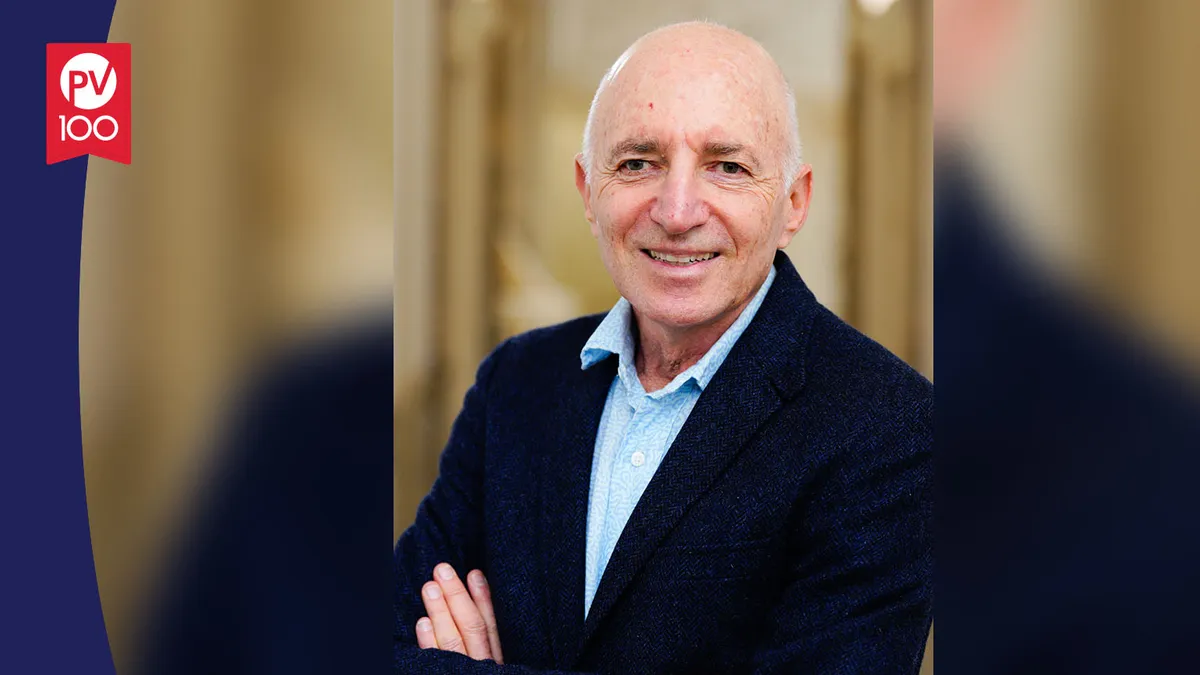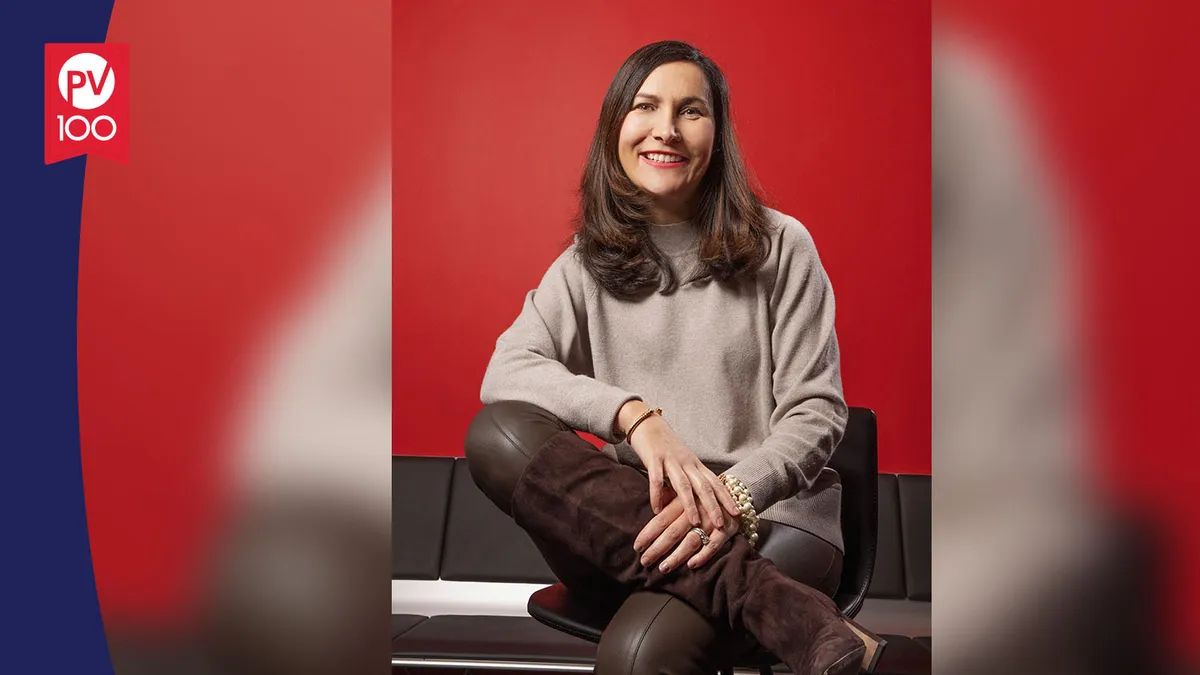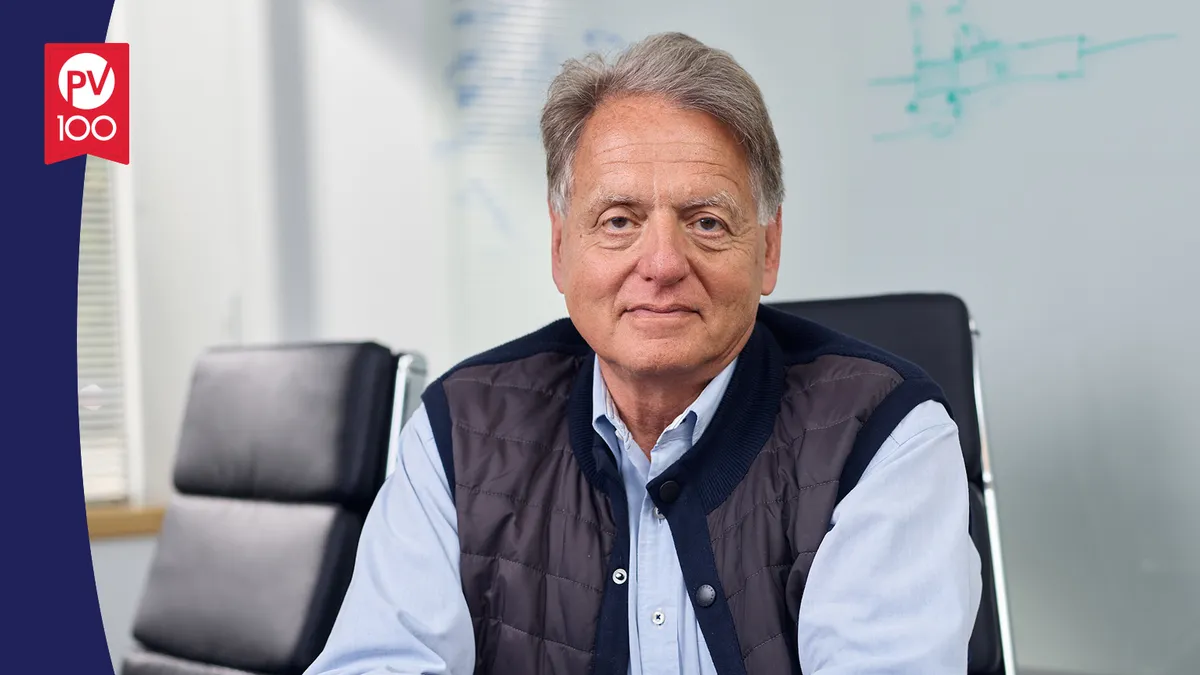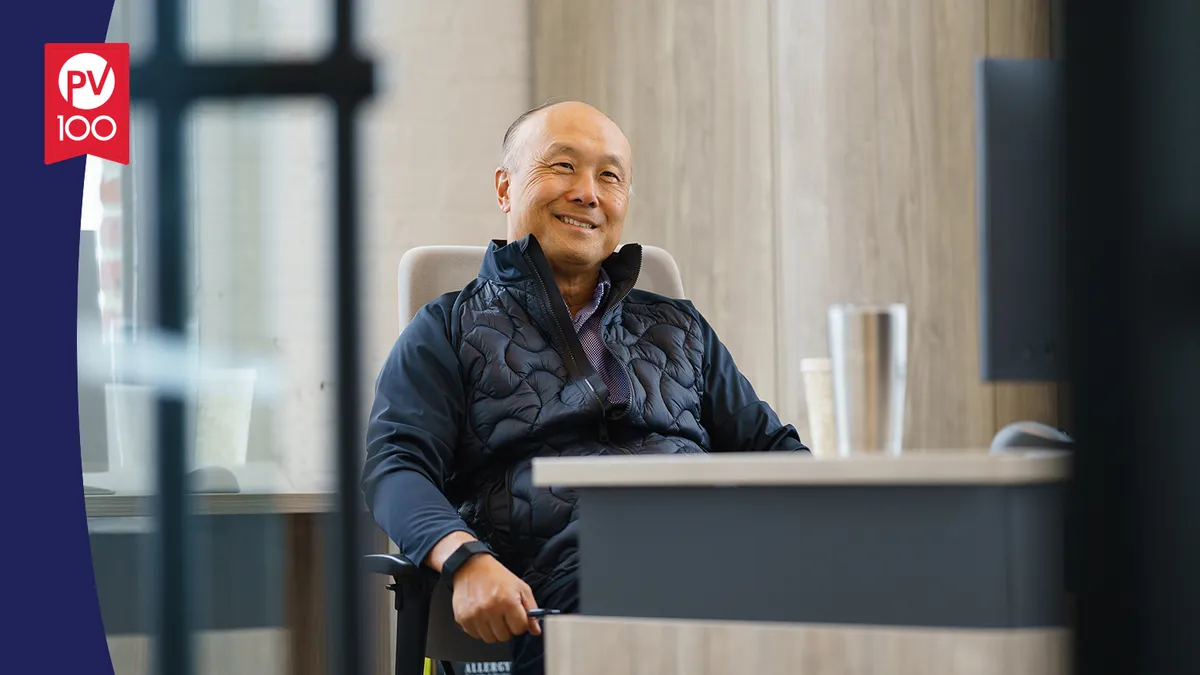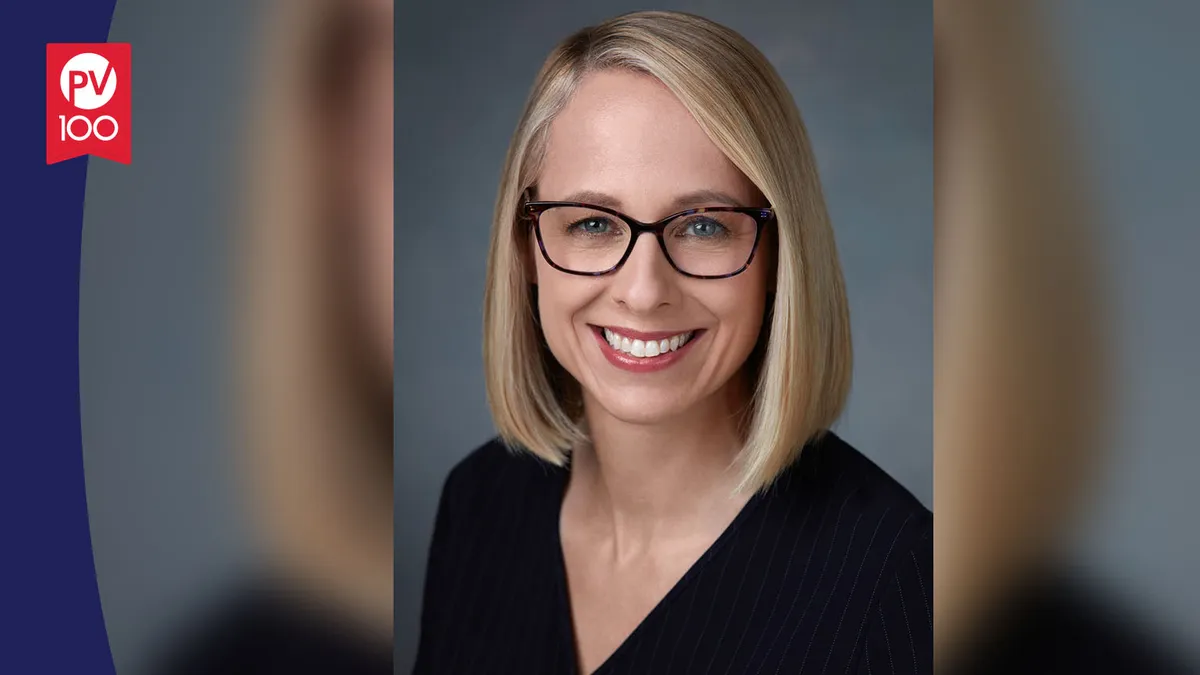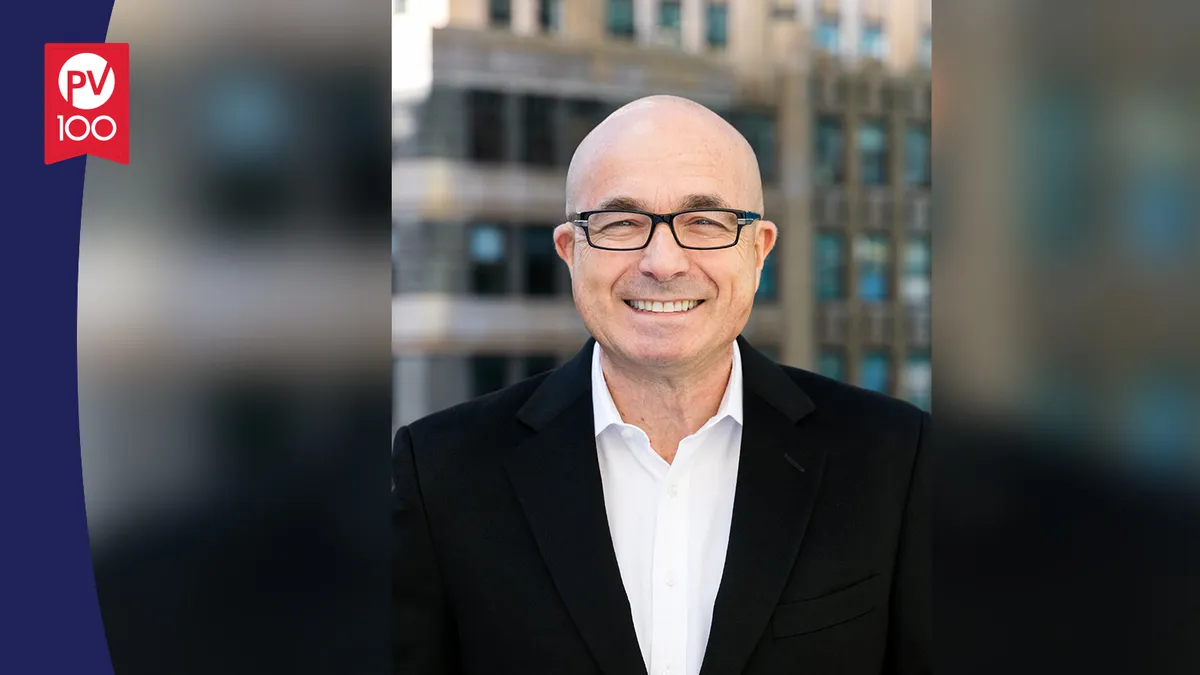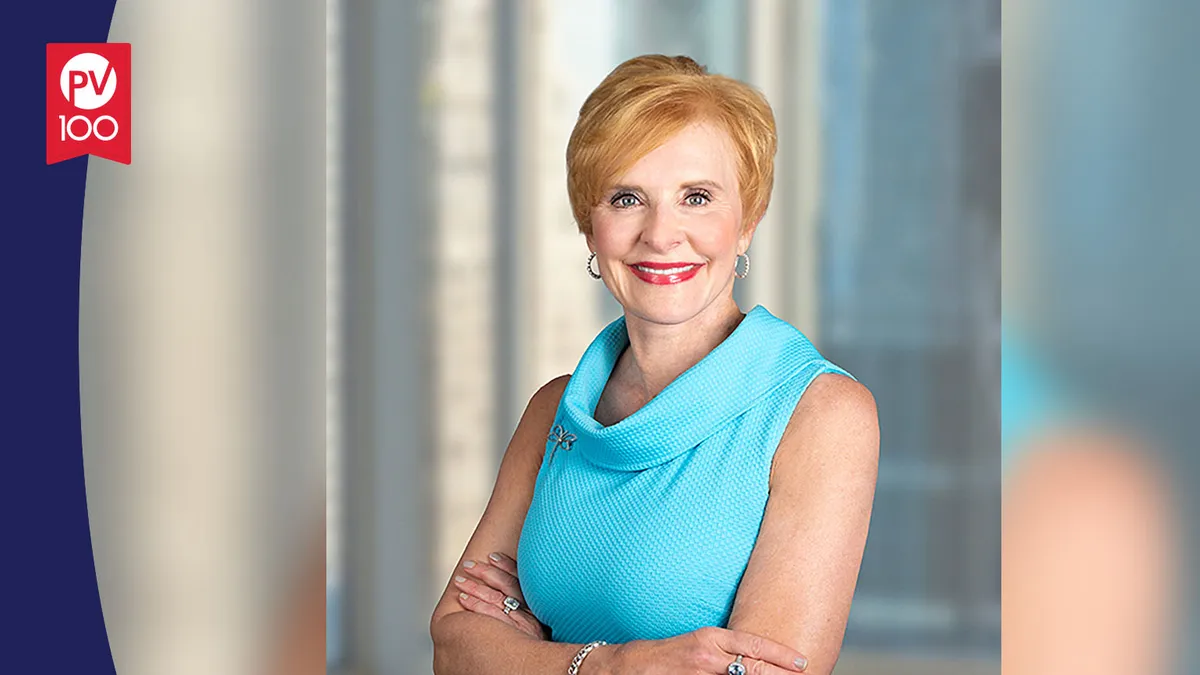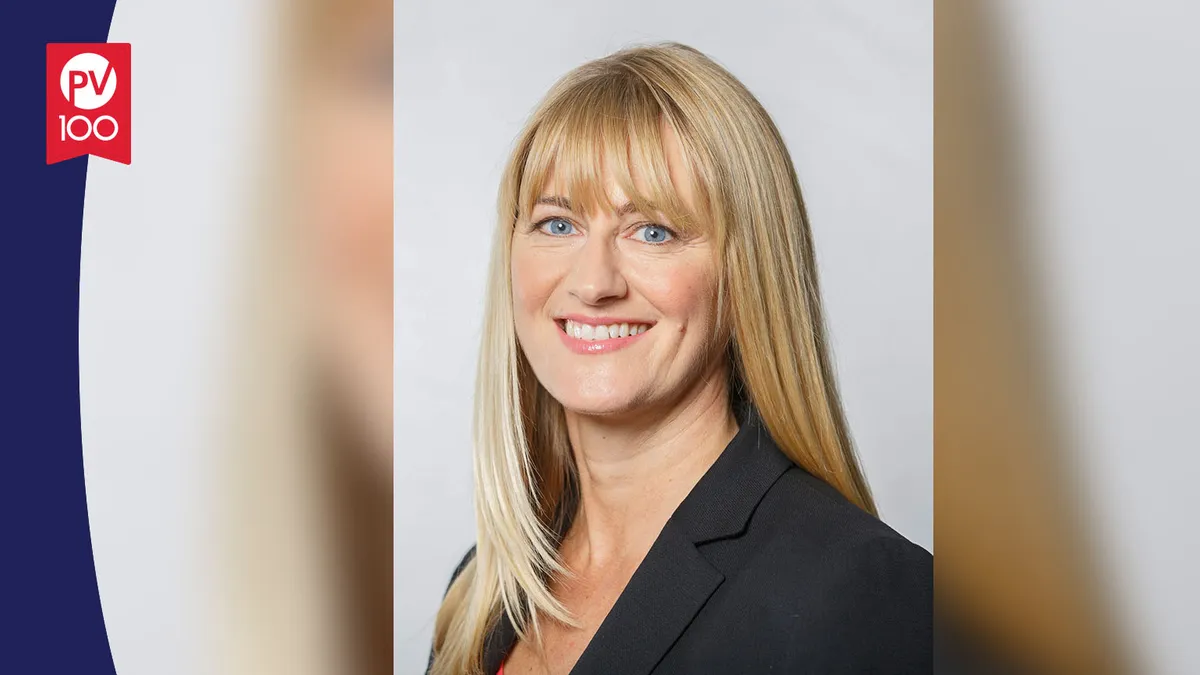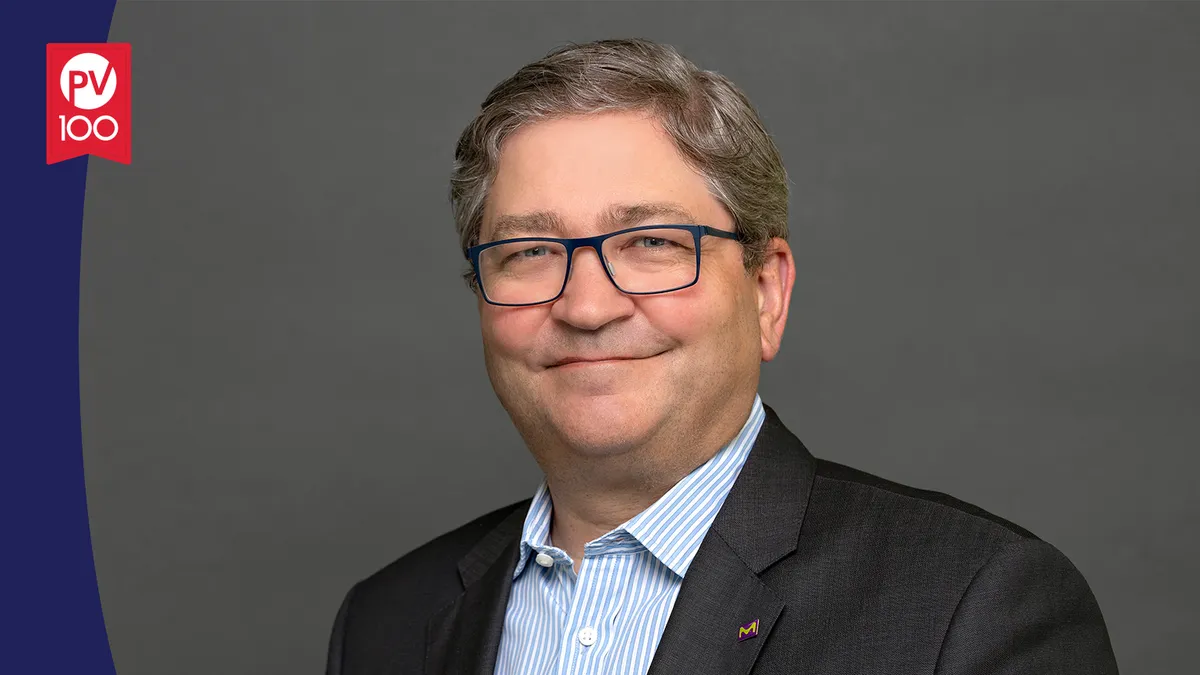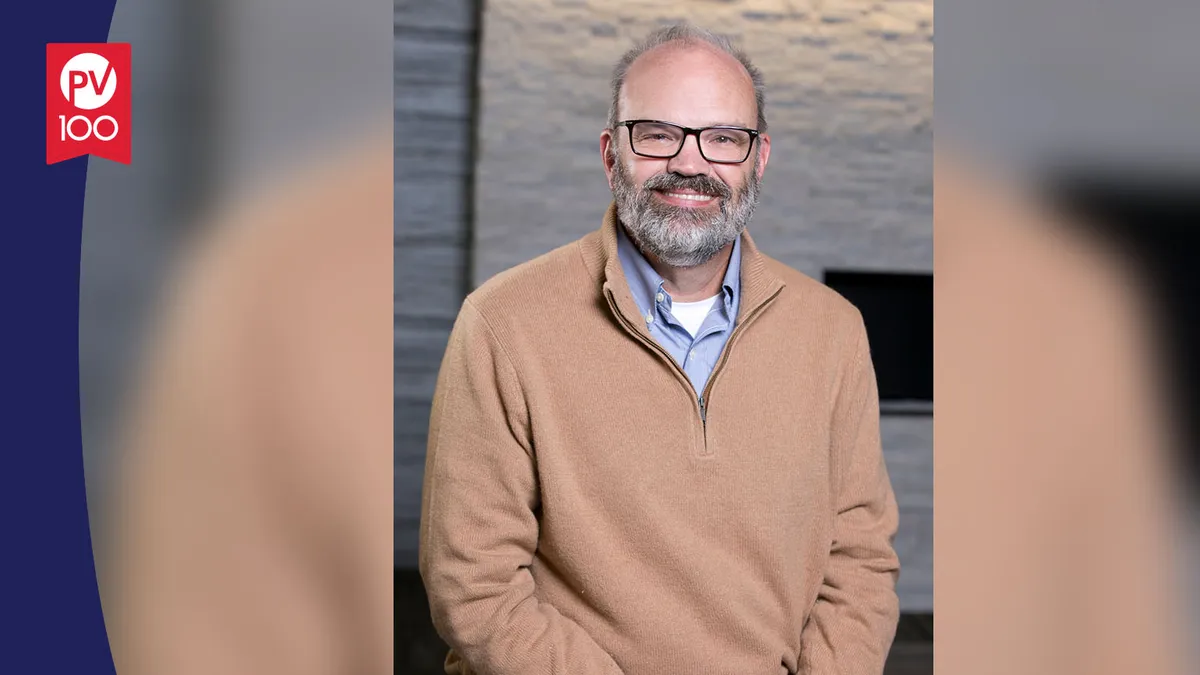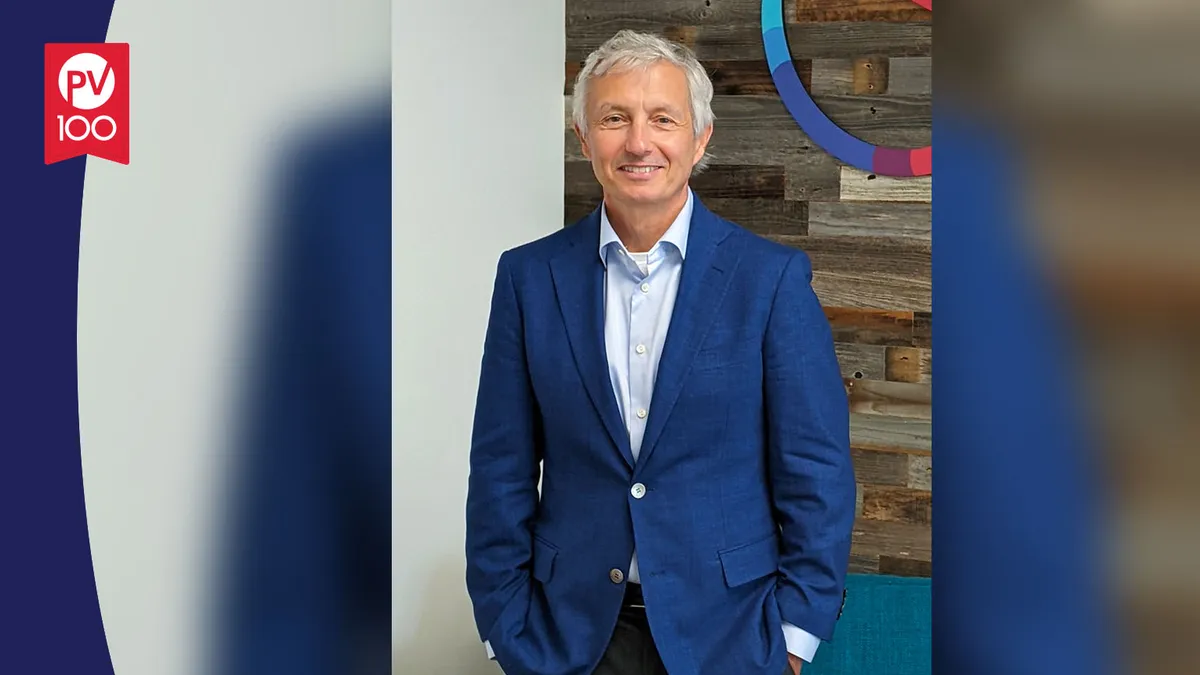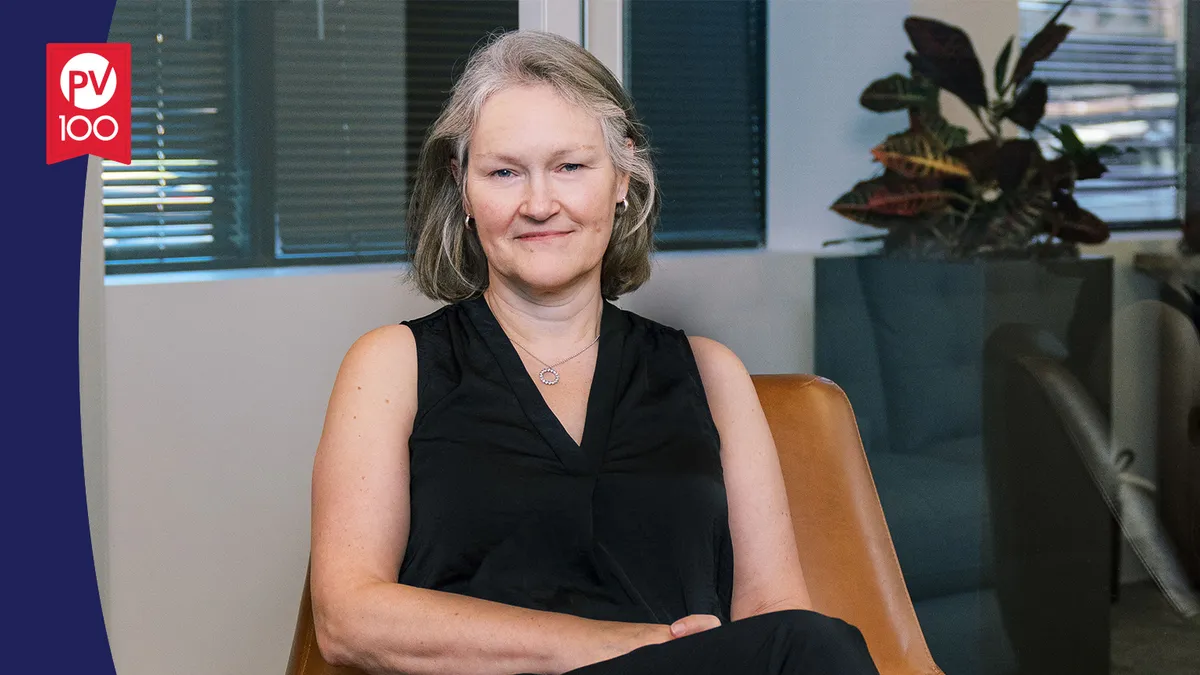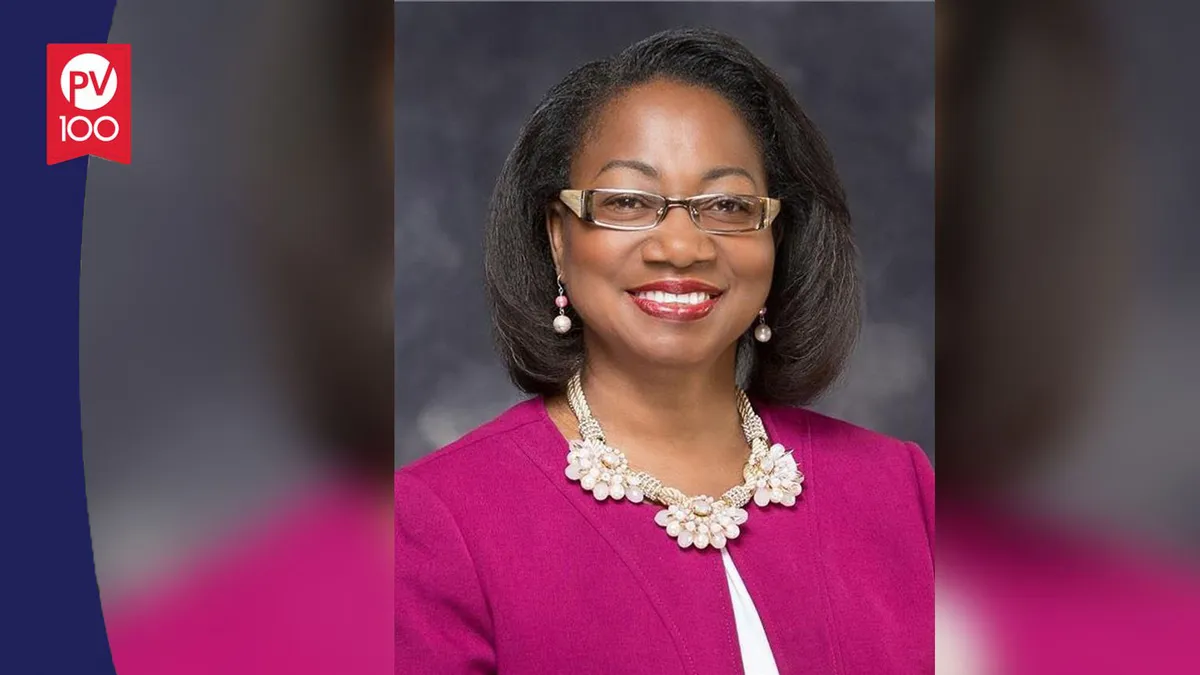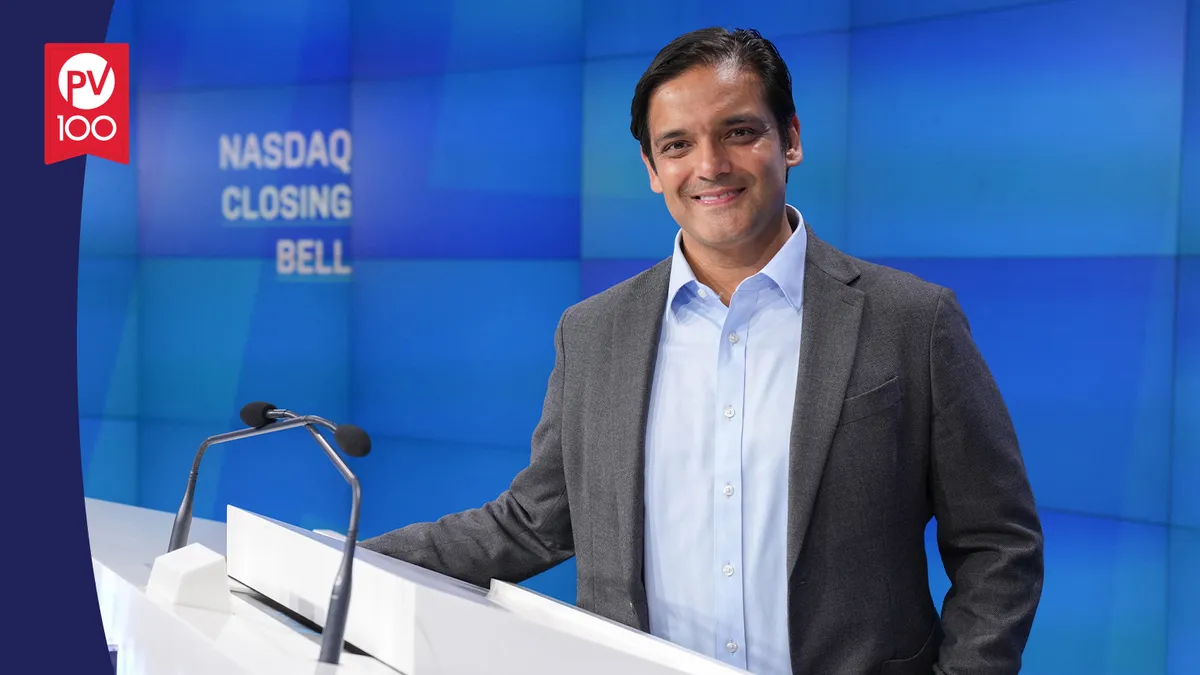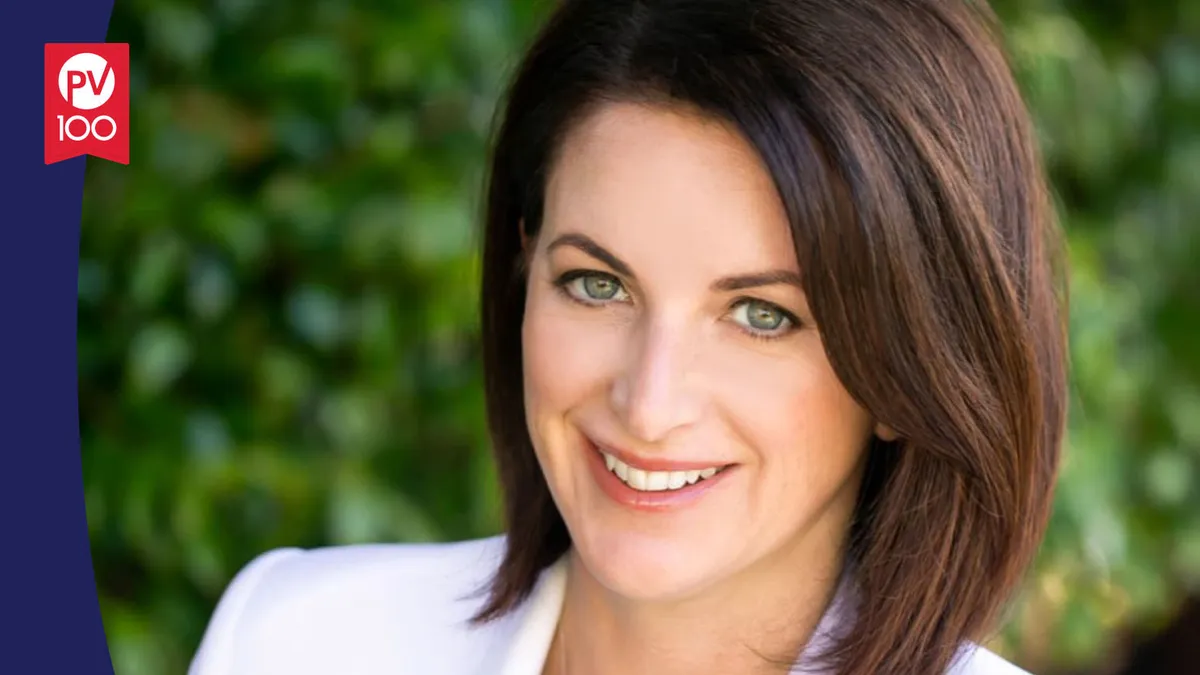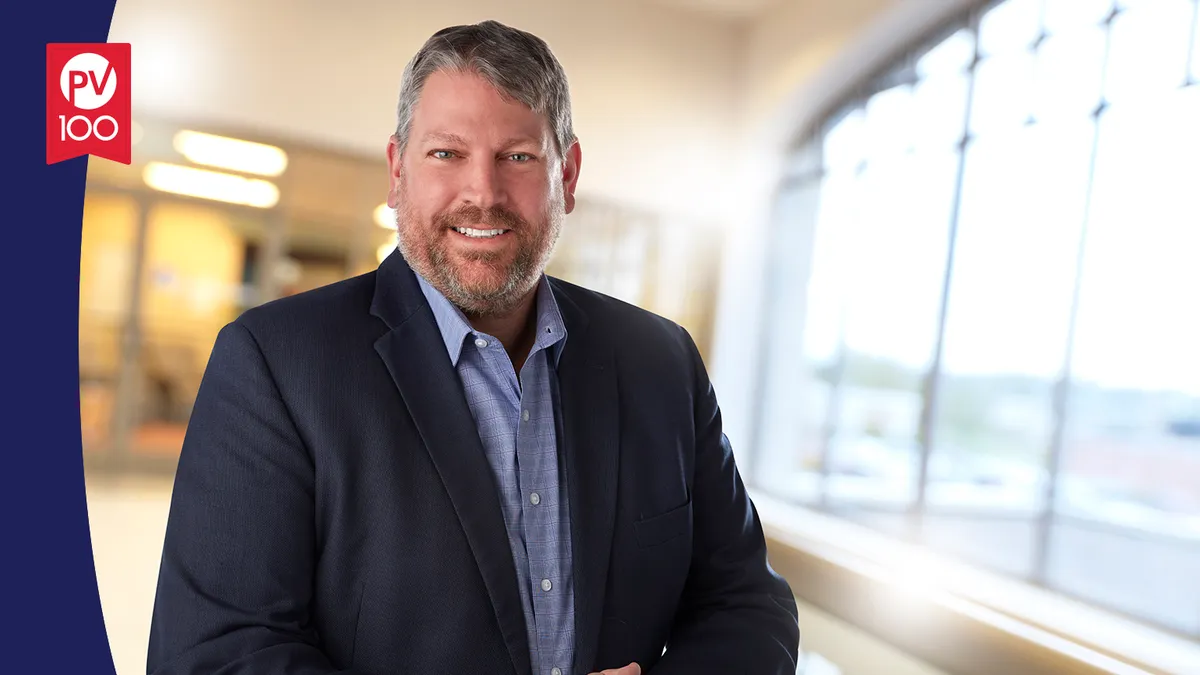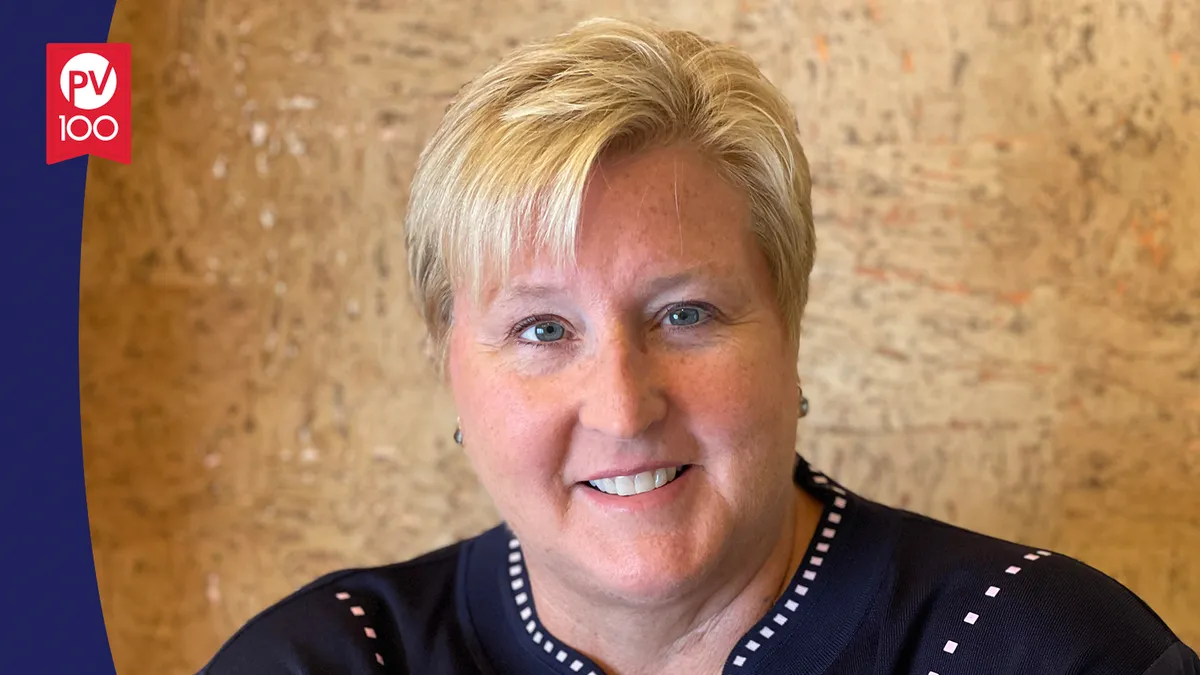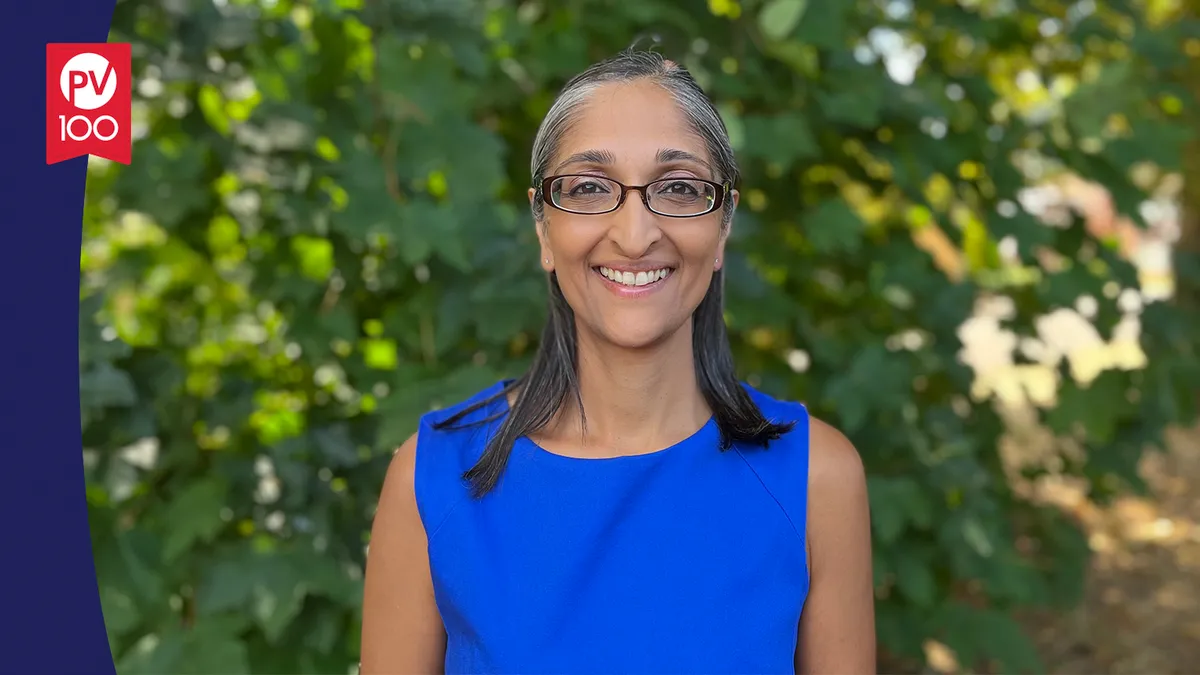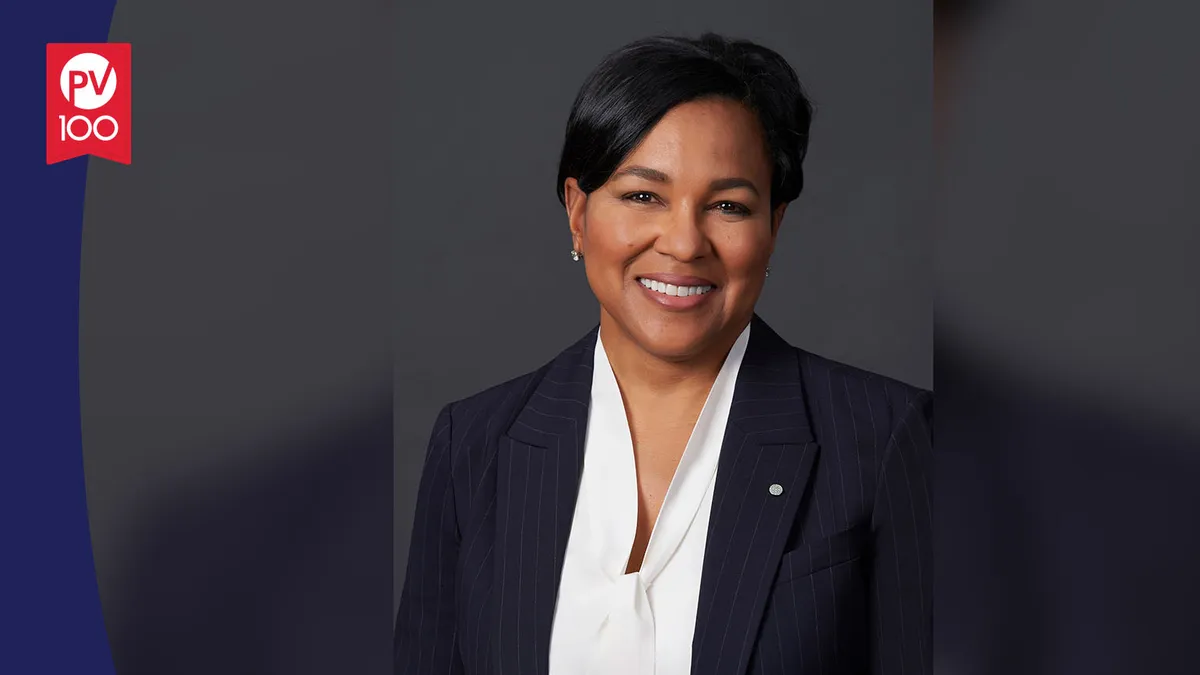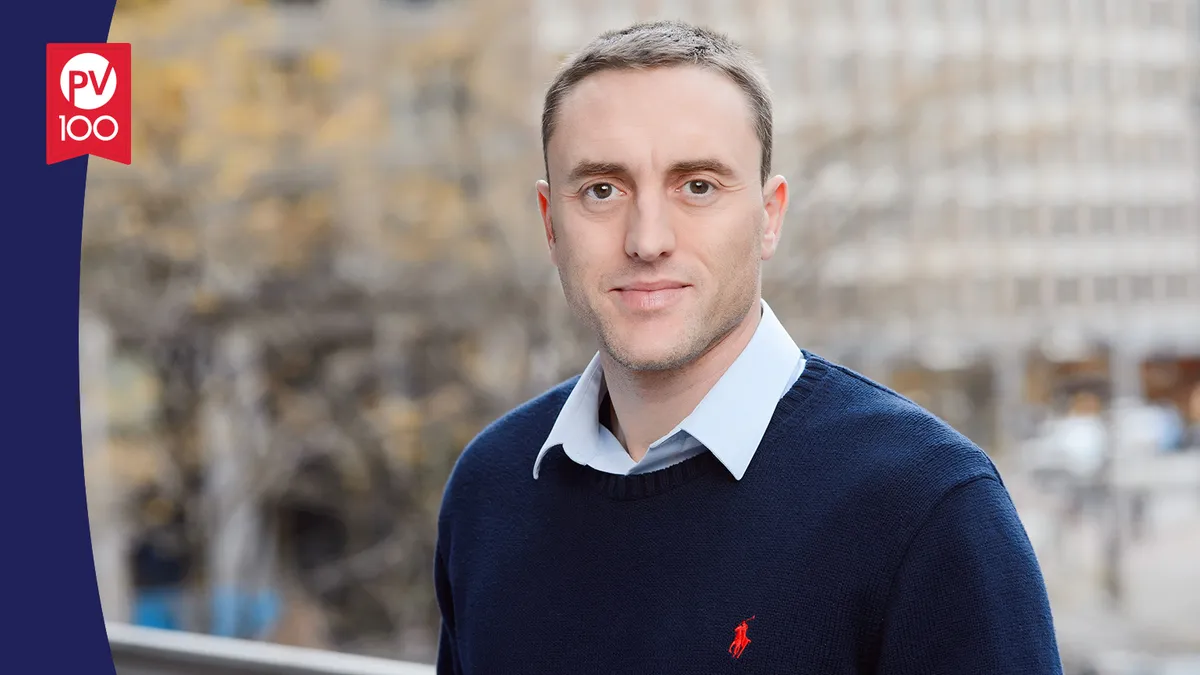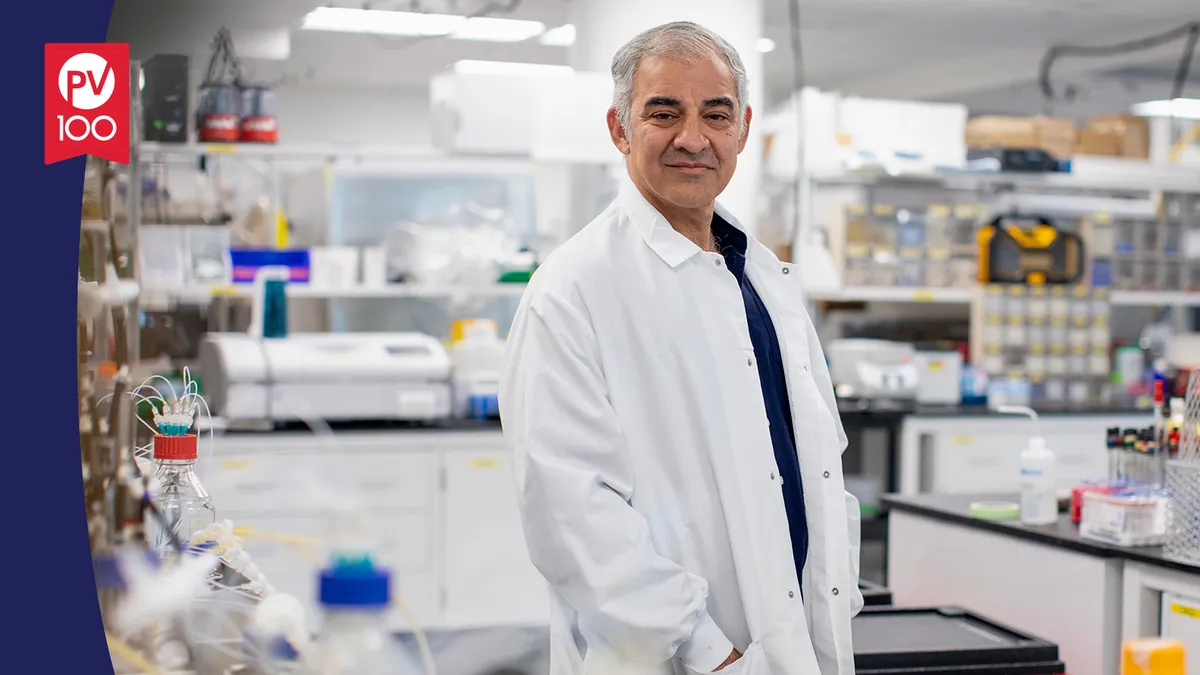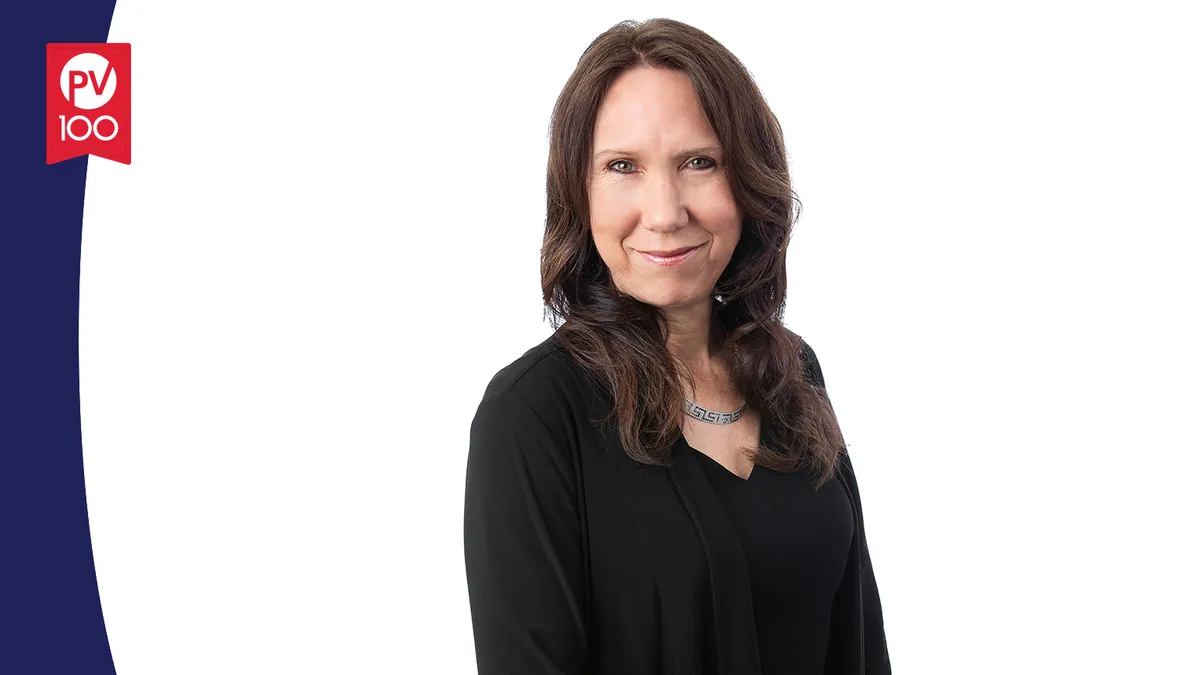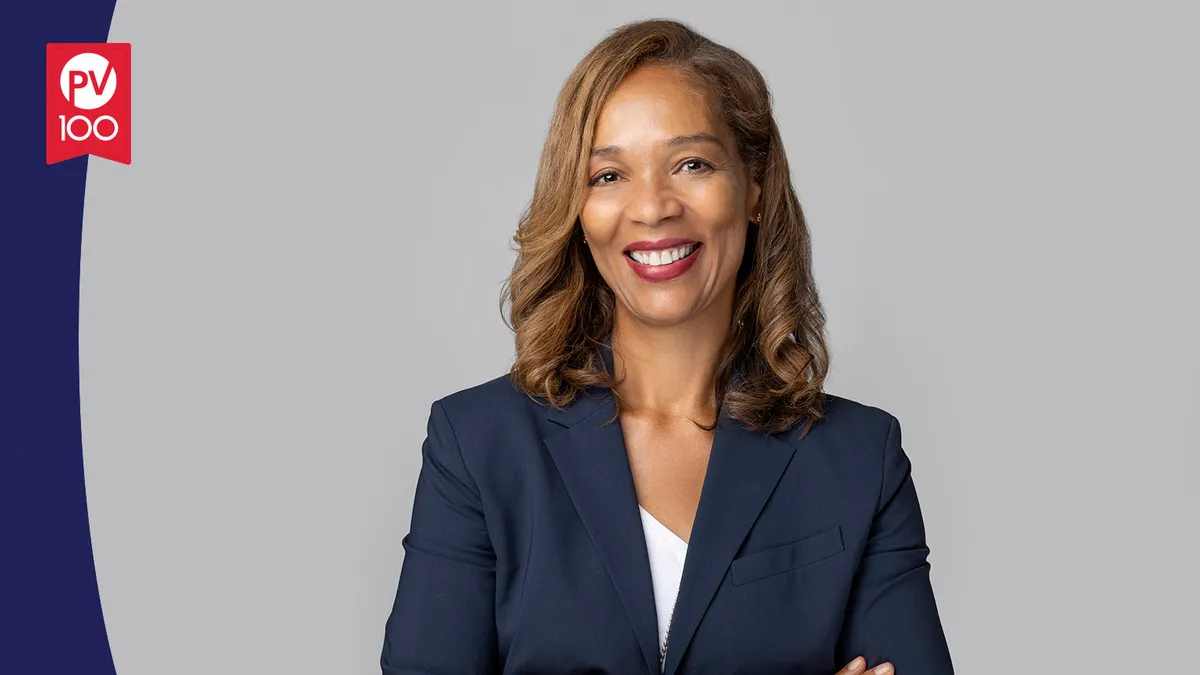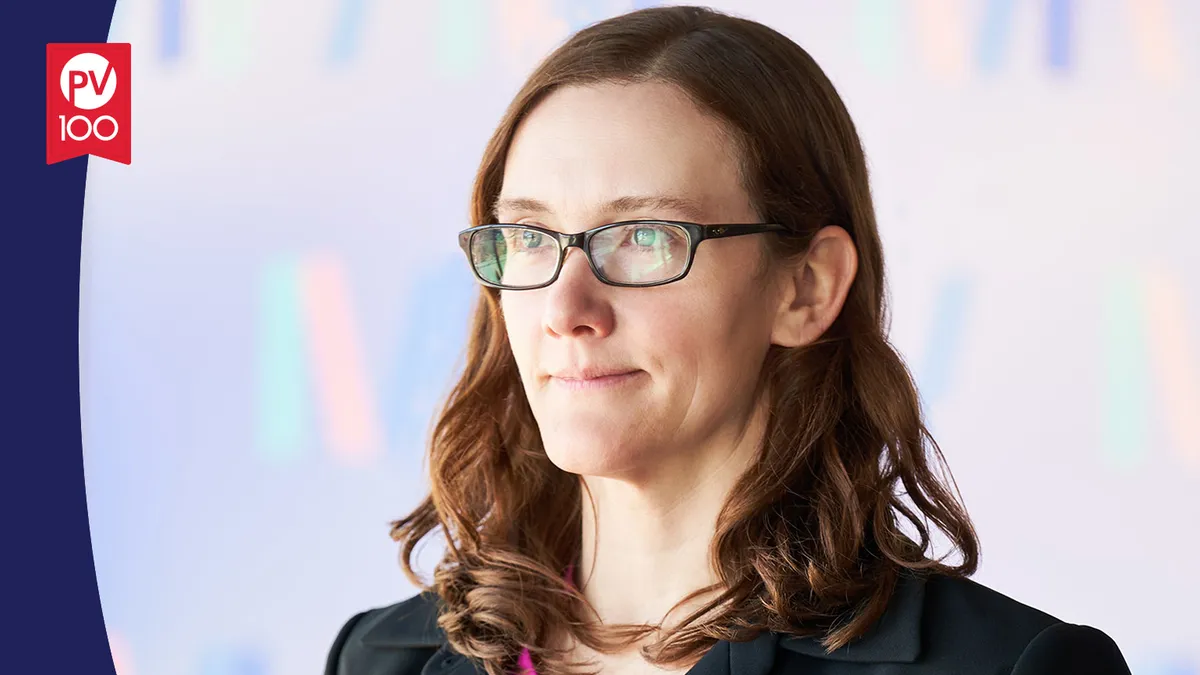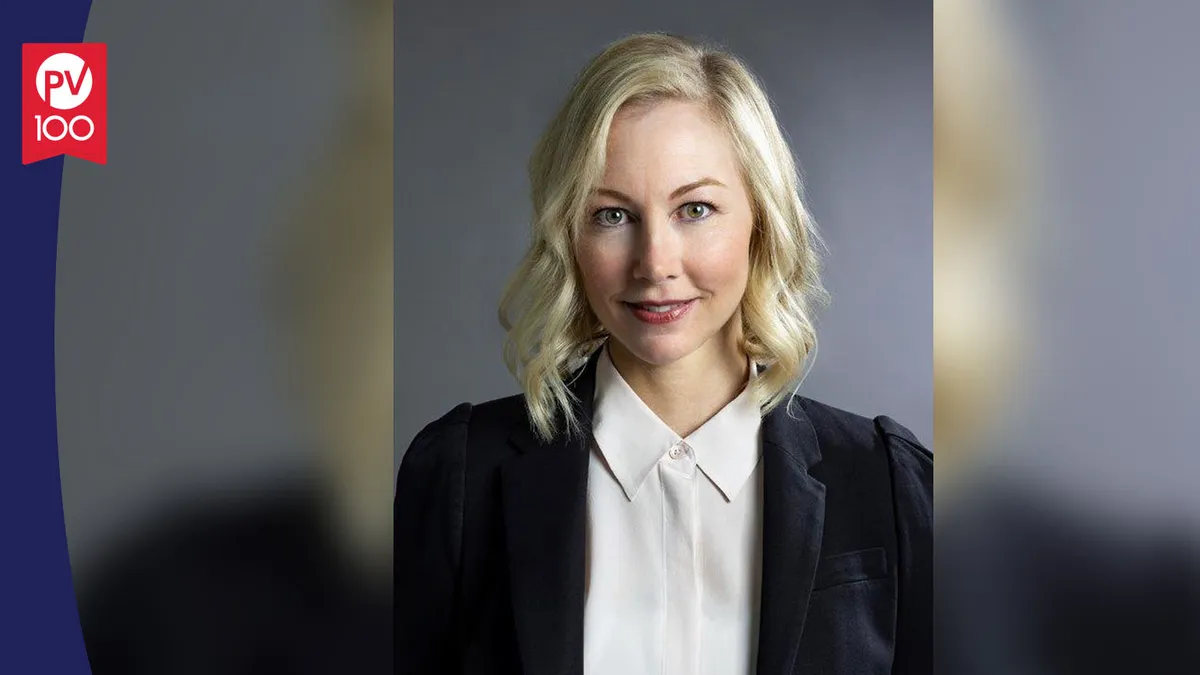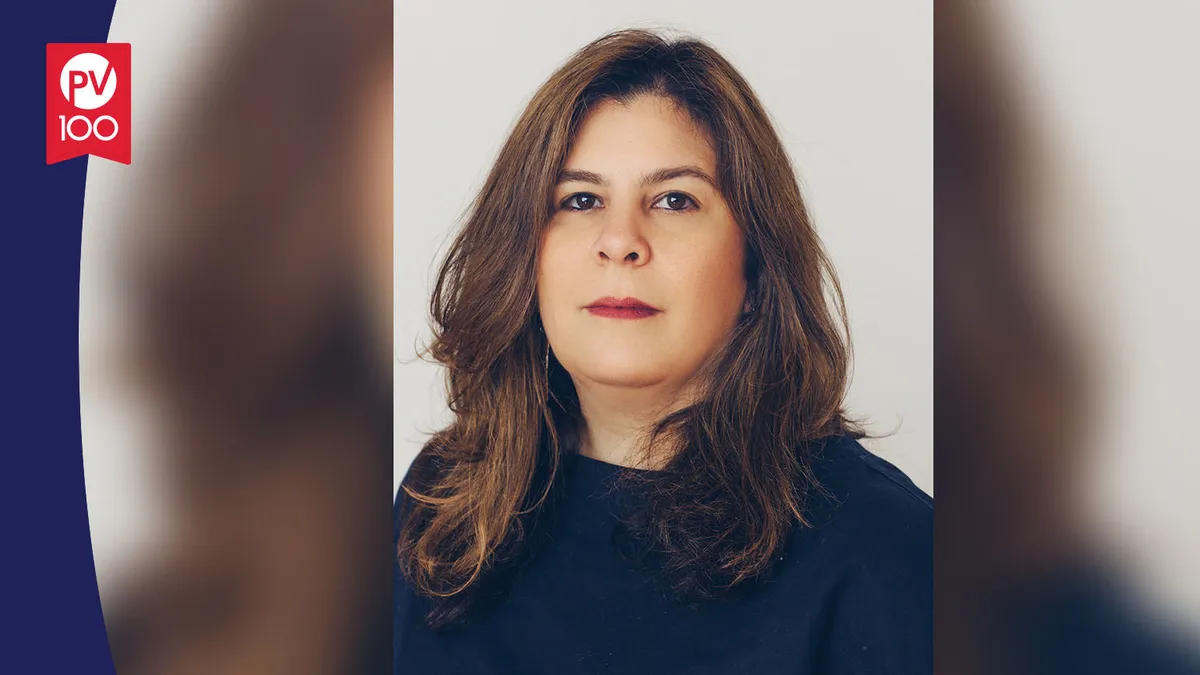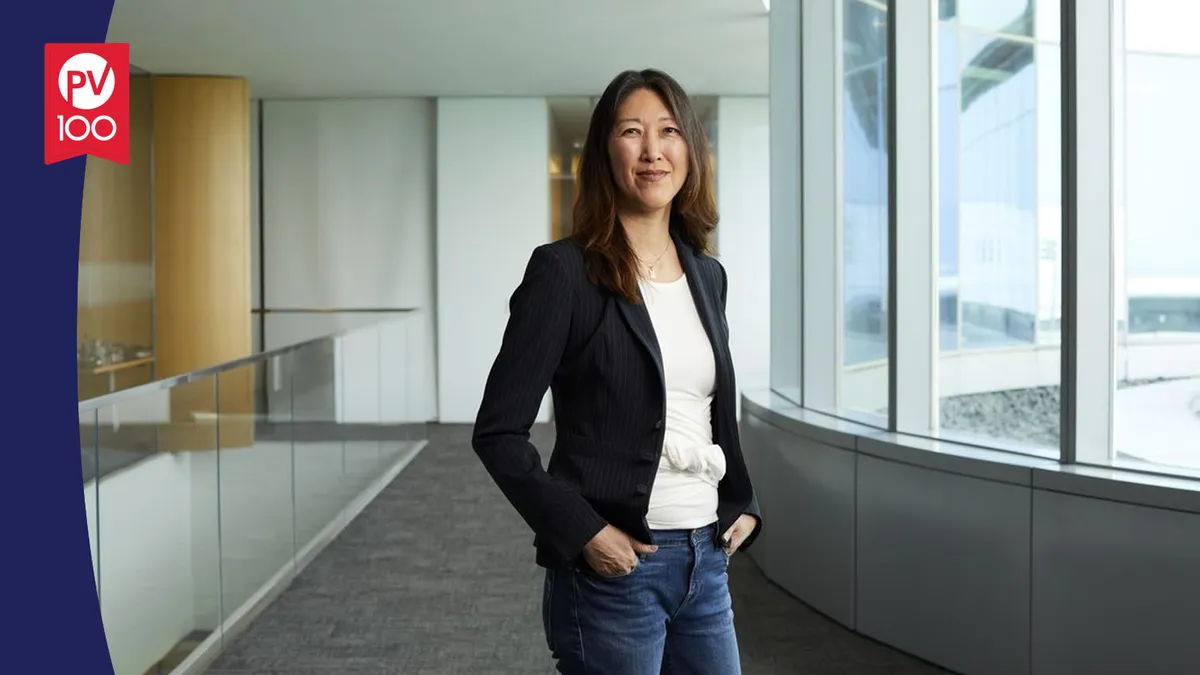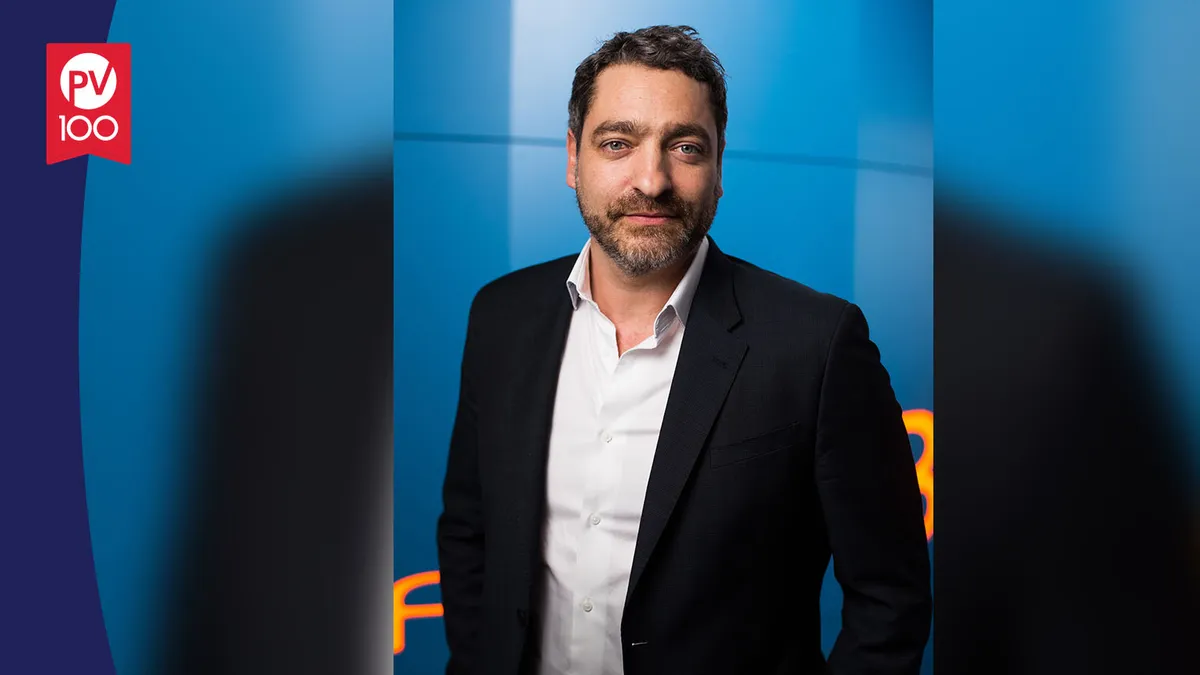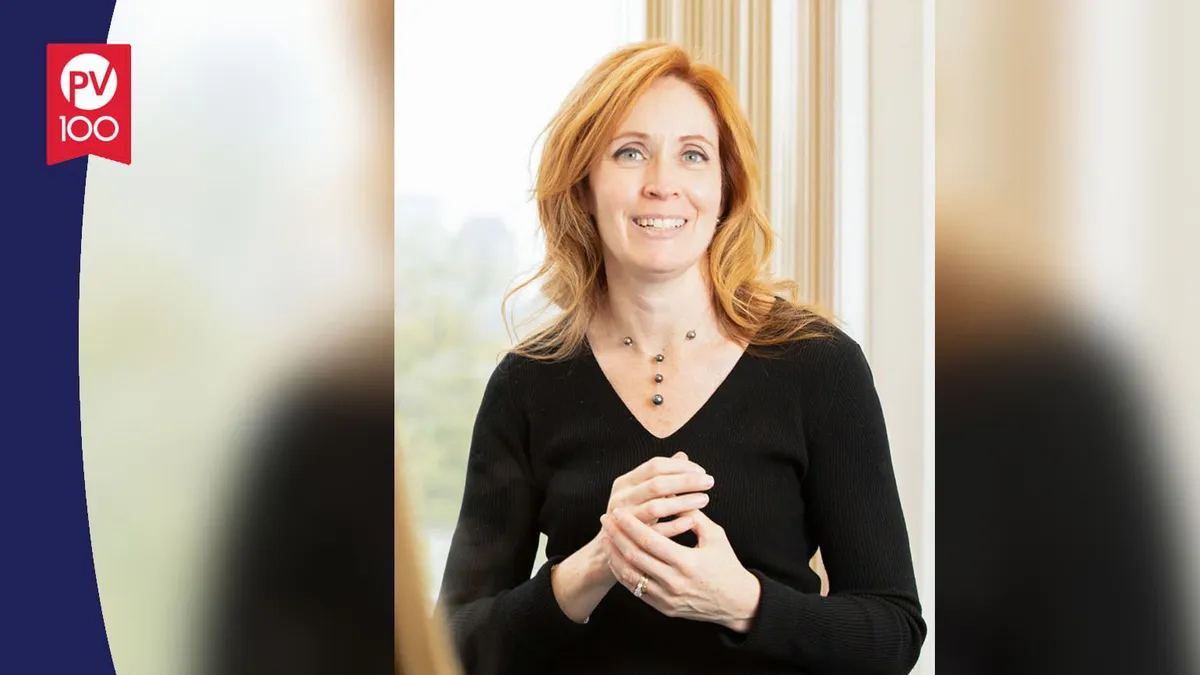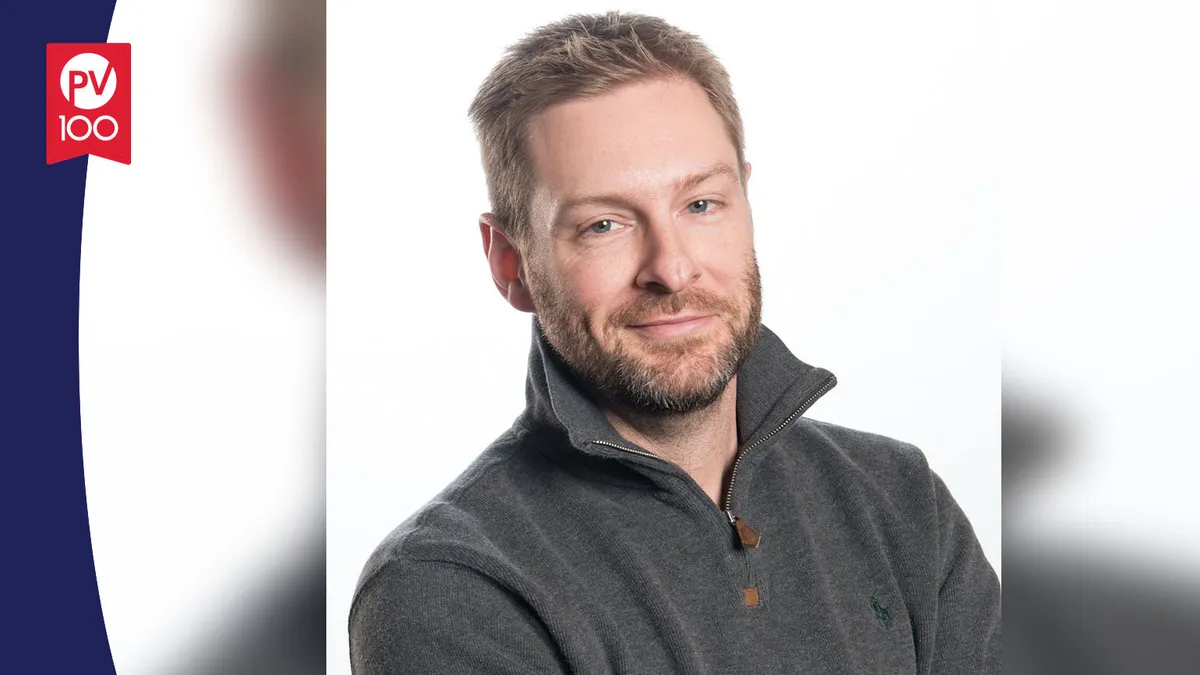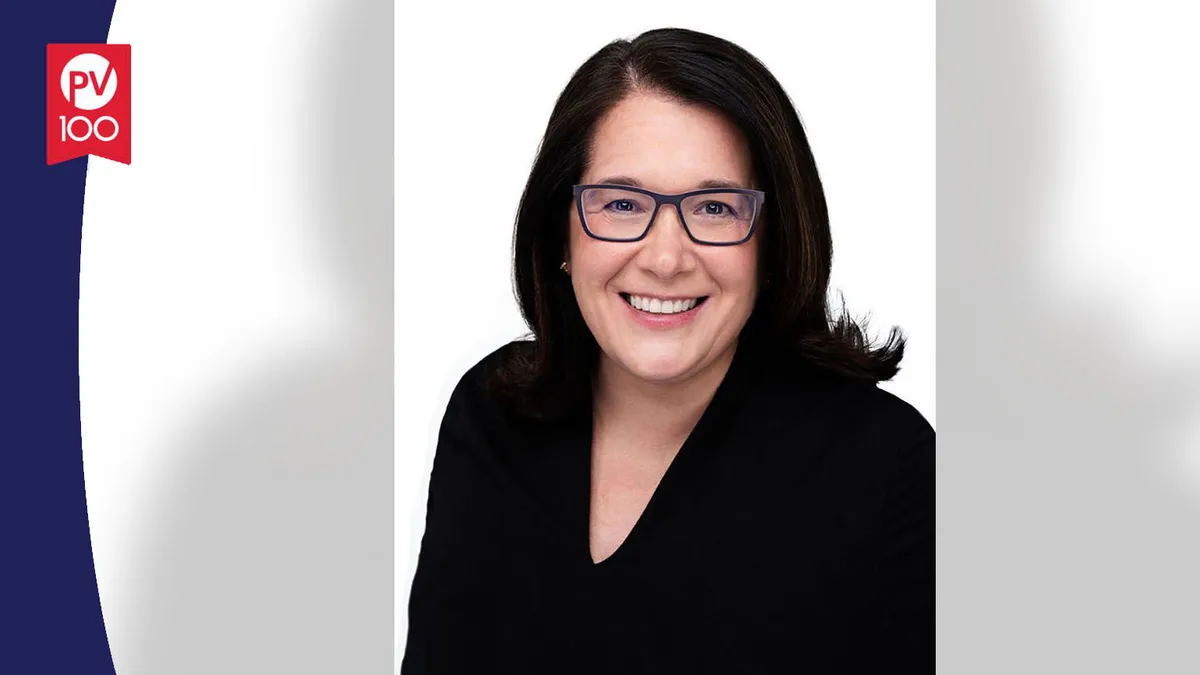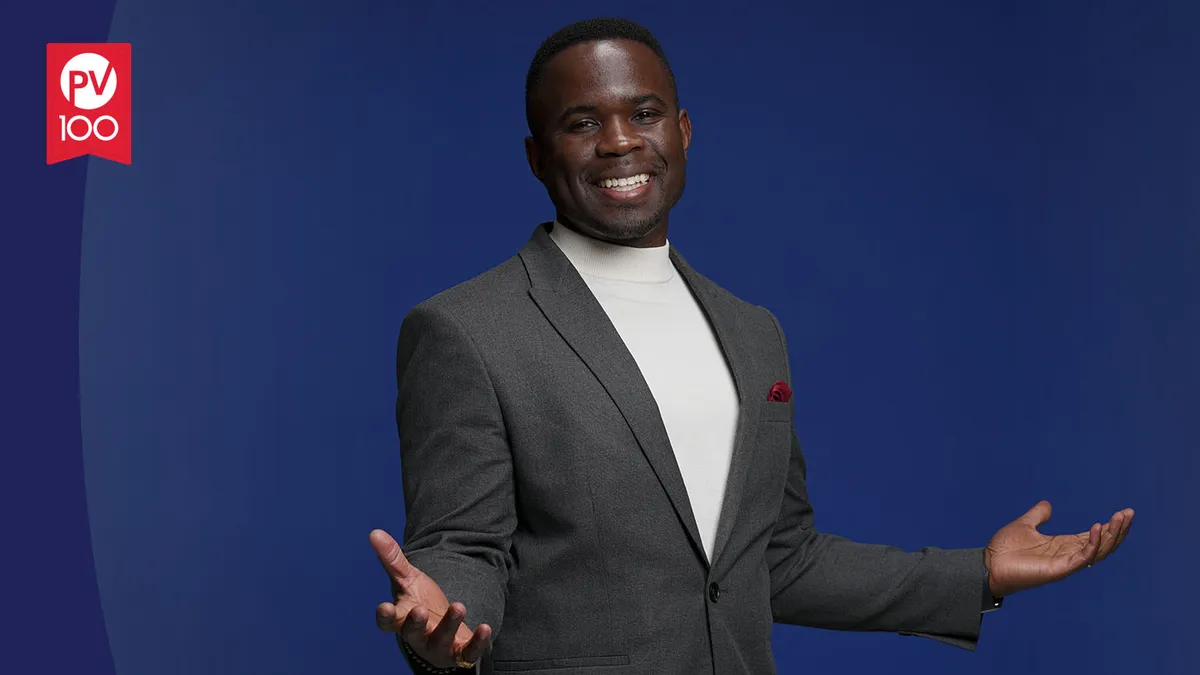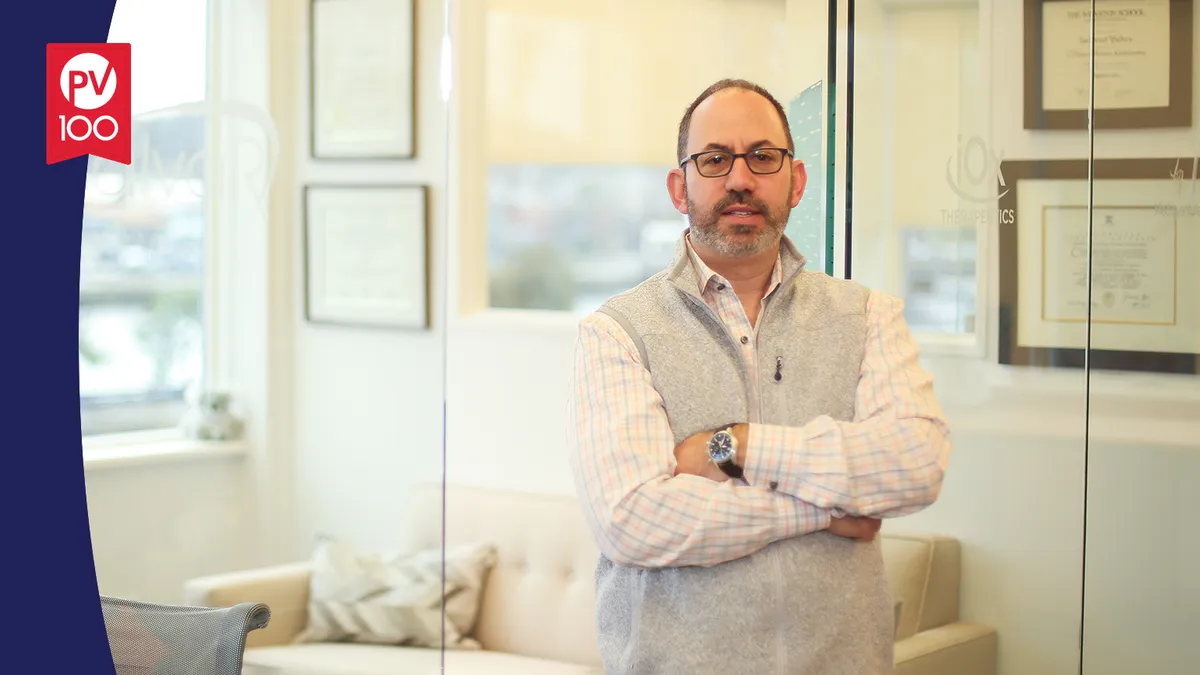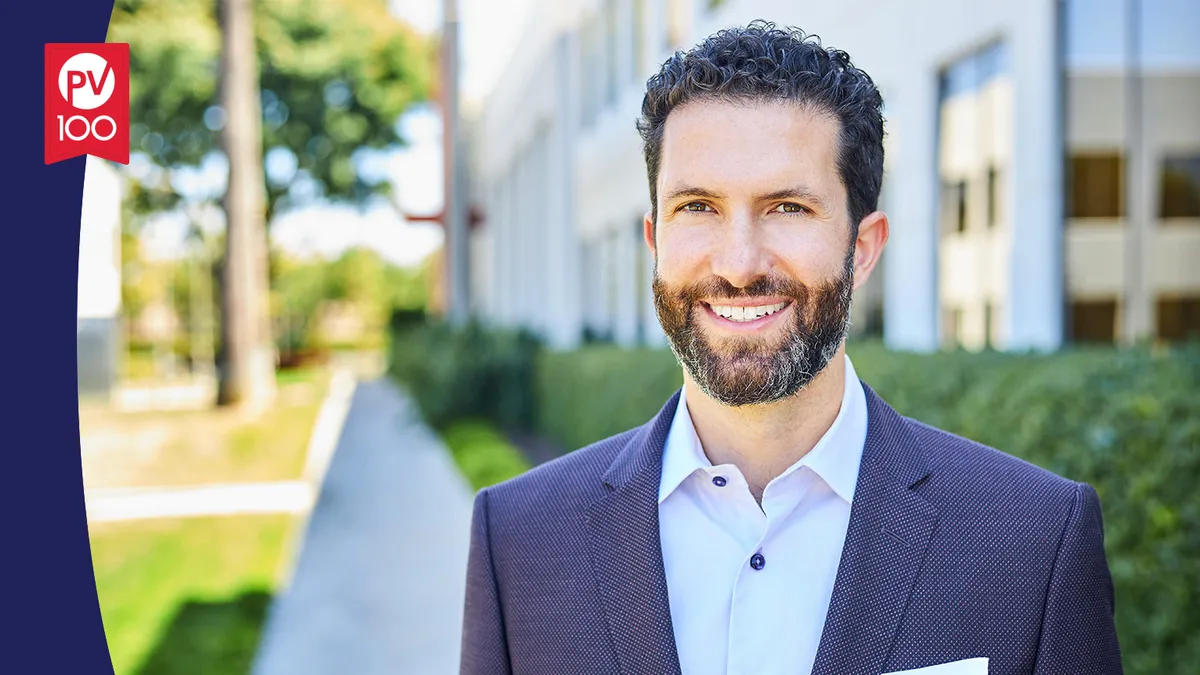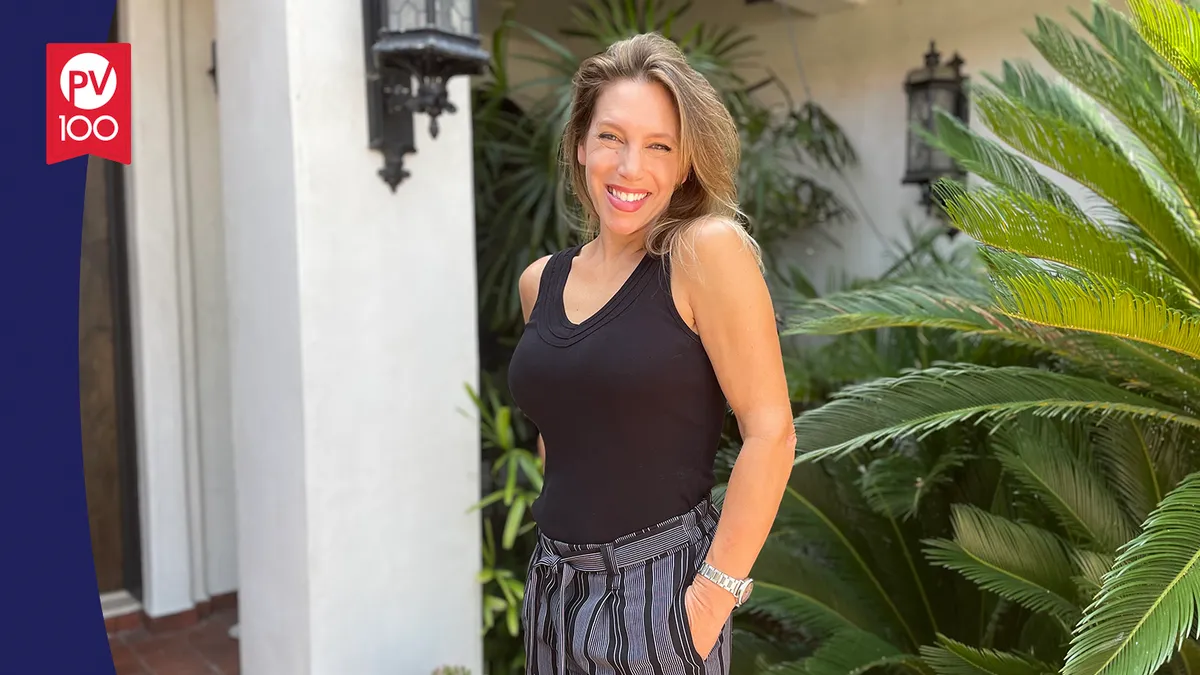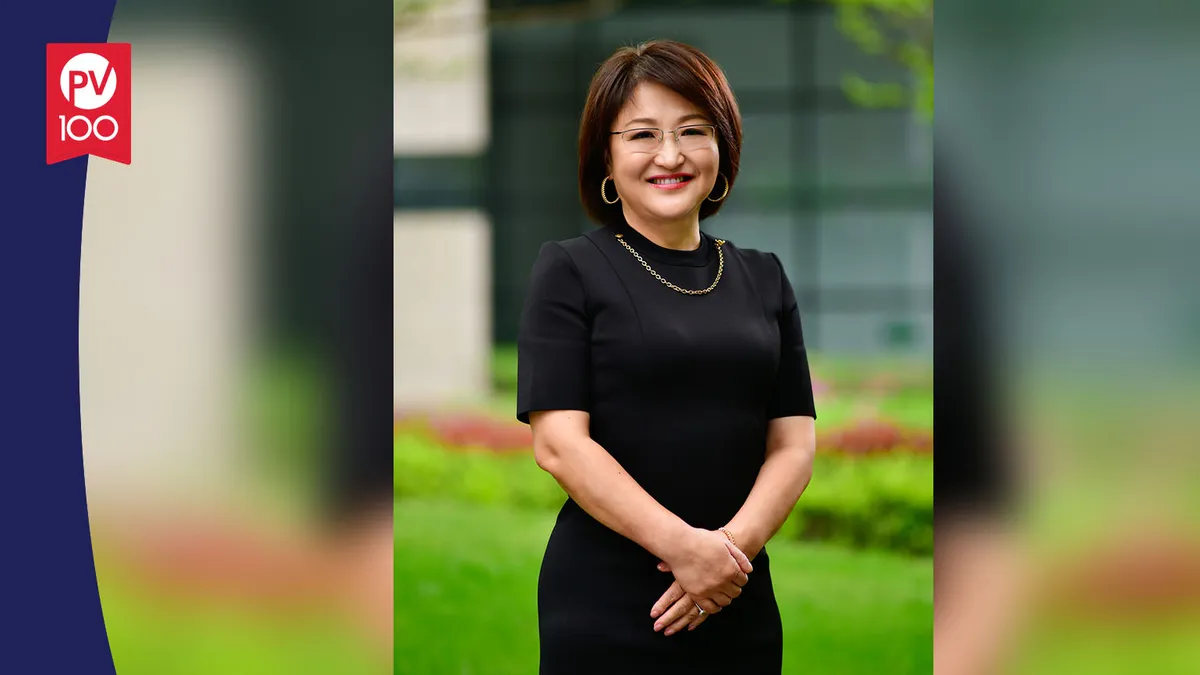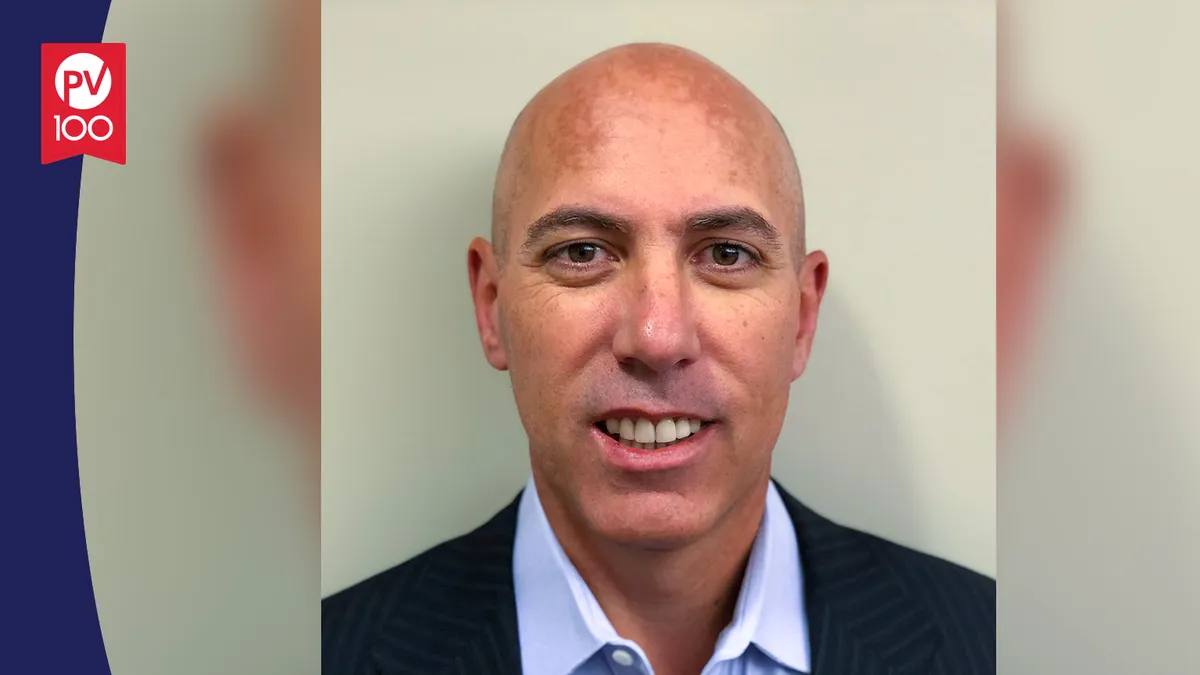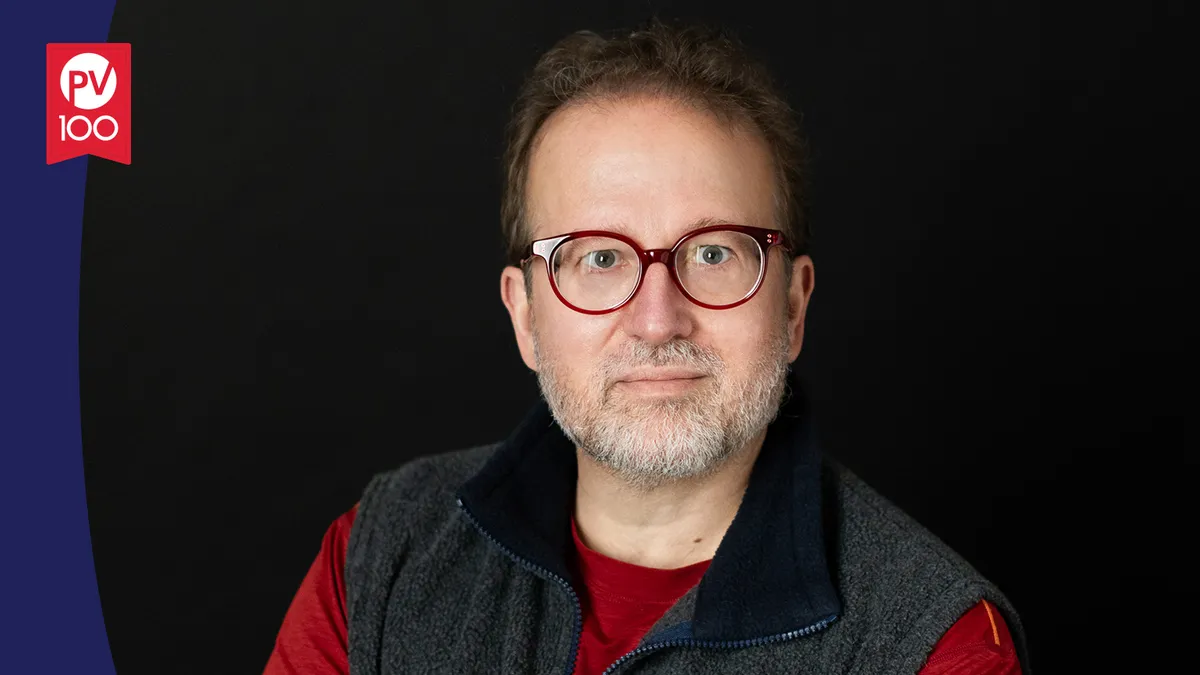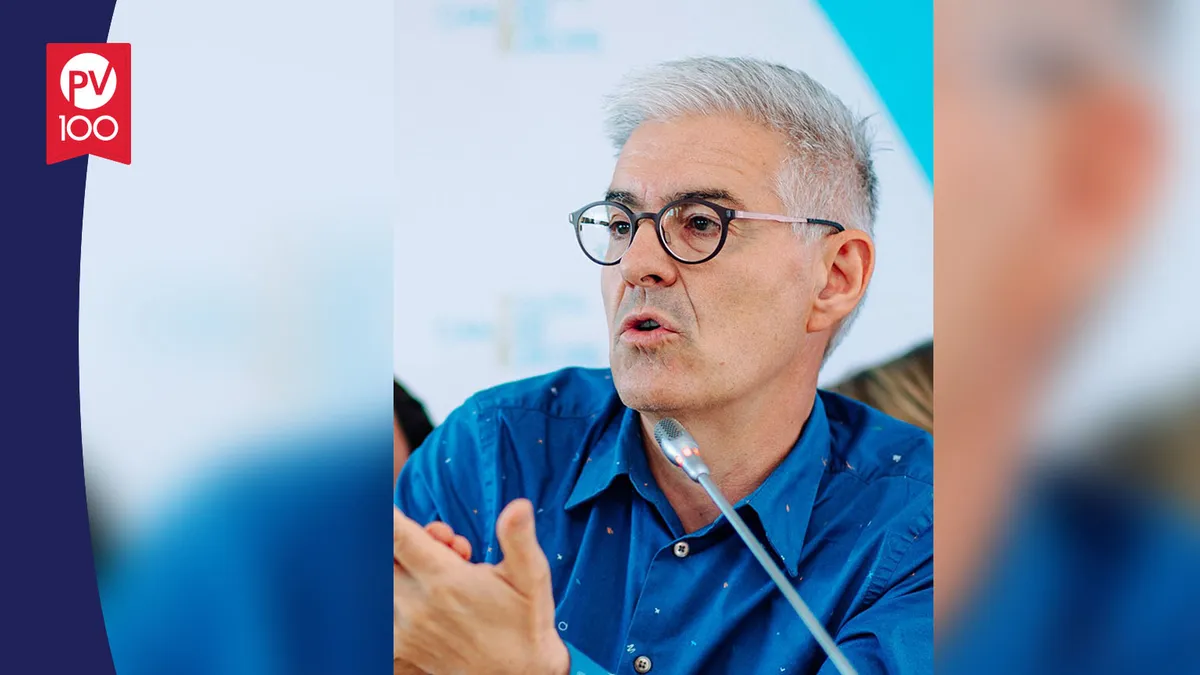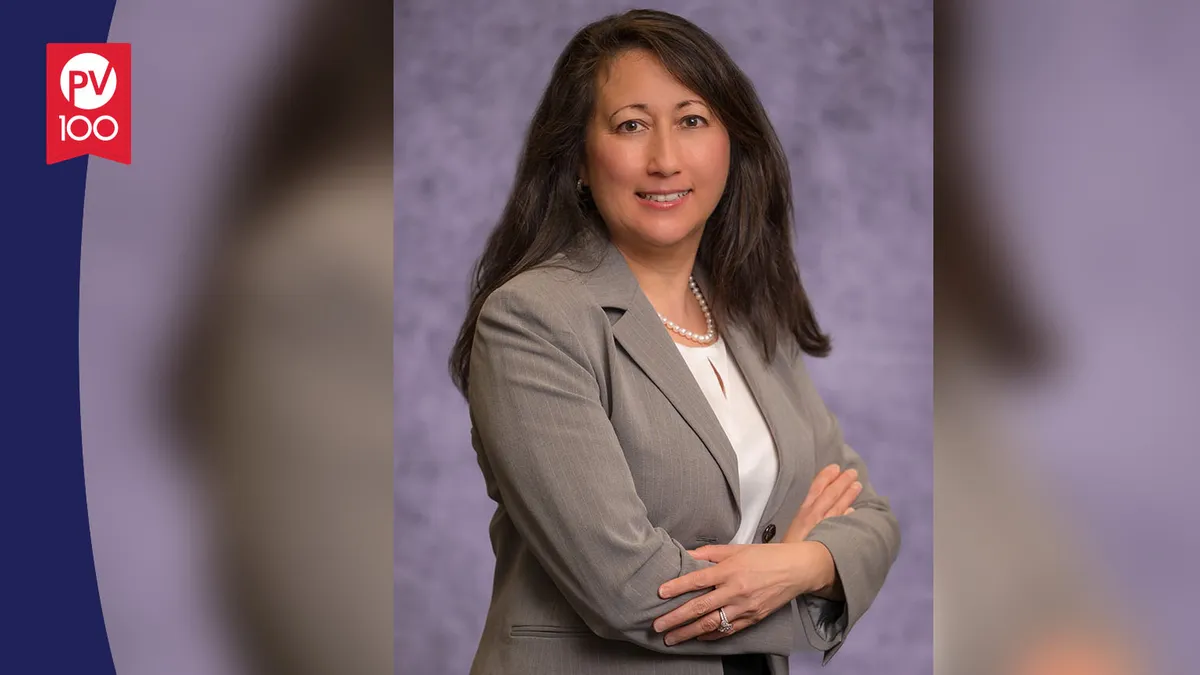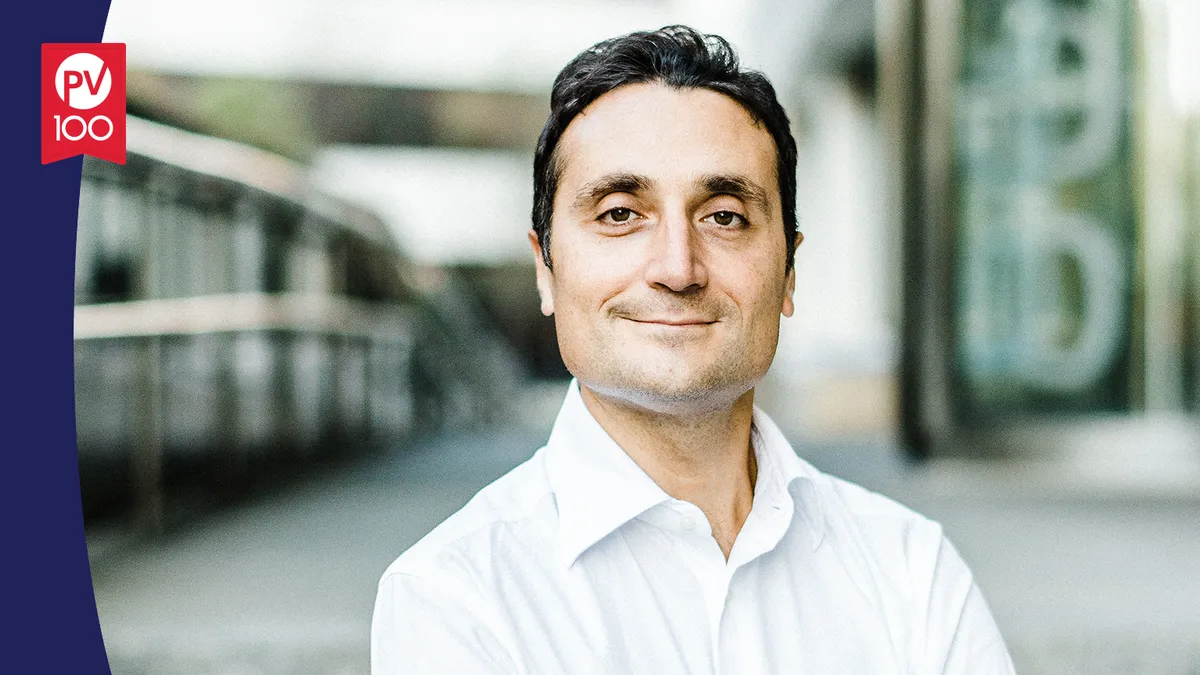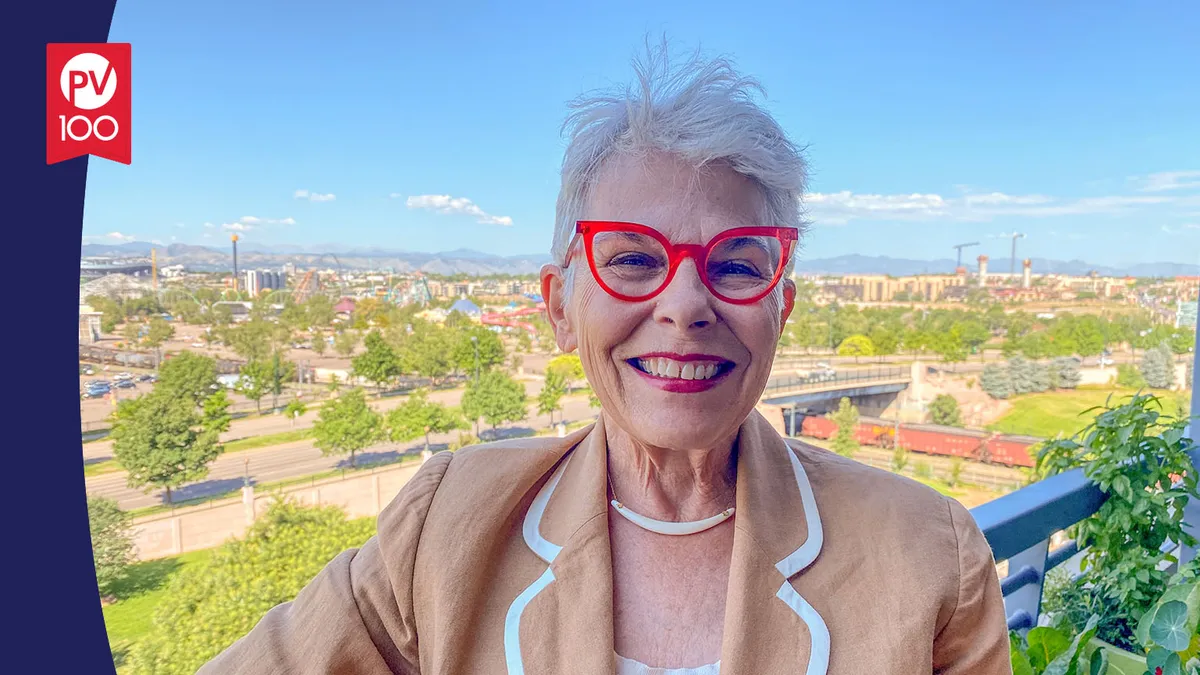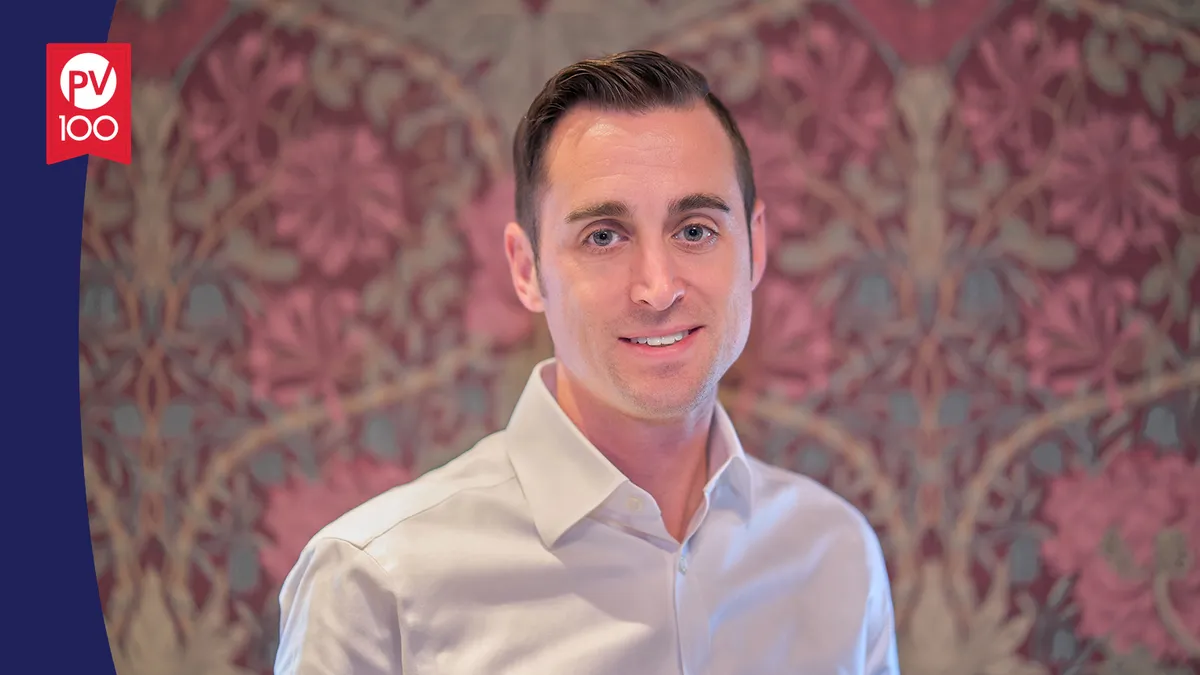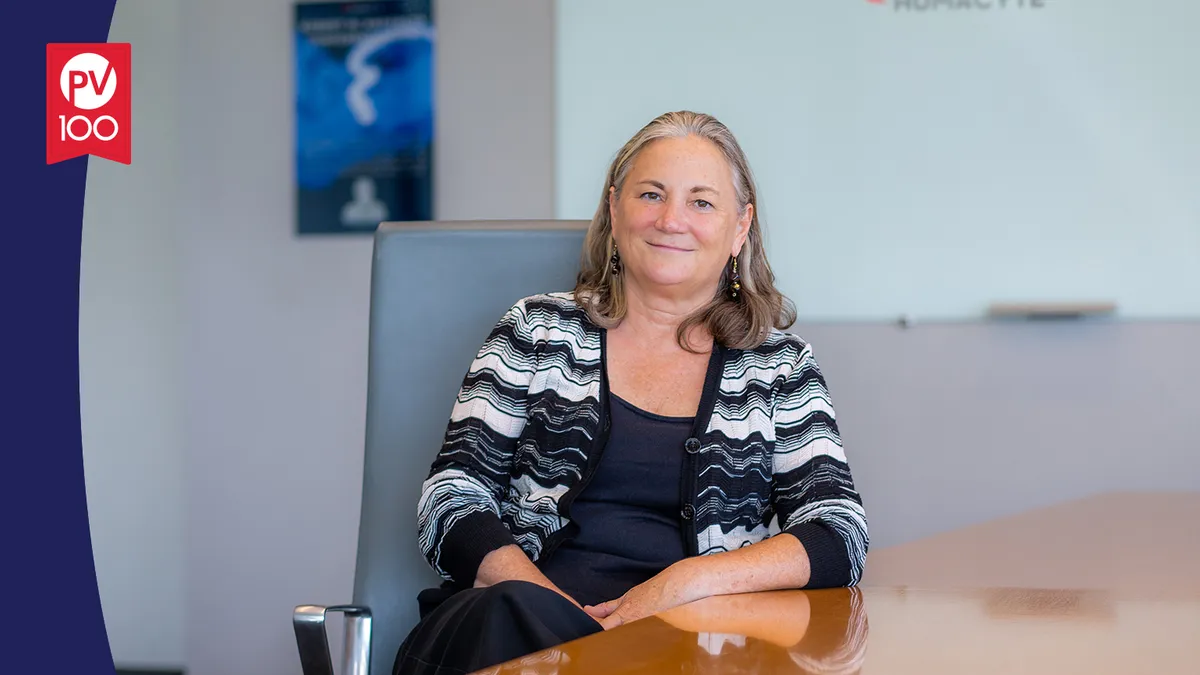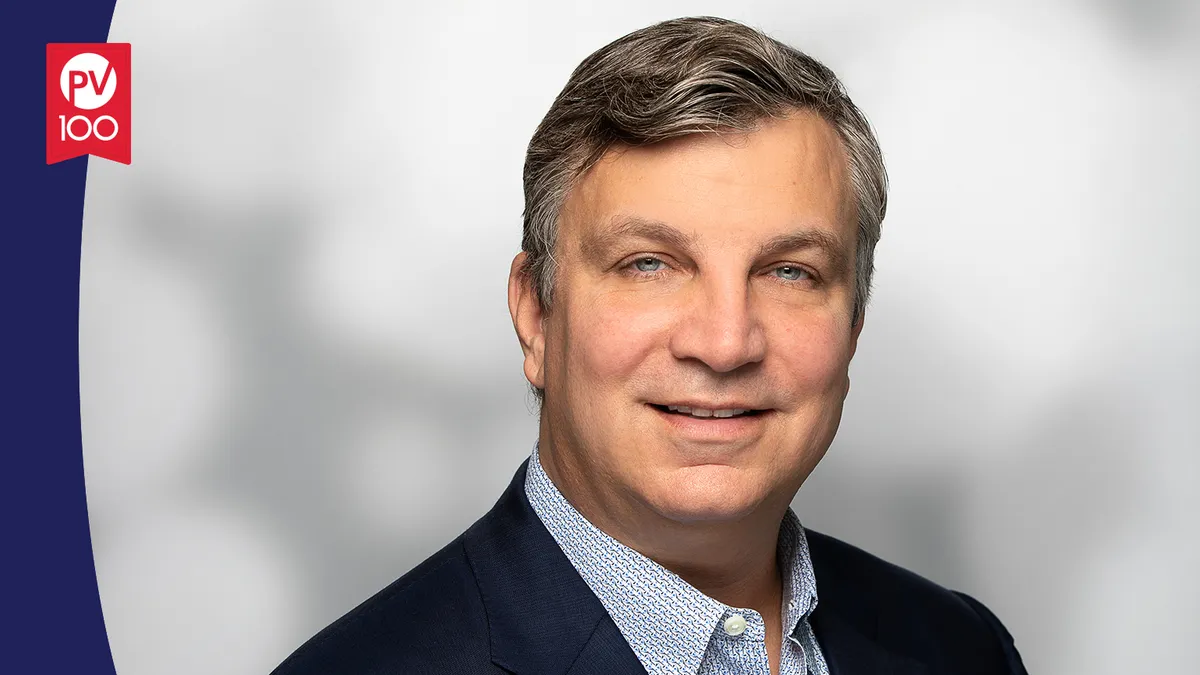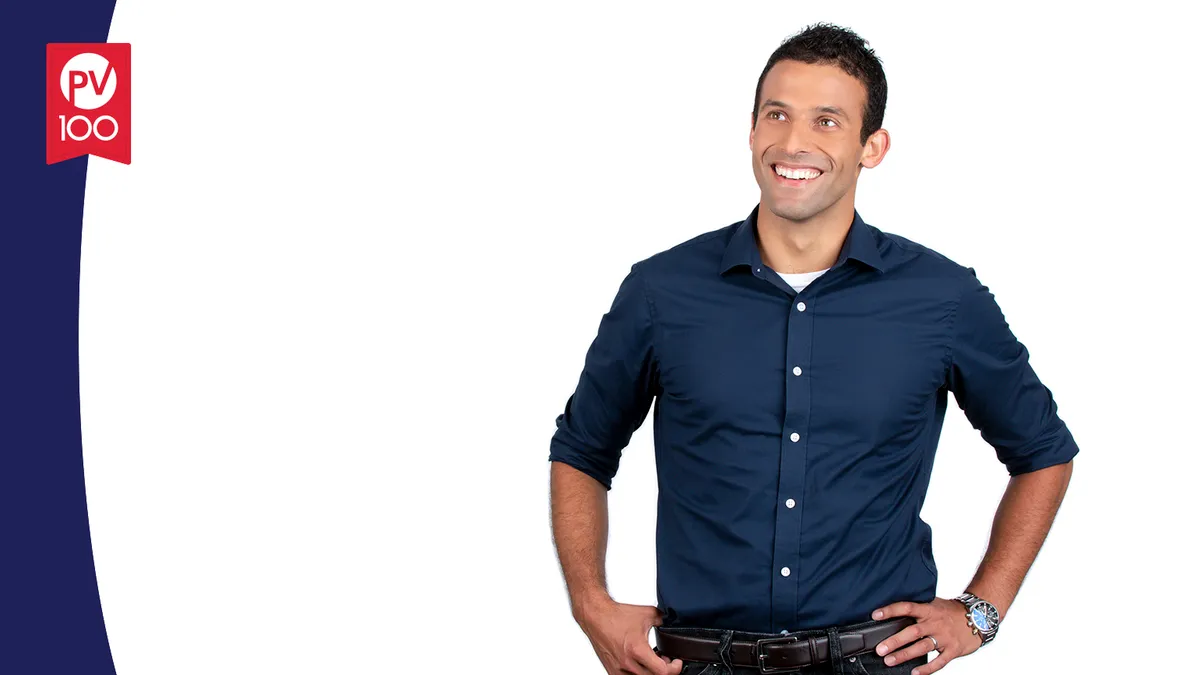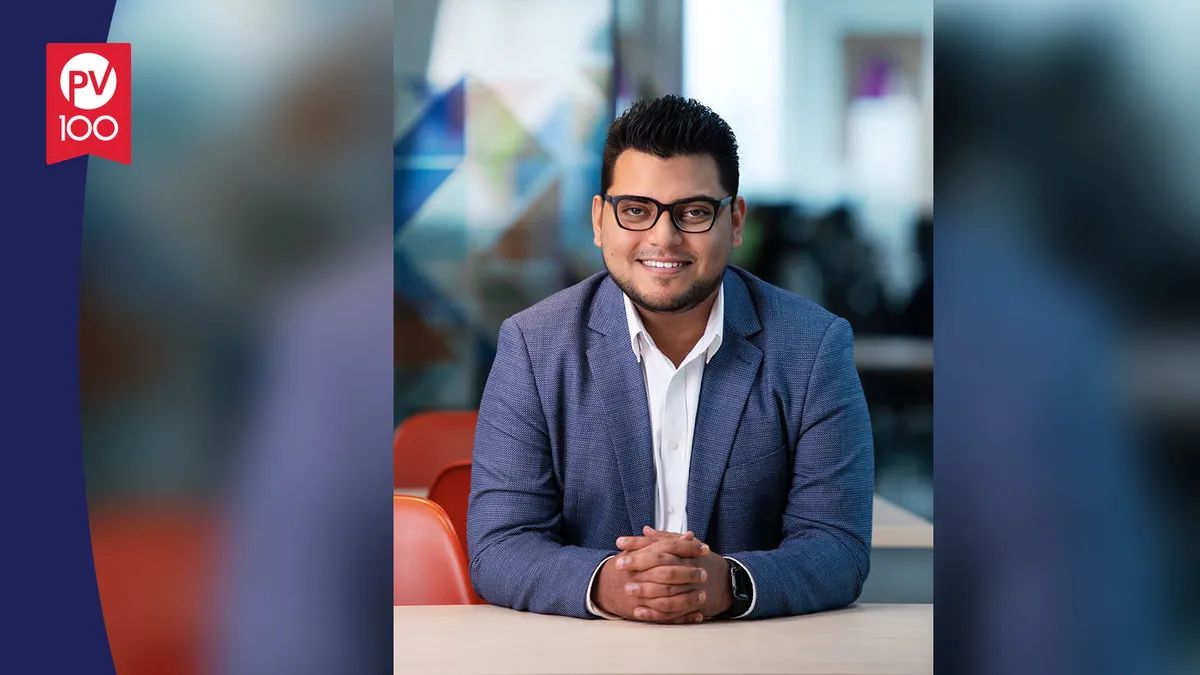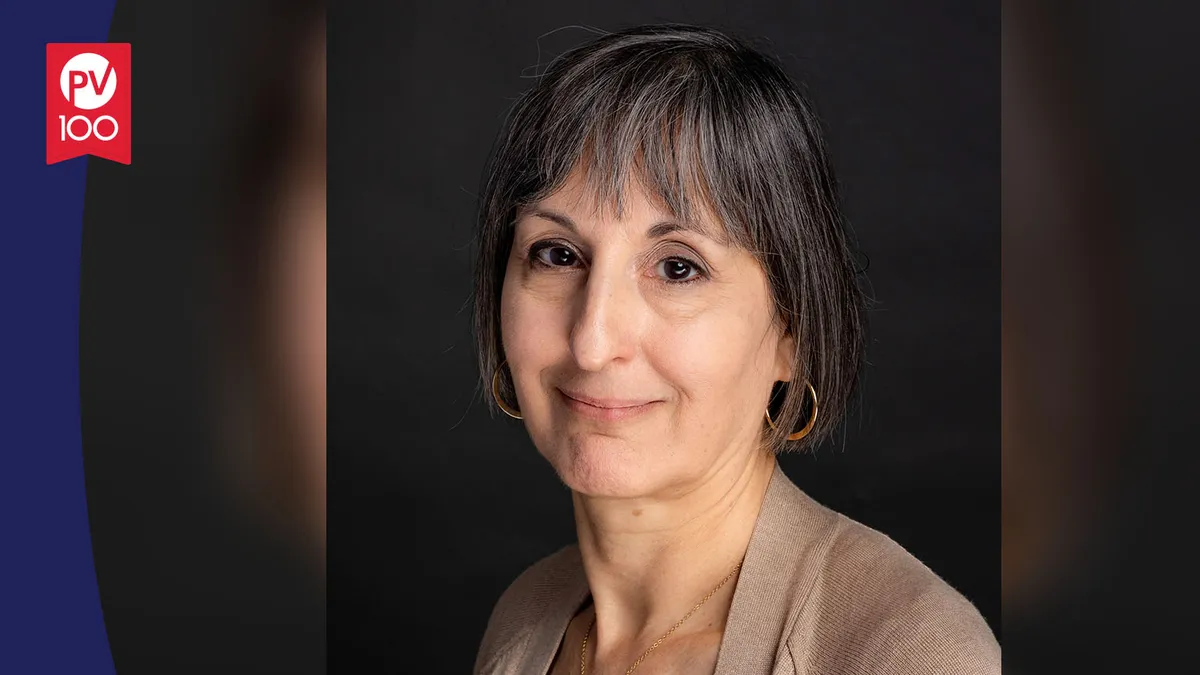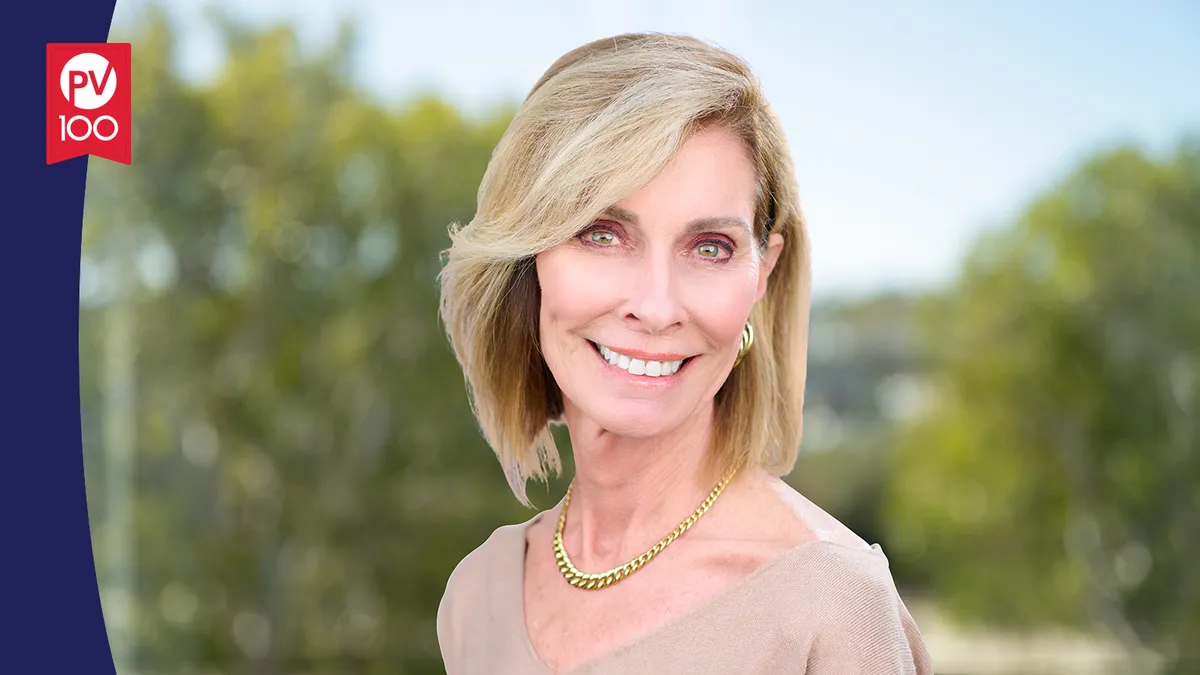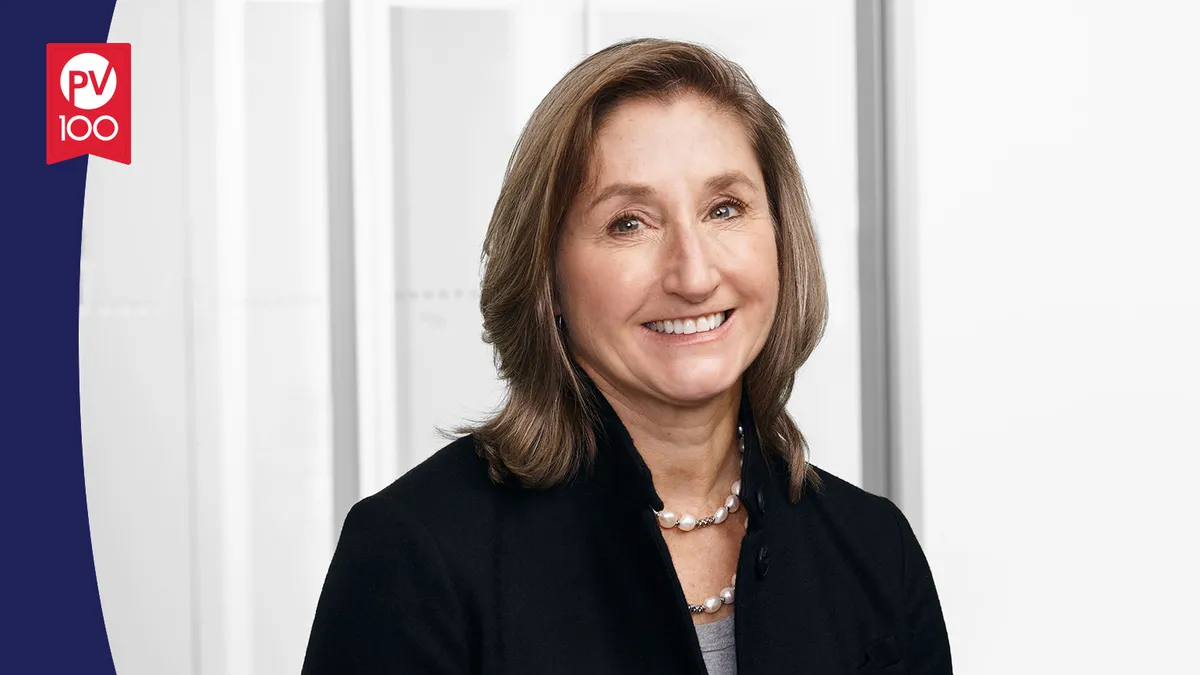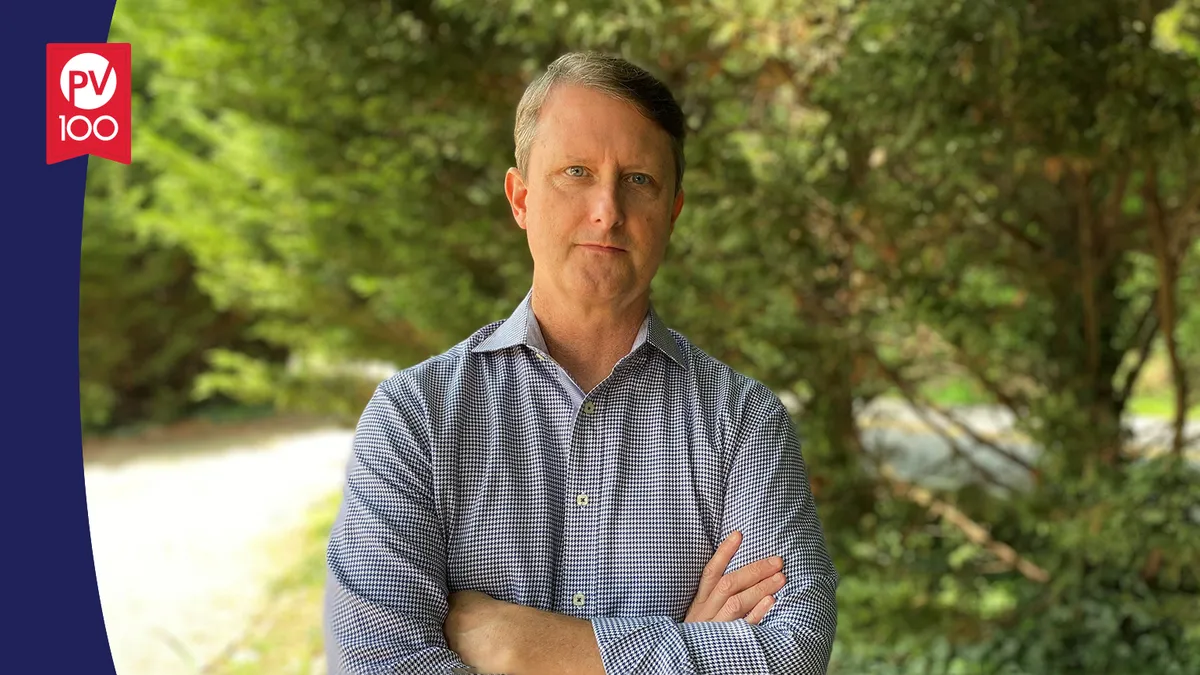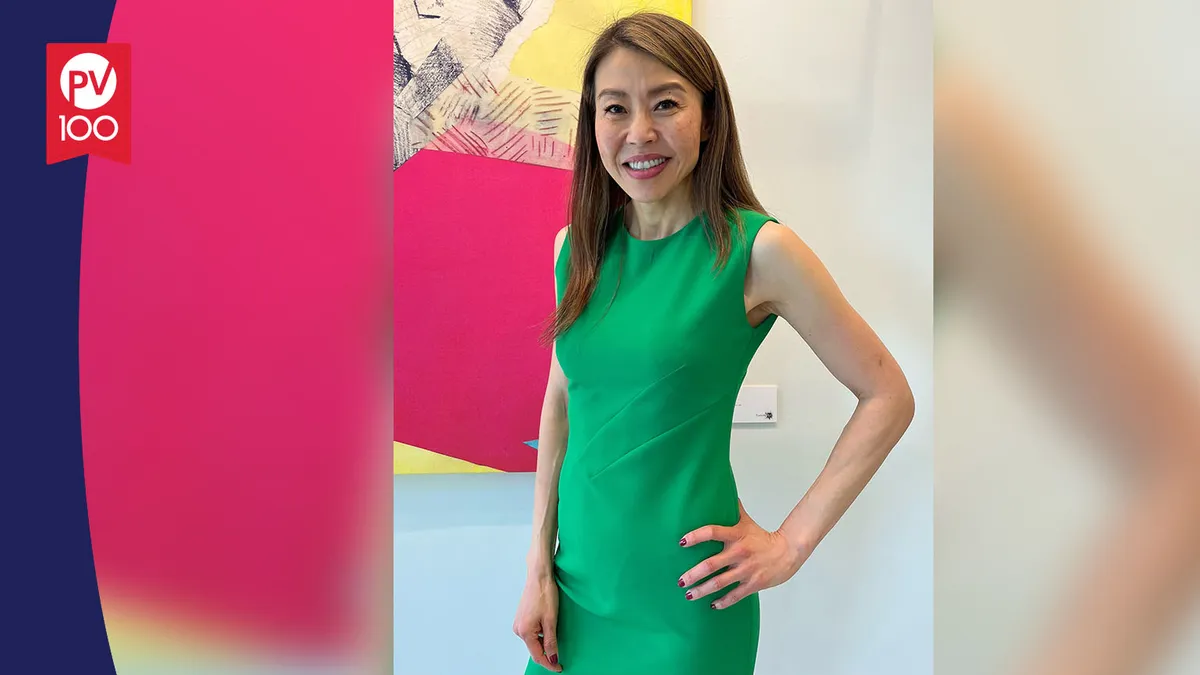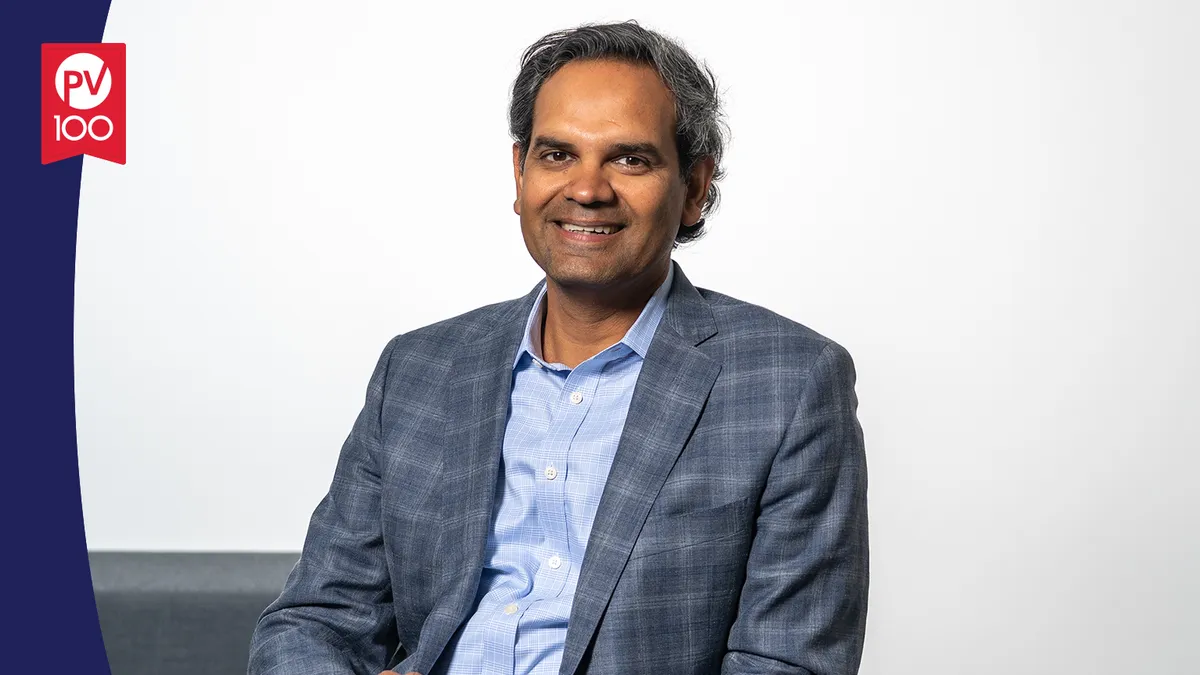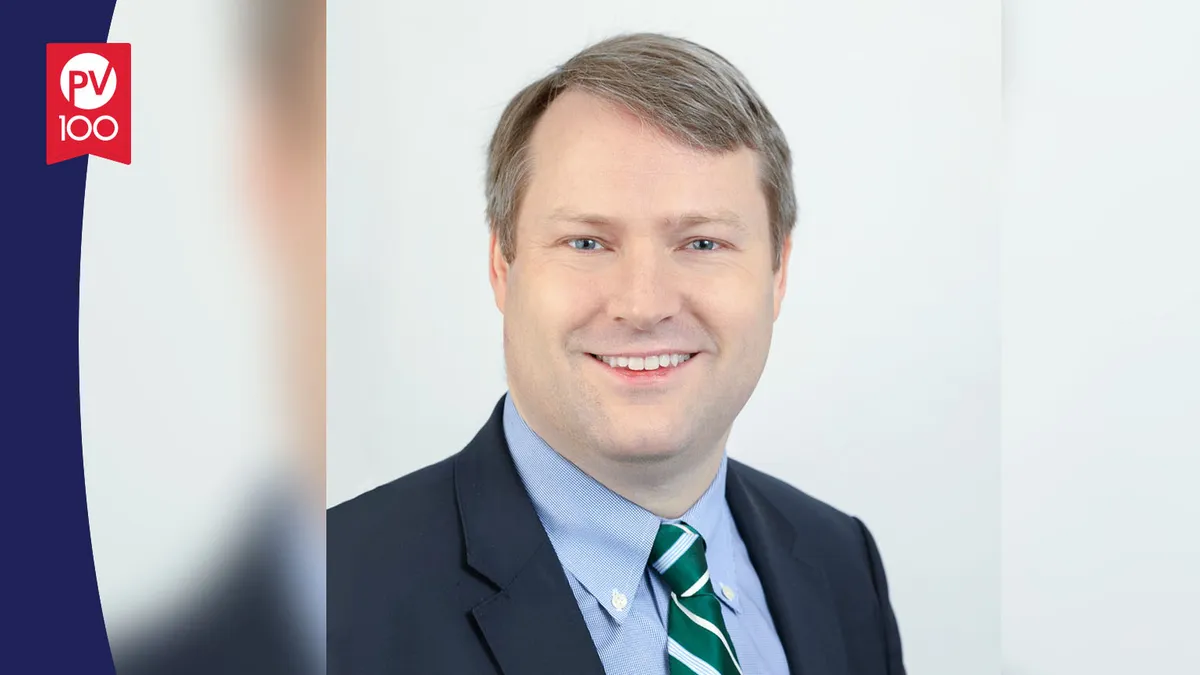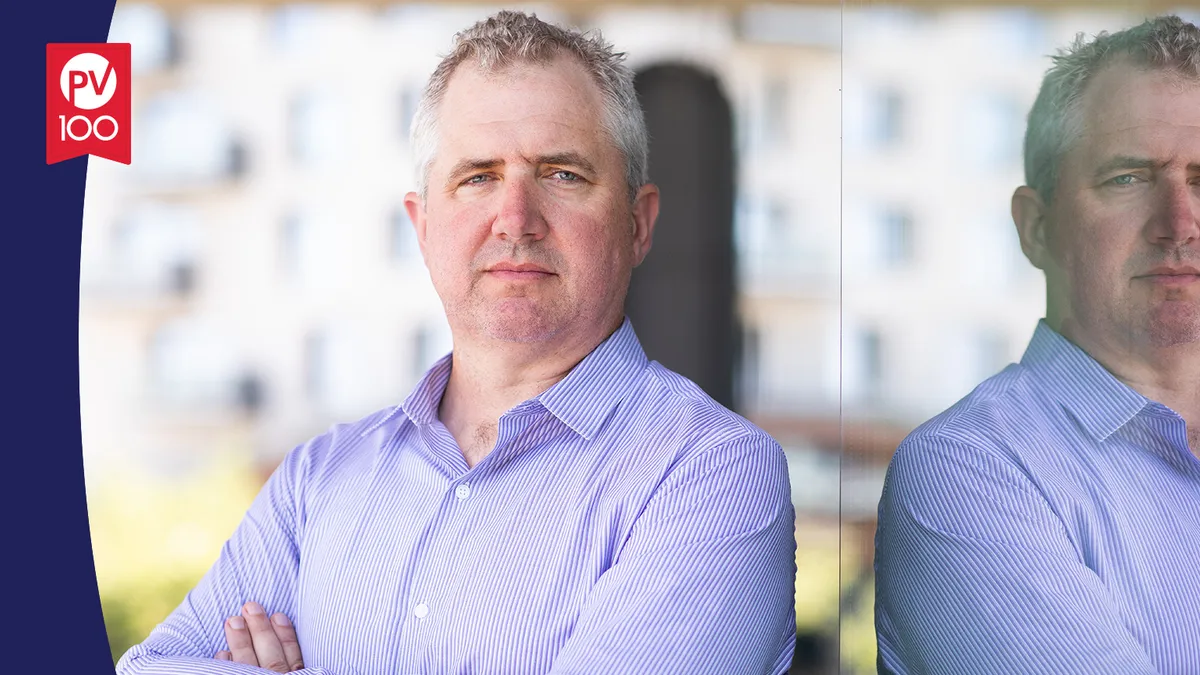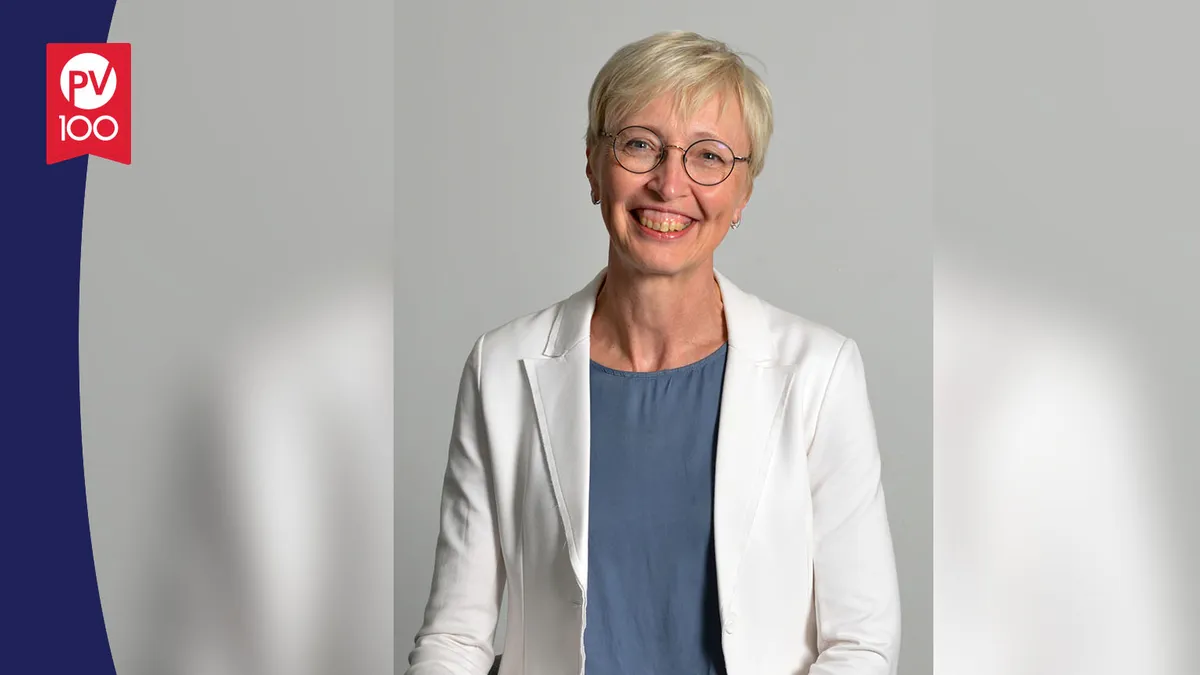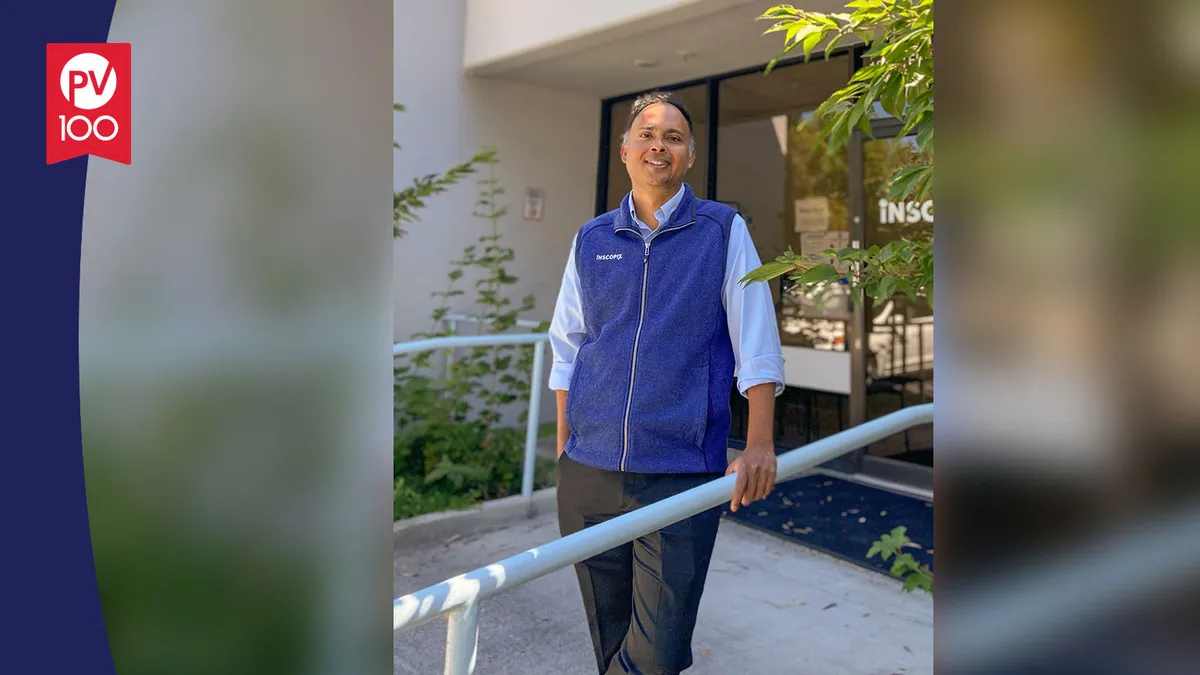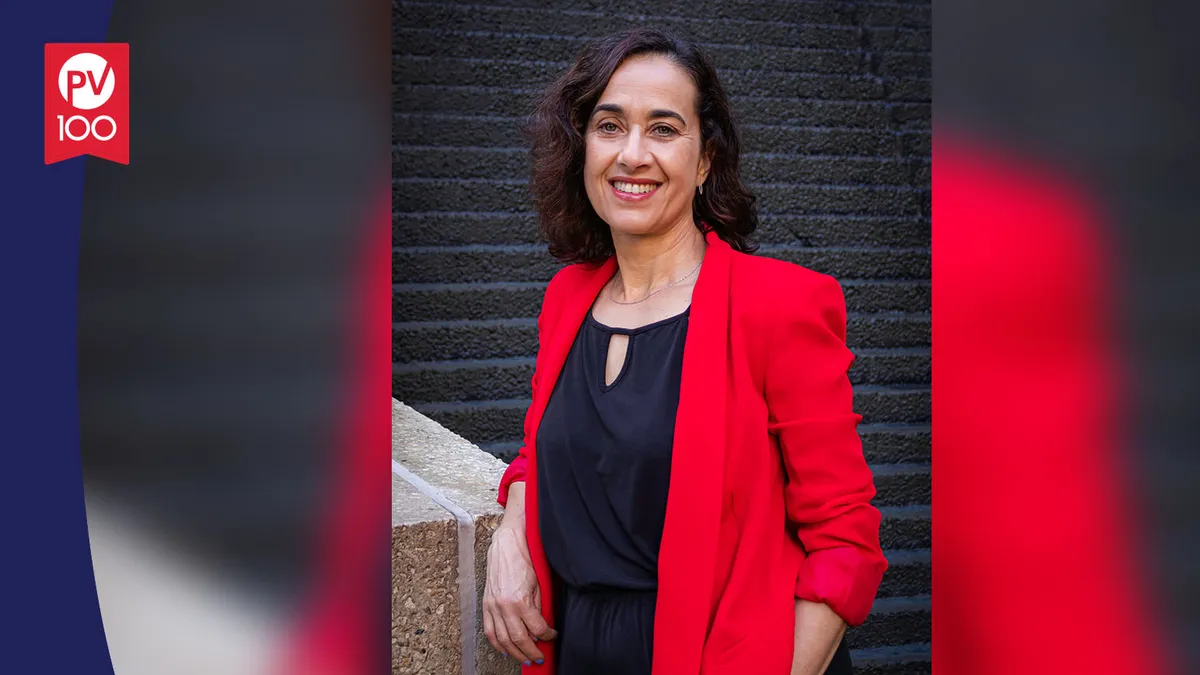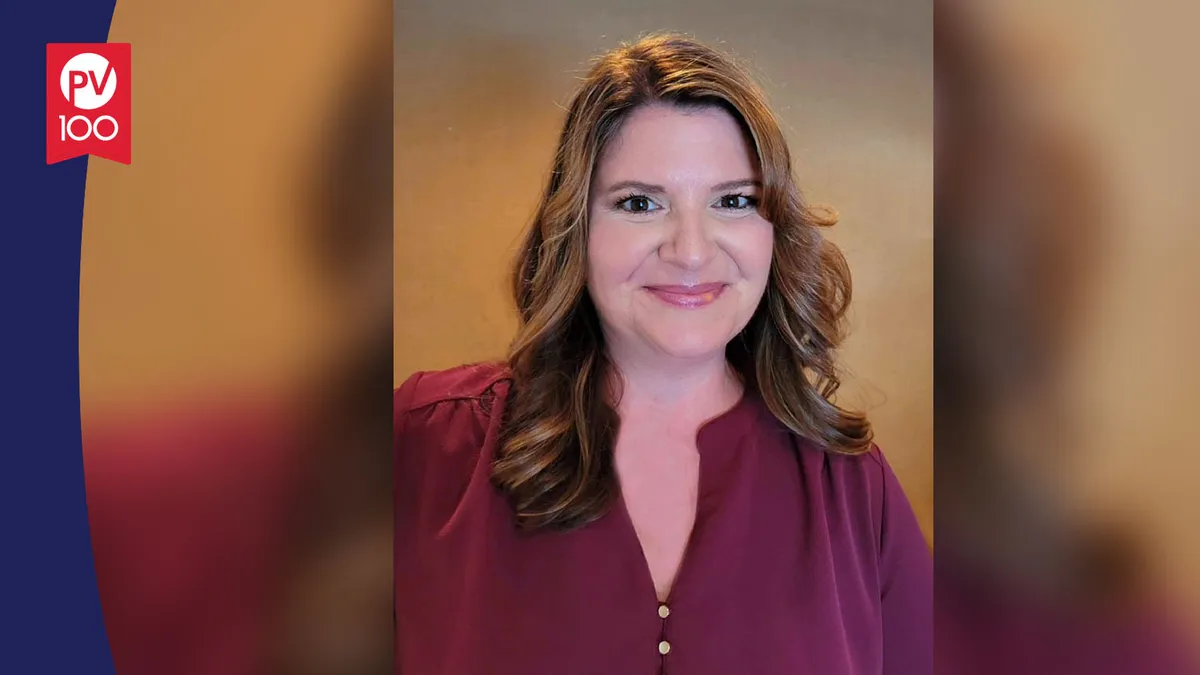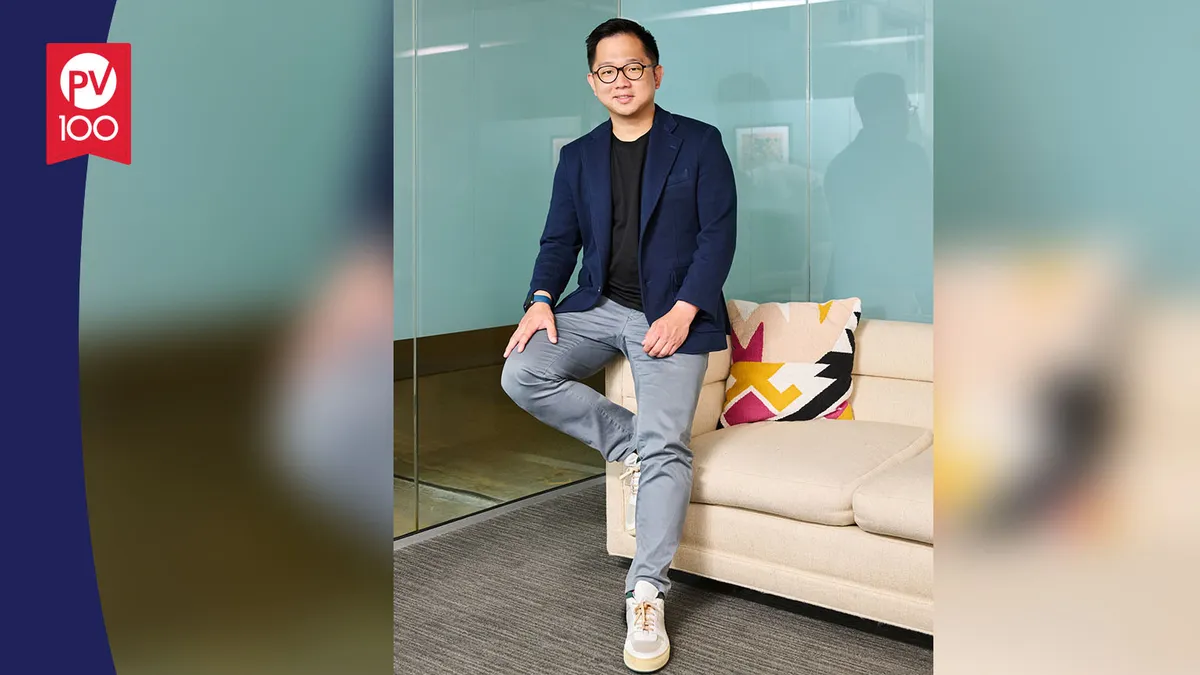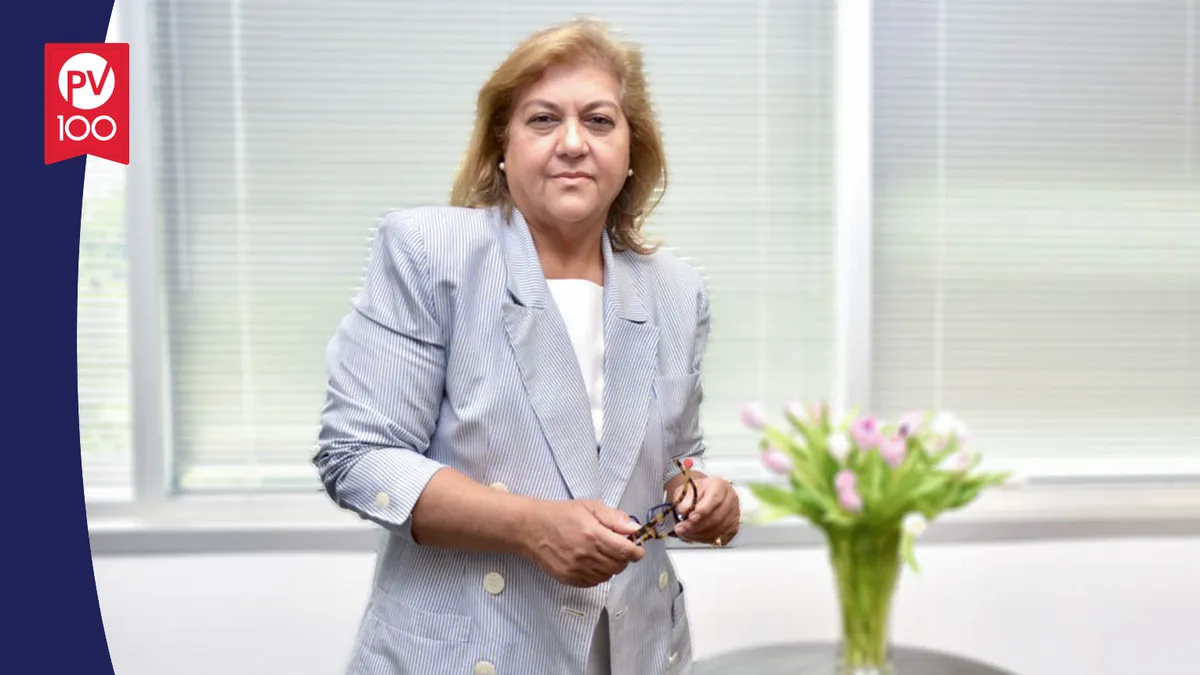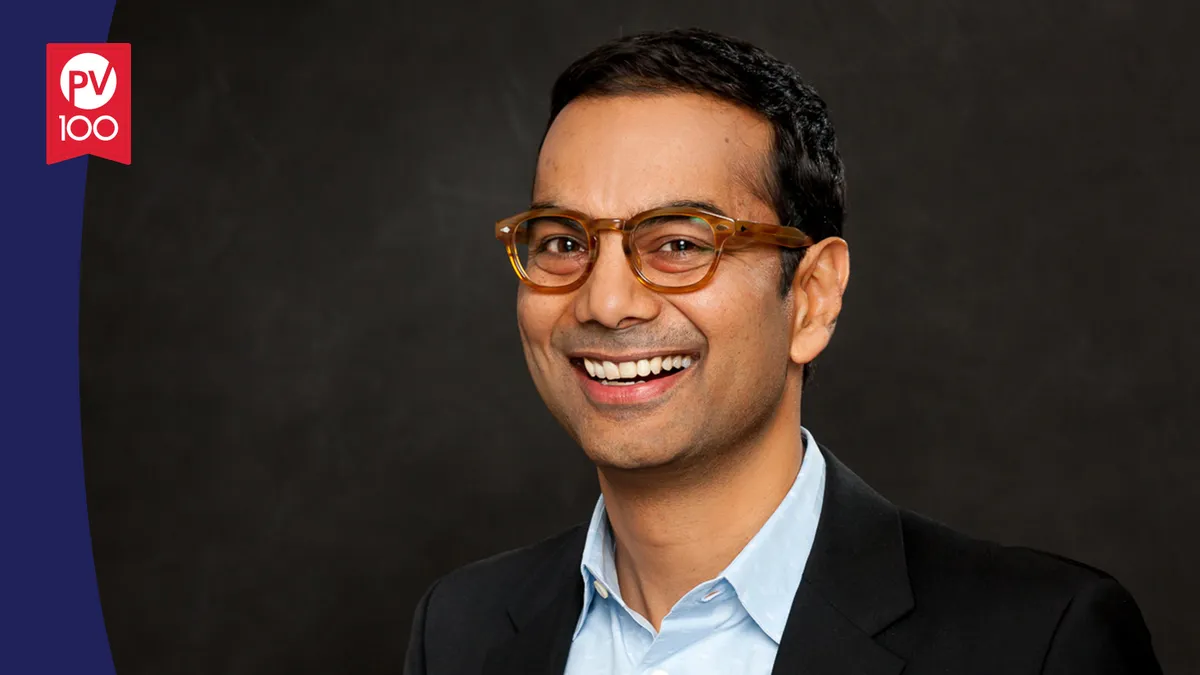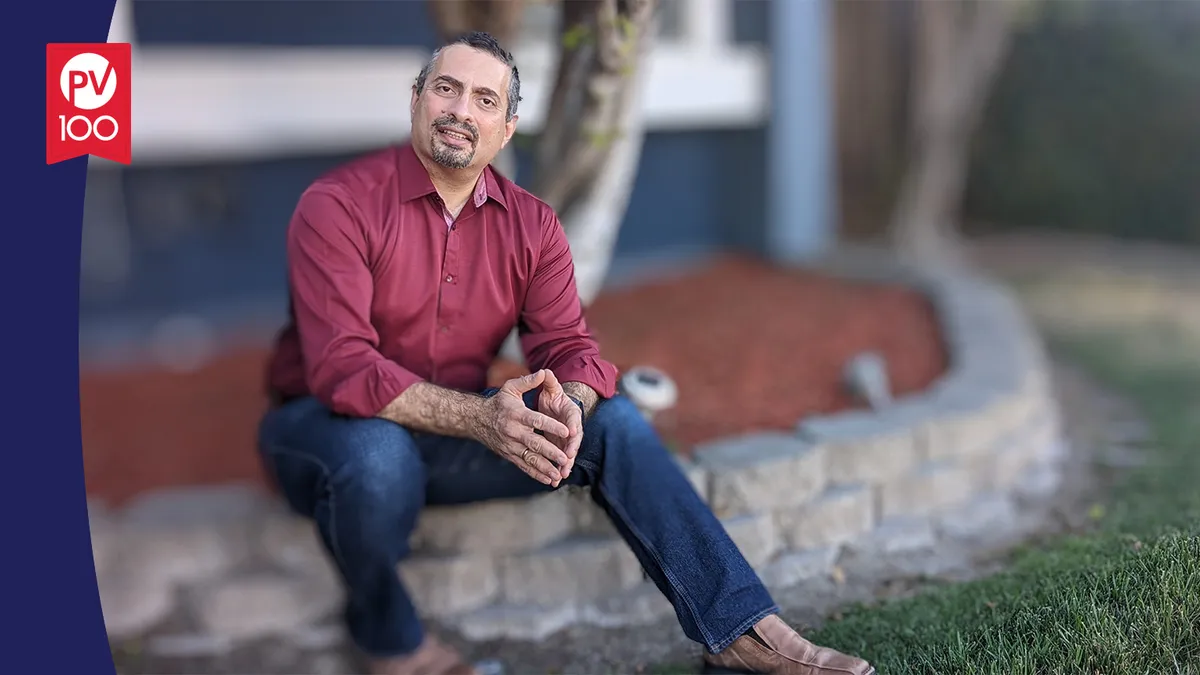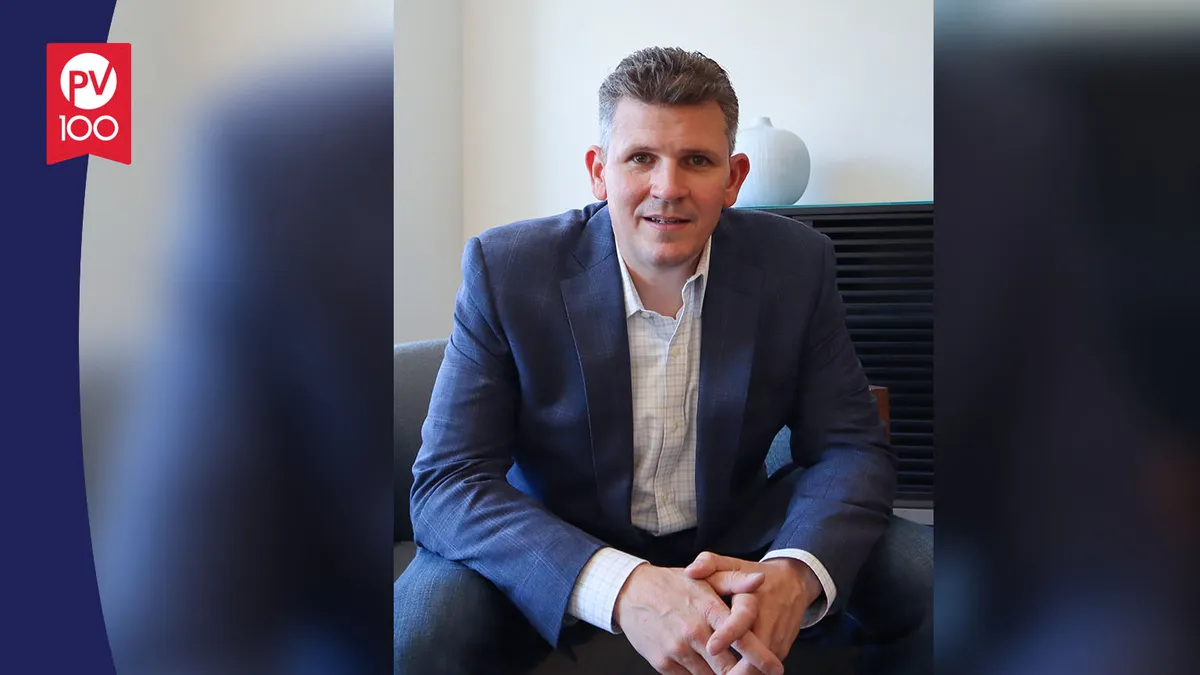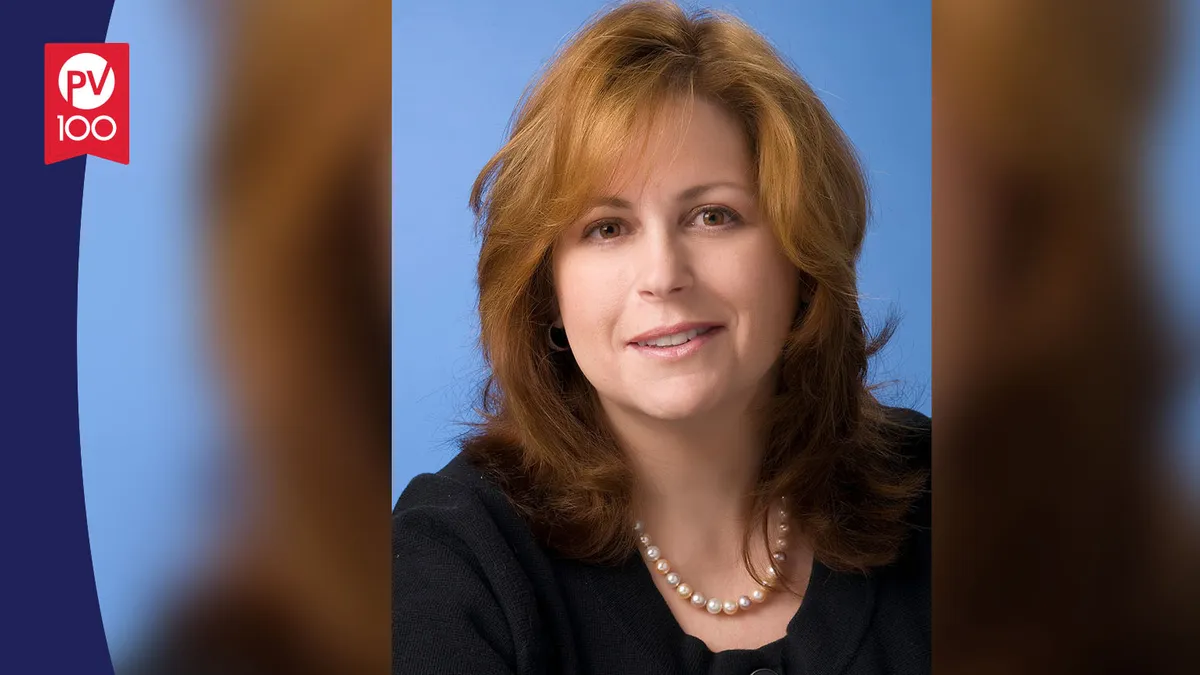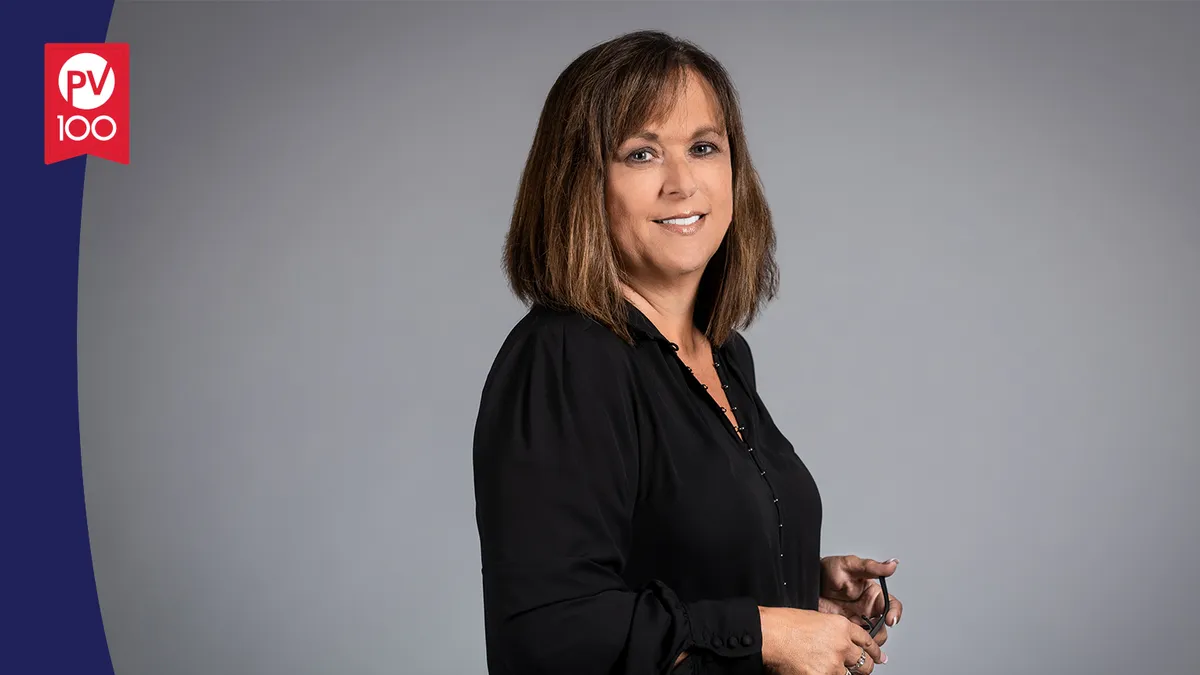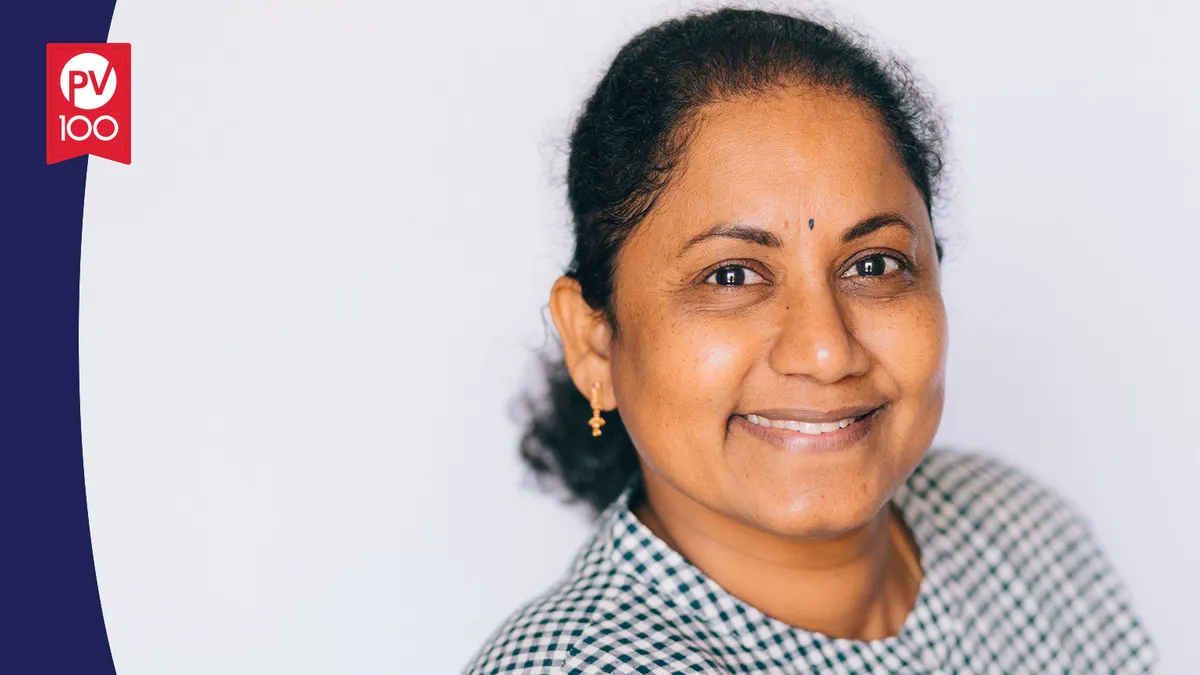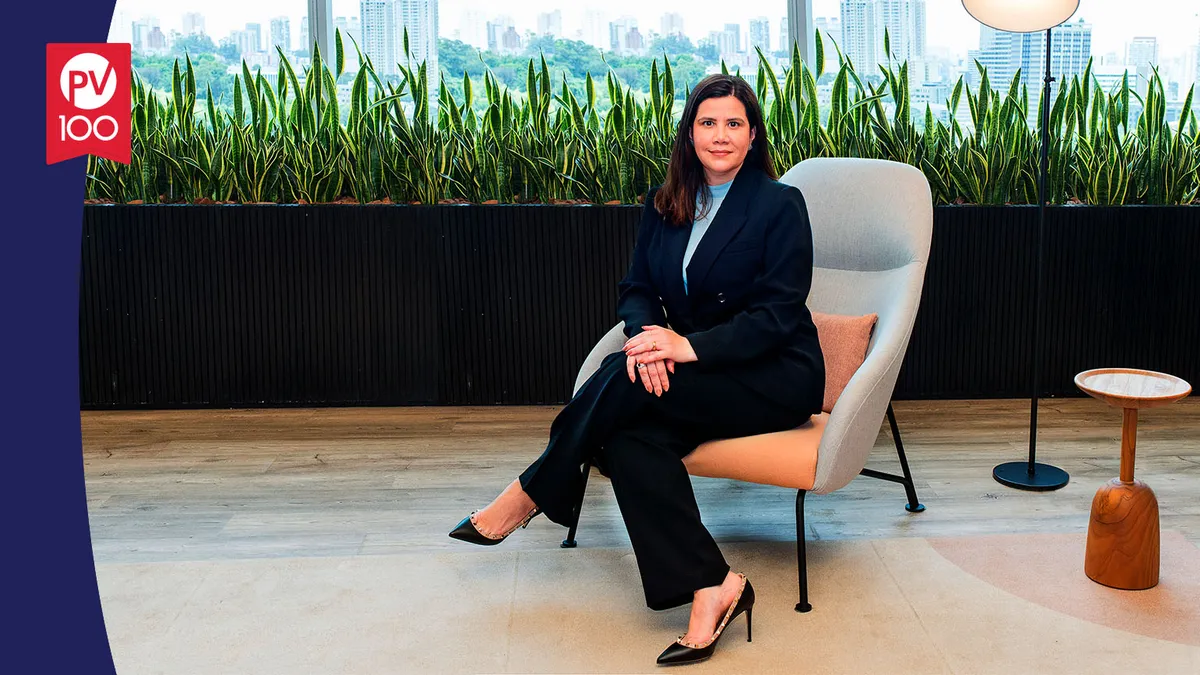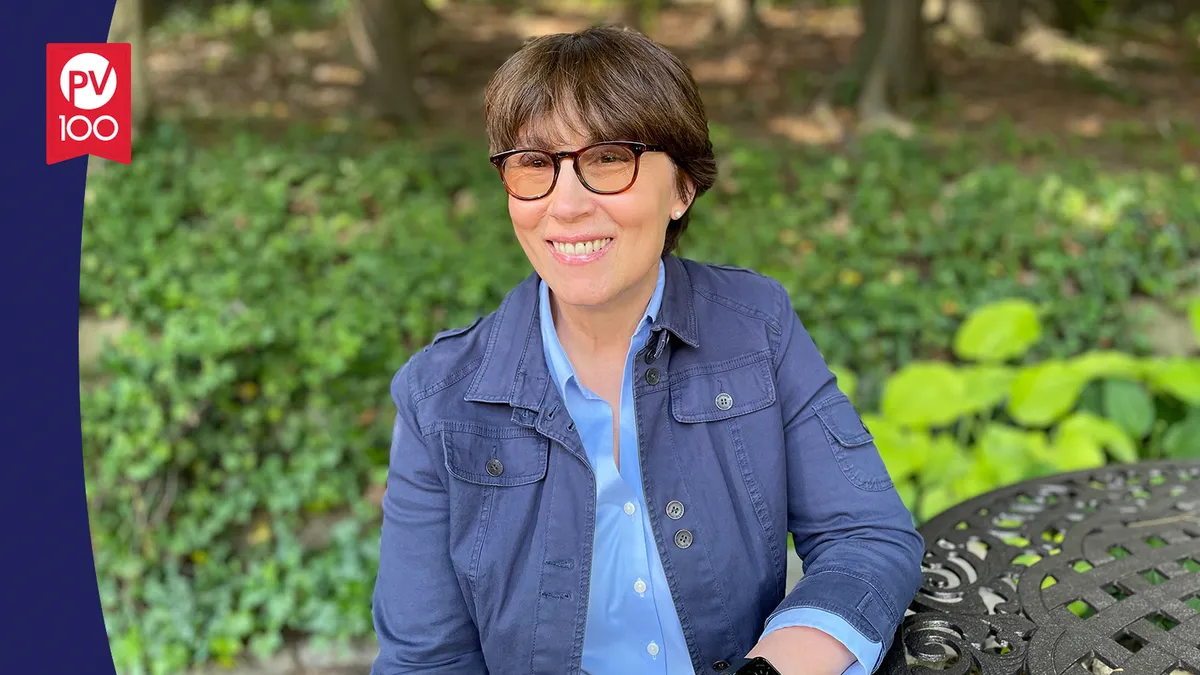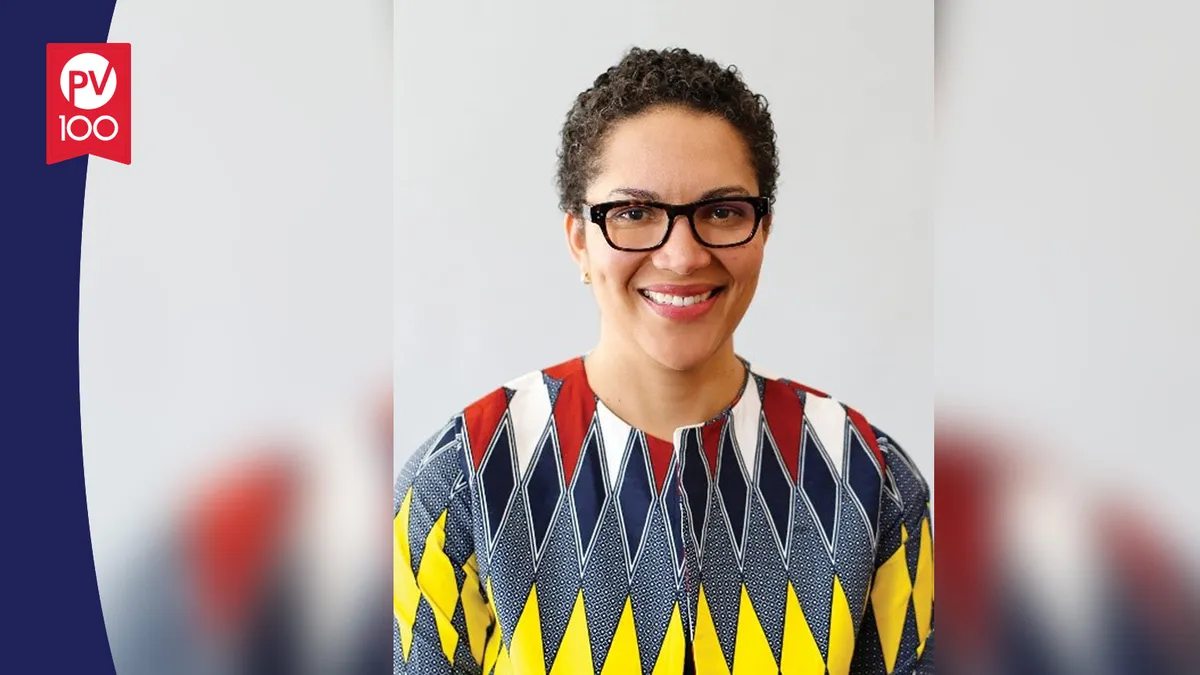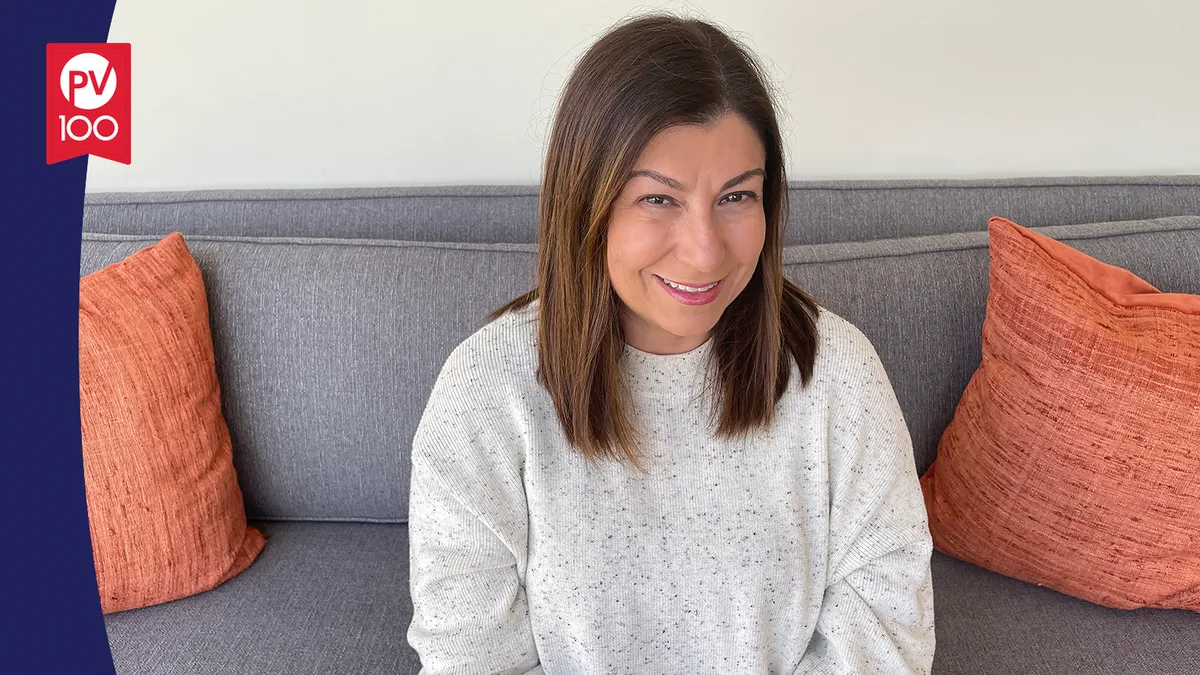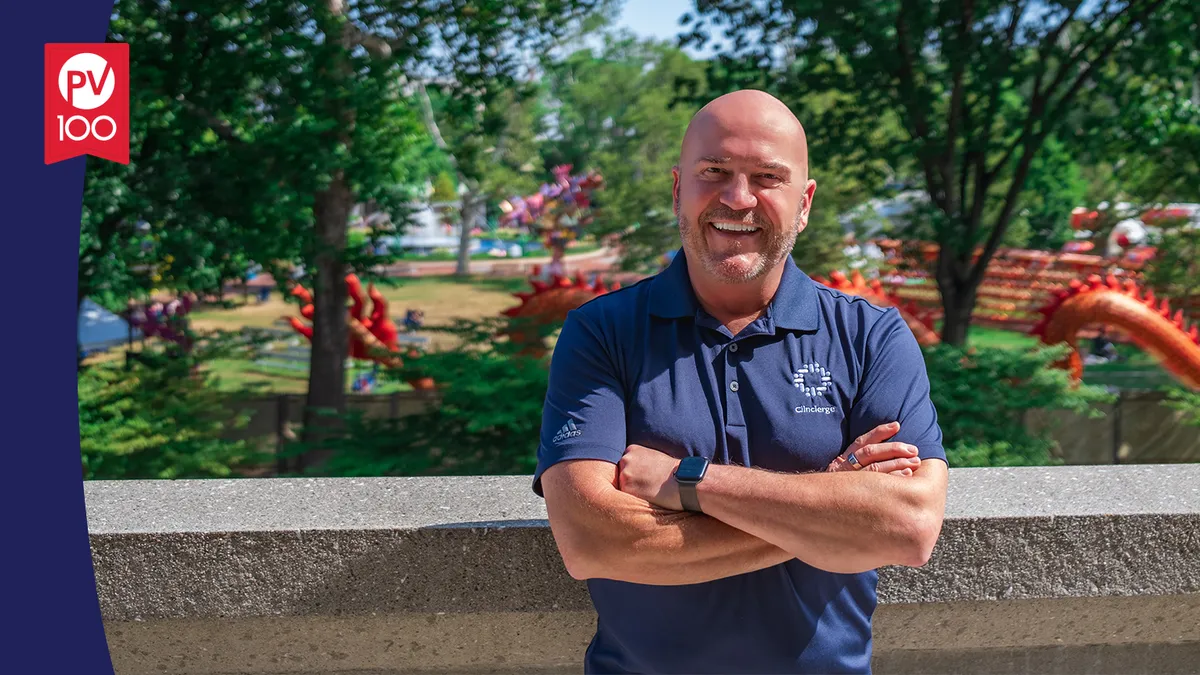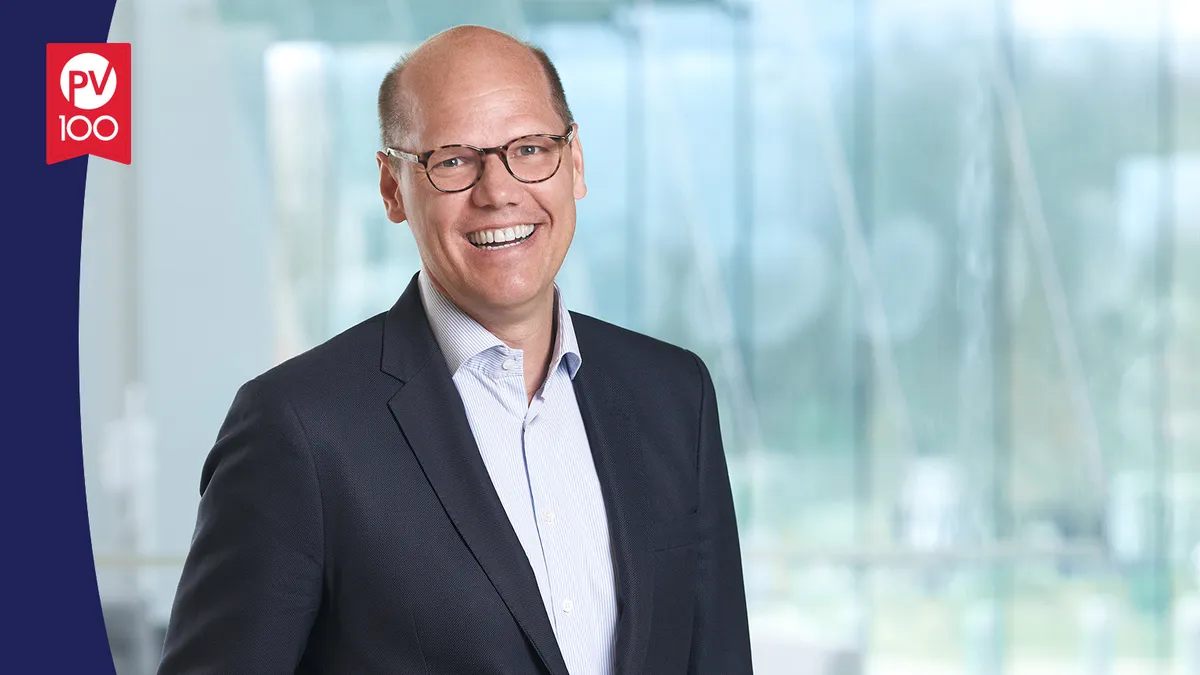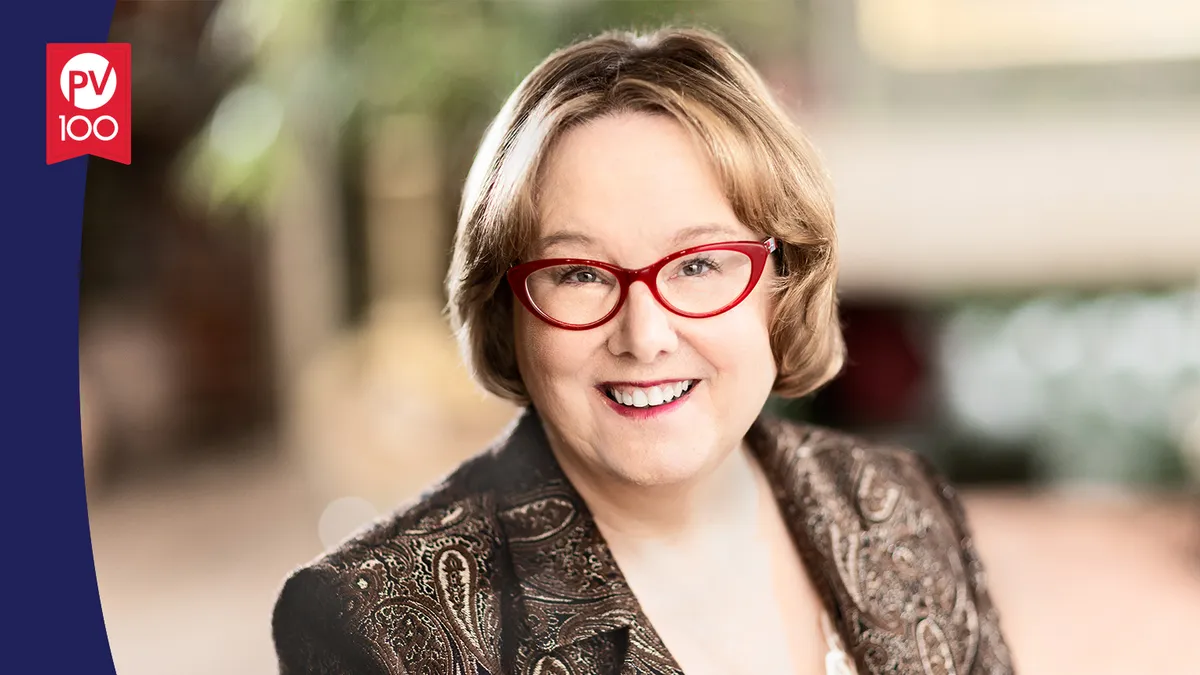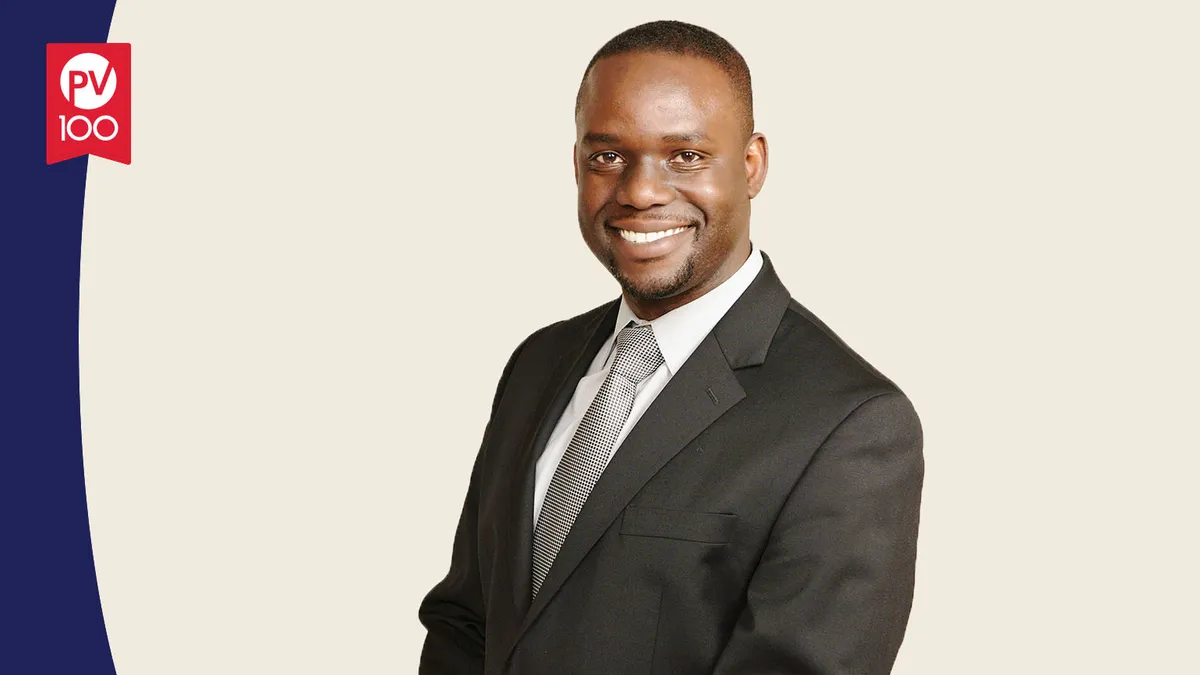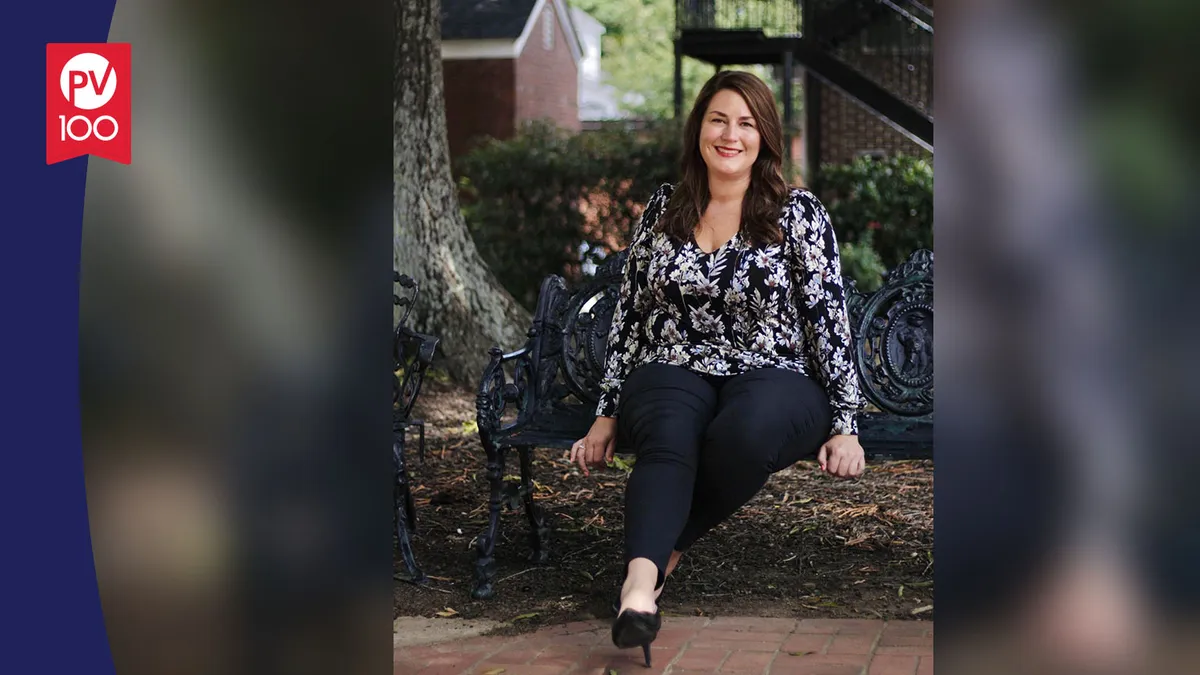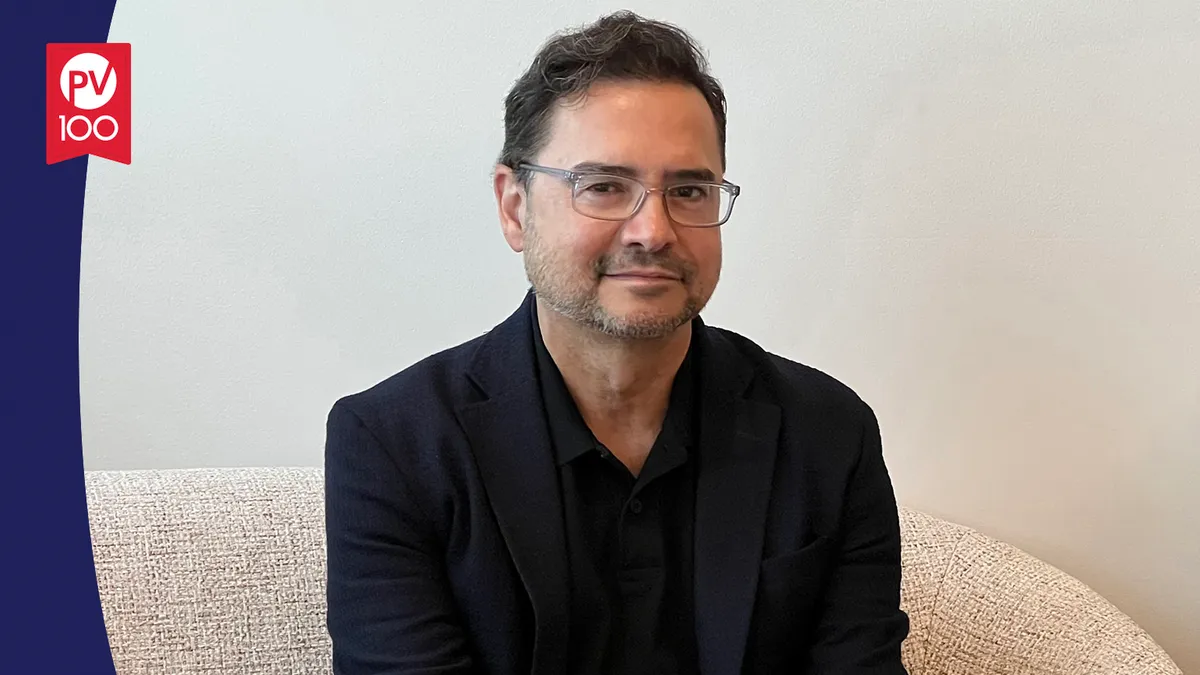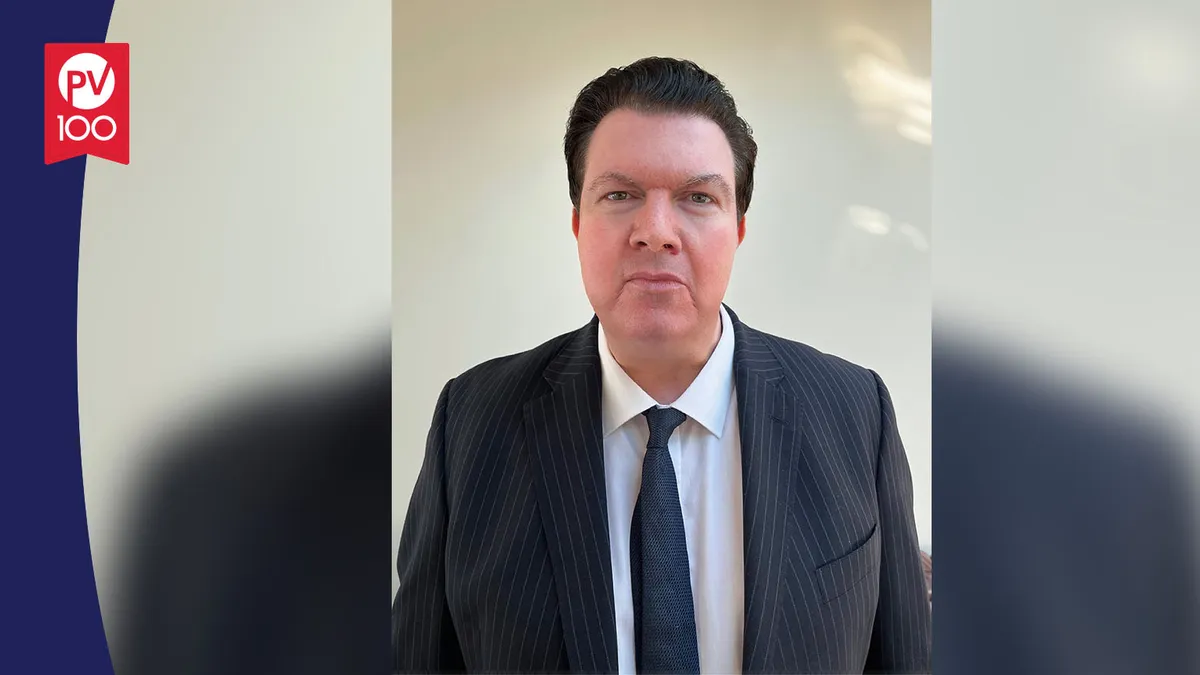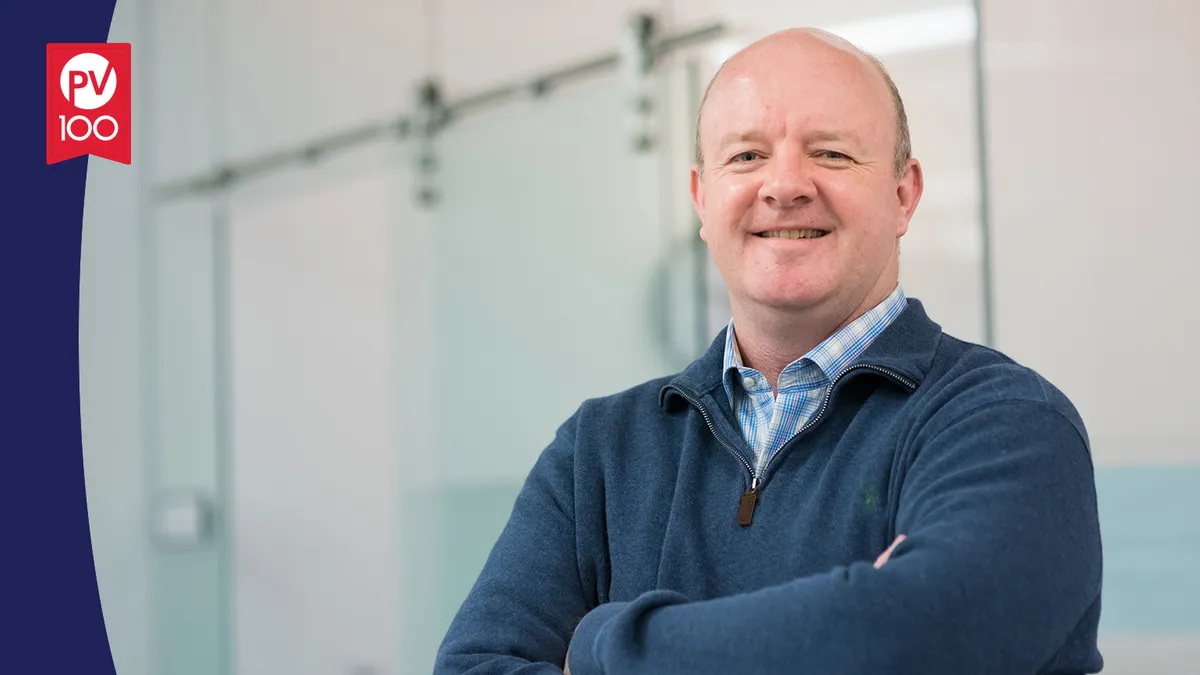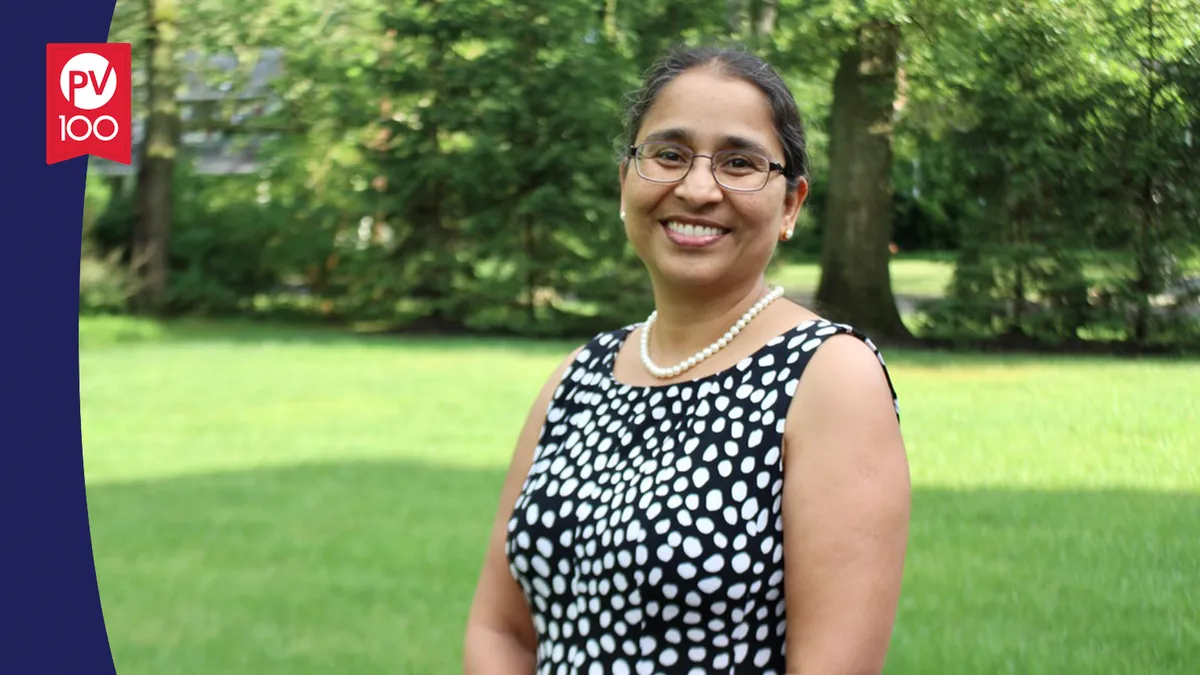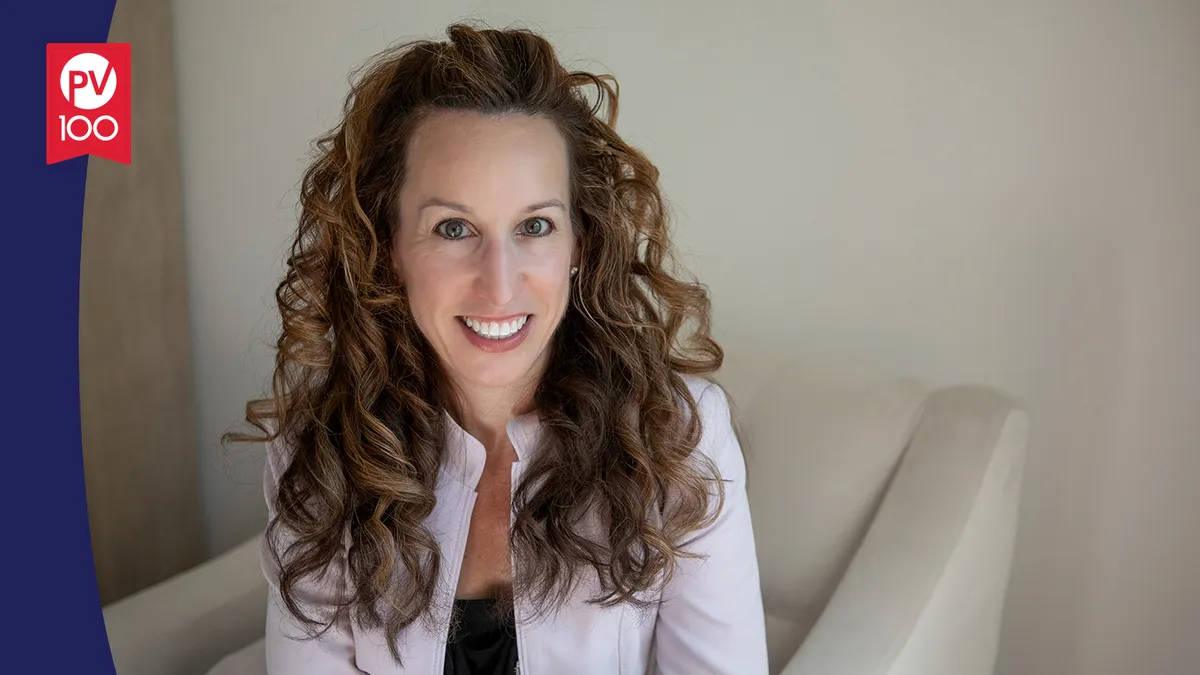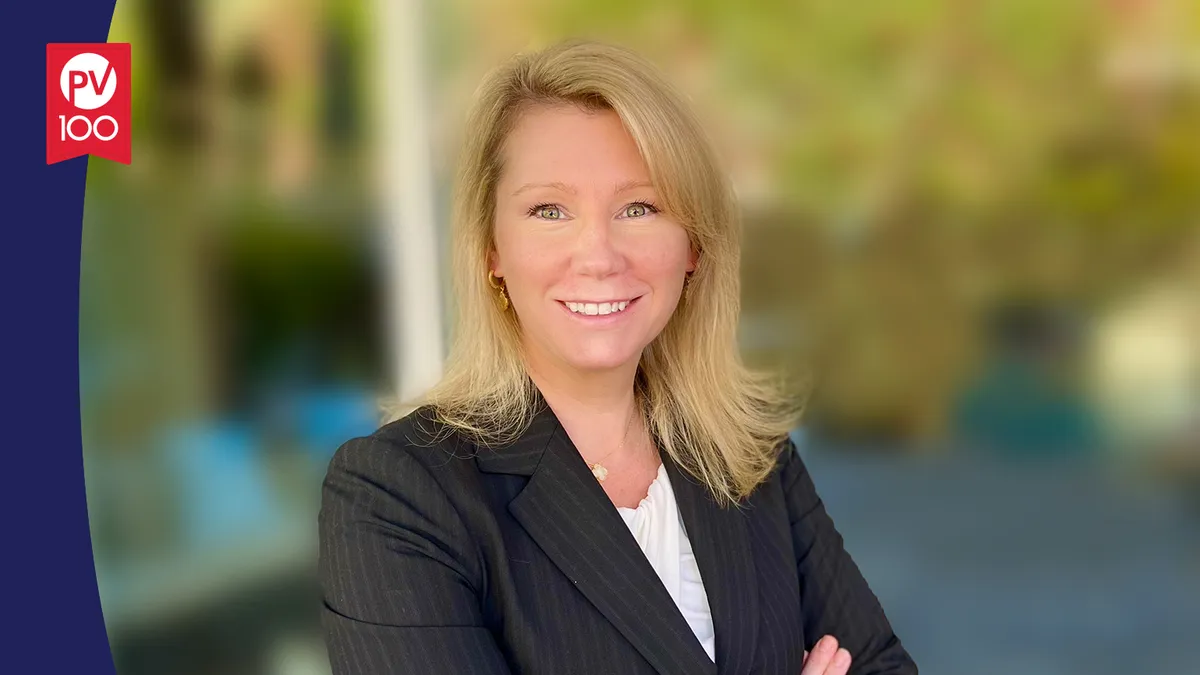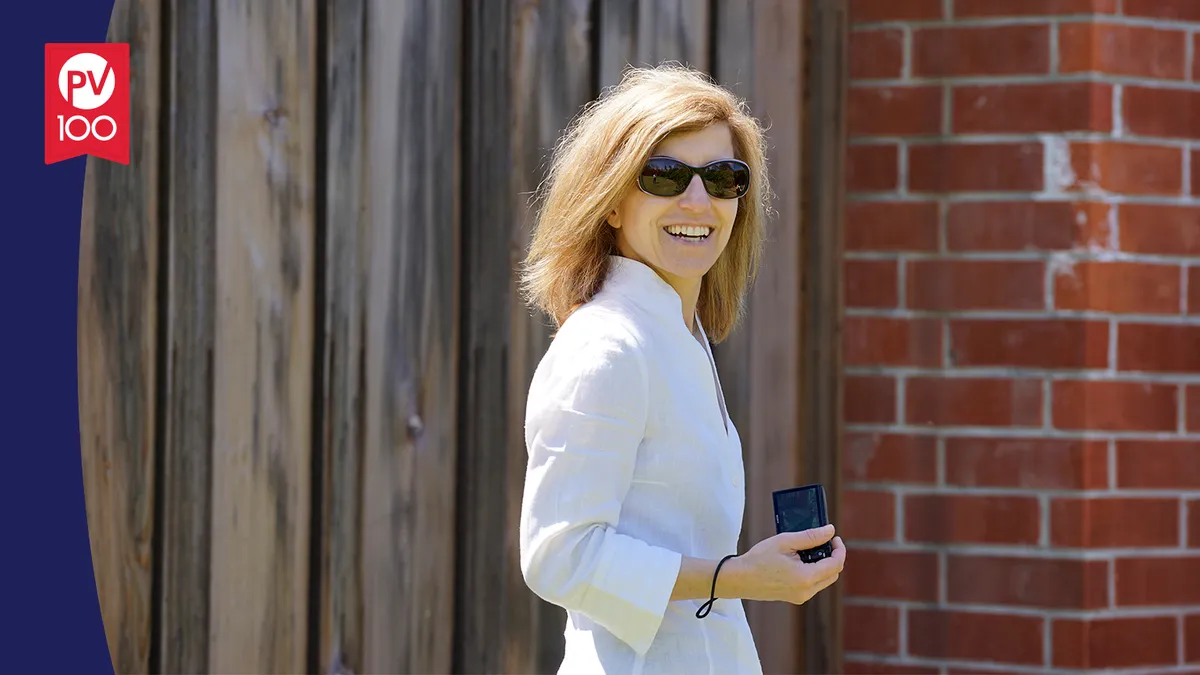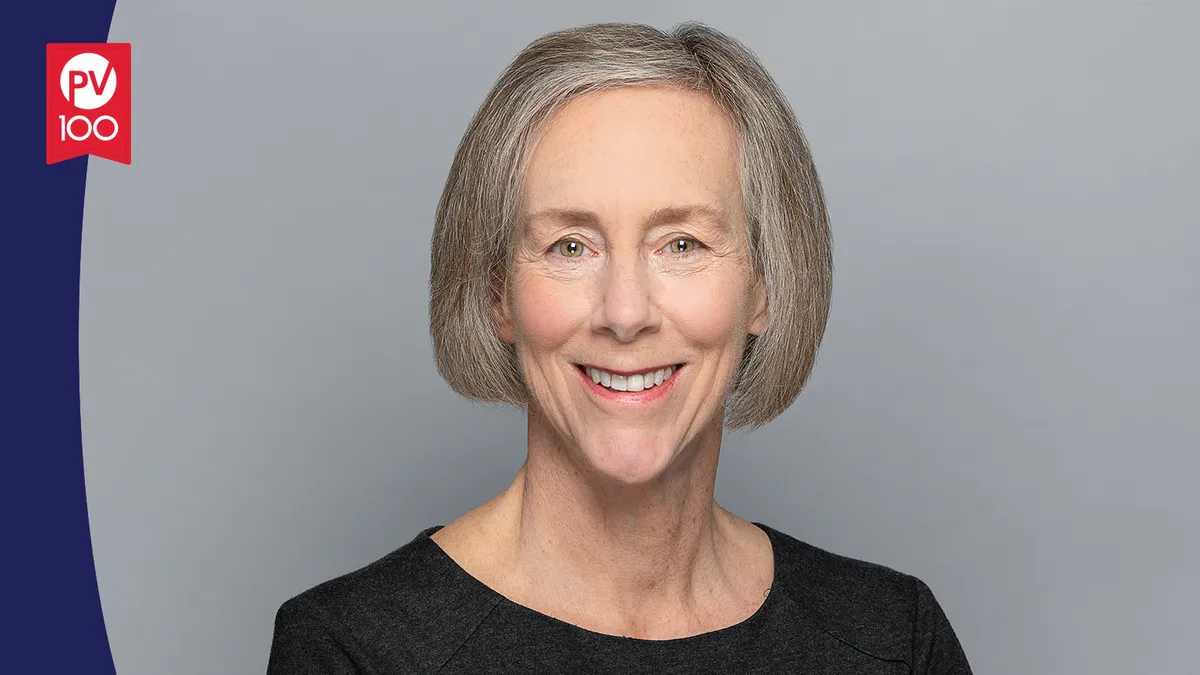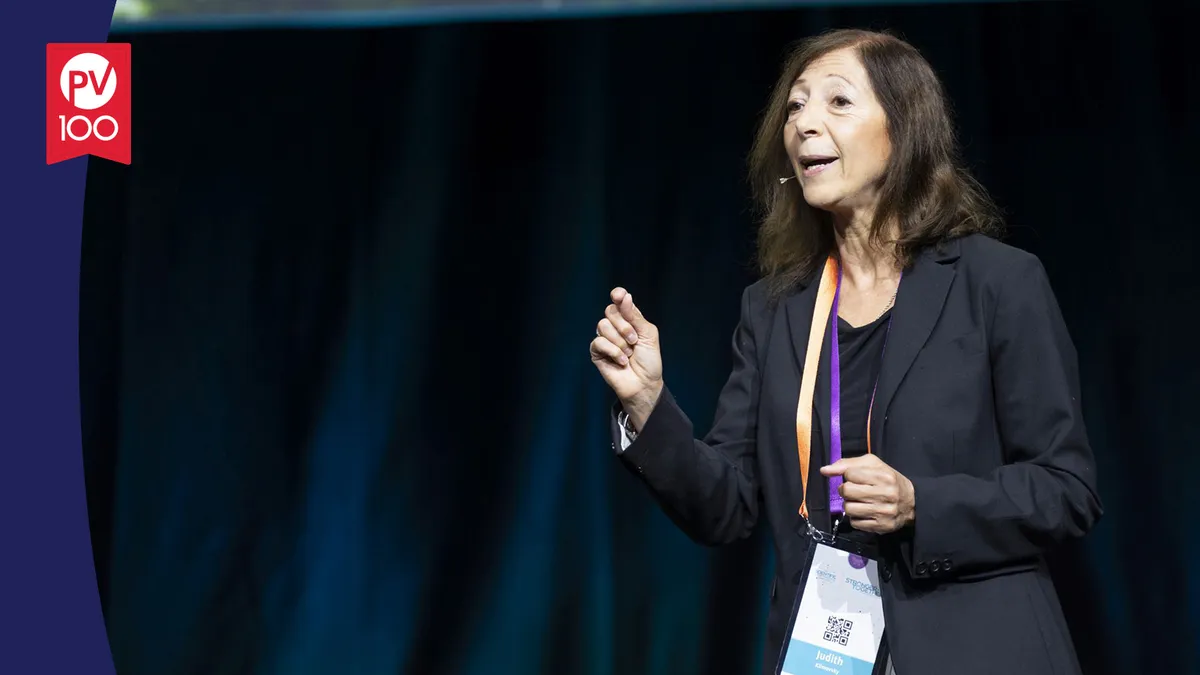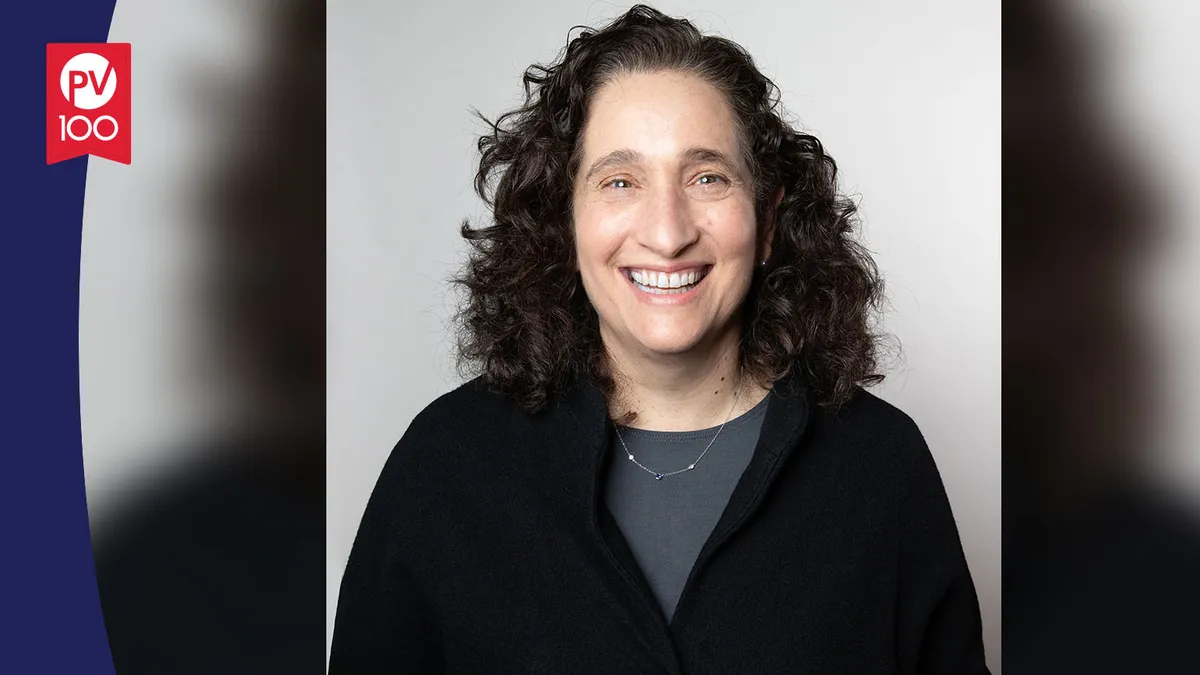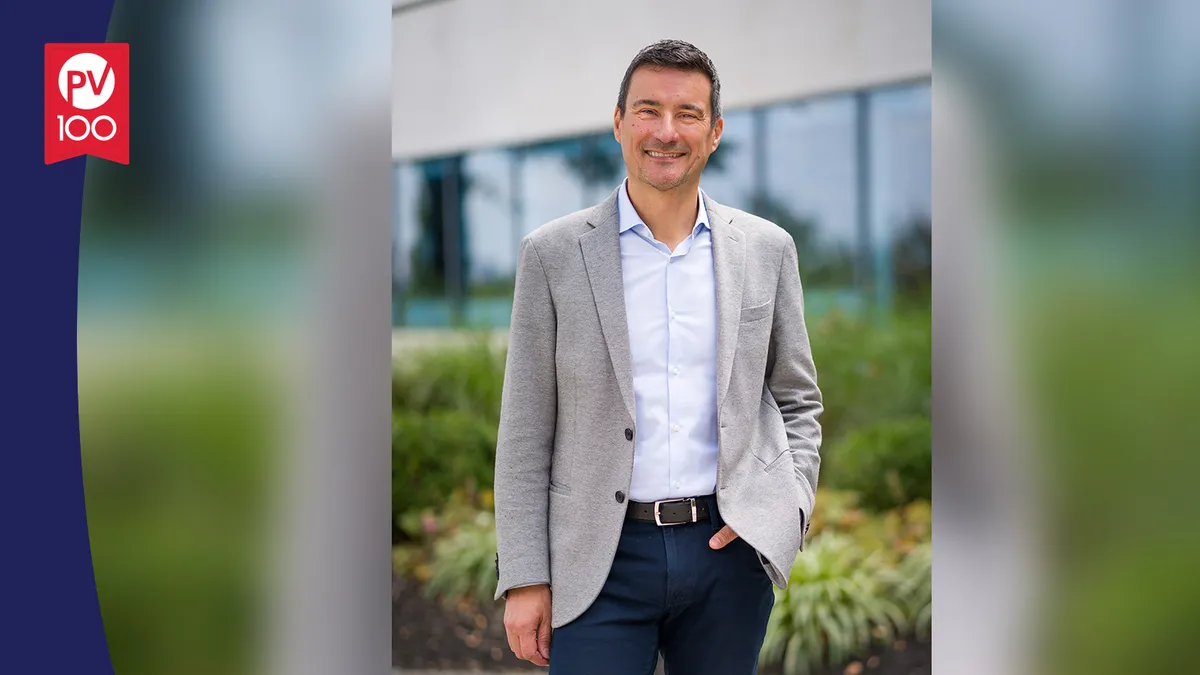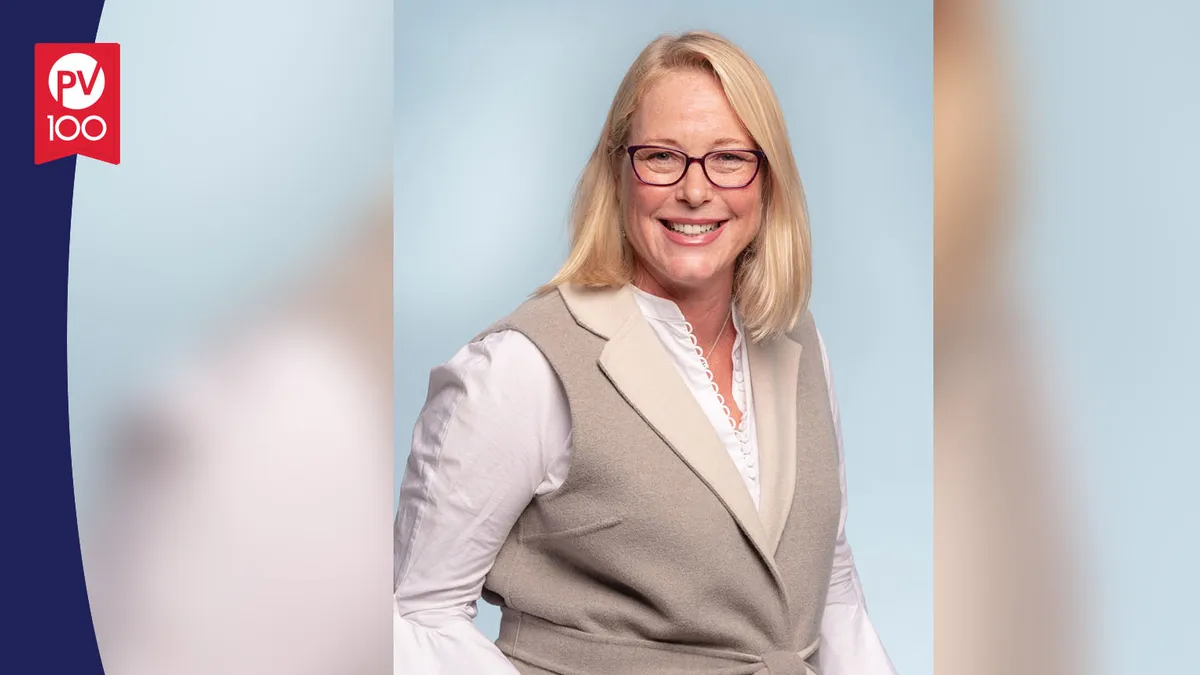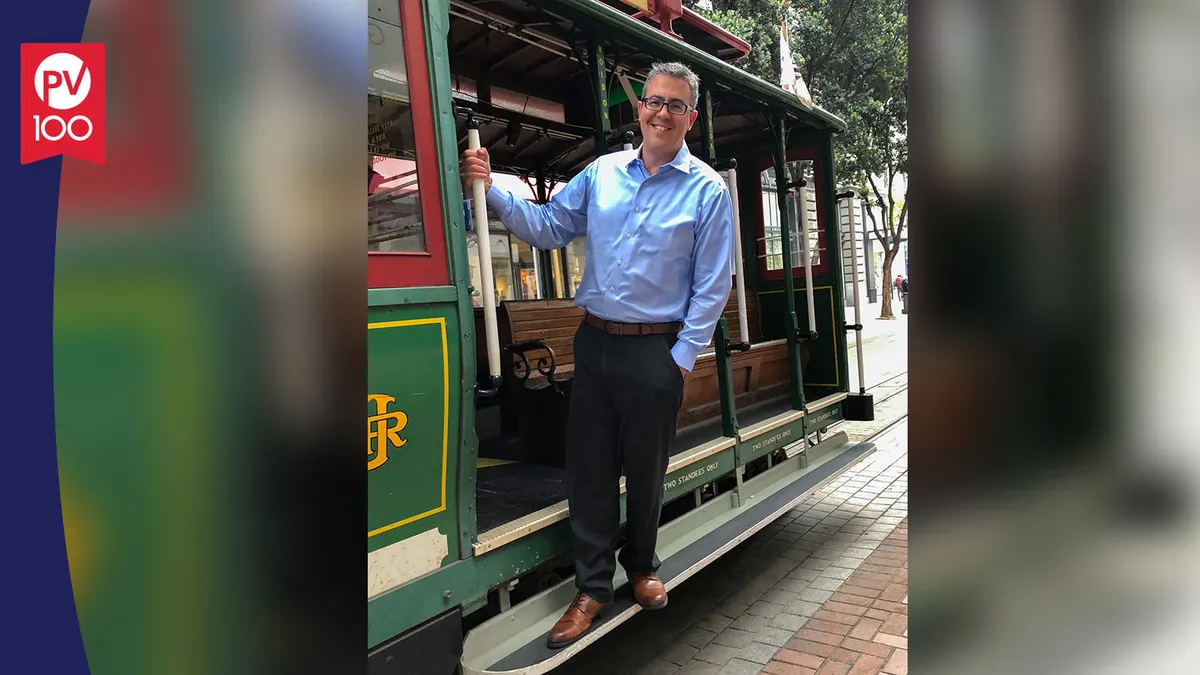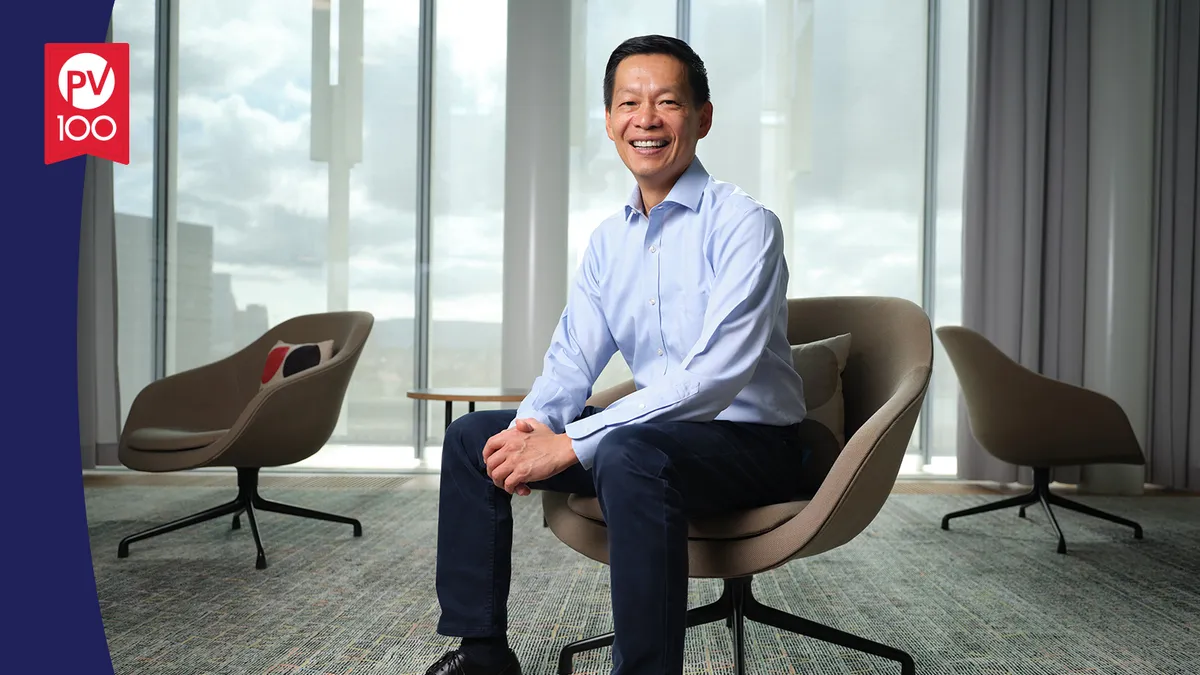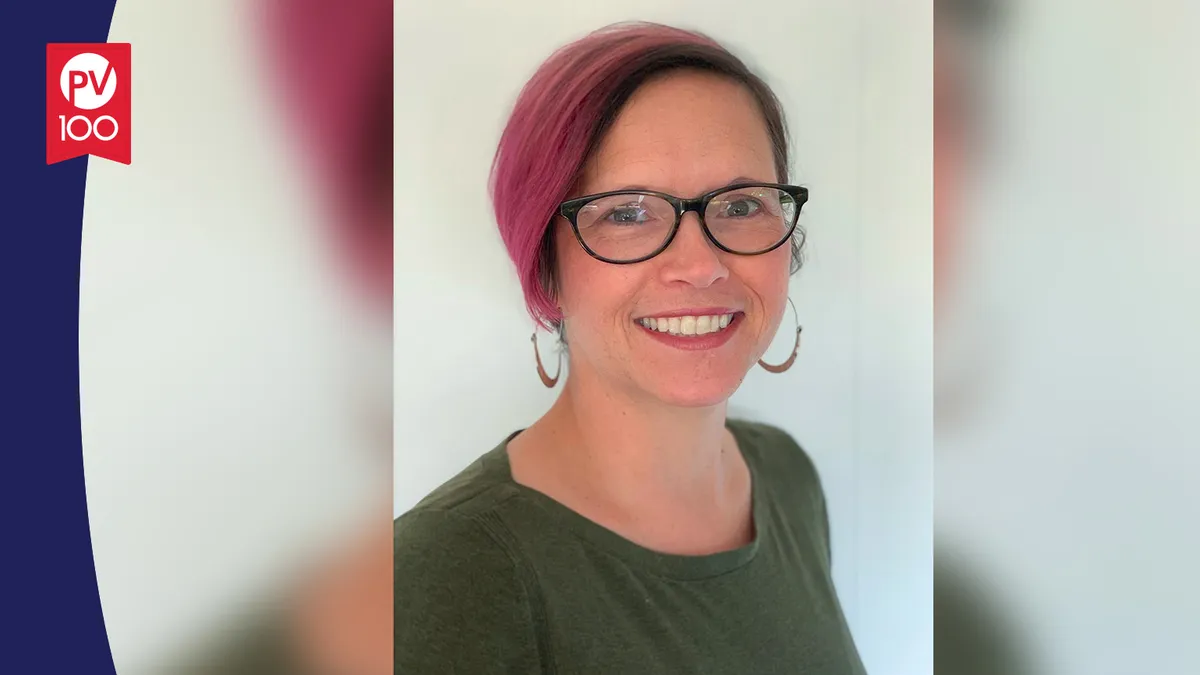Editor’s note: This story is part of our 2022 PharmaVoice 100 feature.
For the last 17 years, Mark Sullivan has dedicated himself to addressing neglected tropical diseases (NTDs), which impact the lives of millions of patients with limited access to care. According to the CDC, almost every low-income country is affected by at least five NTDs — bacterial and parasitic diseases — that simultaneously afflict one-sixth of the world’s population.
With extensive knowledge gained while working on viral diseases while at Gilead Sciences and GSK, one nominator says, “[Sullivan] could have risen in the ranks of the traditional-for-profit biotech and pharmaceutical industry, but he was compelled to ‘do more for more people.’"
Now, as founder and managing director of the nonprofit biopharmaceutical company Medicines Development for Global Health (MDGH), Sullivan has his eye on a big prize — helping more than 1 billion people — while working with a small but mighty team of about 25. It’s a pursuit that could also help change the way the industry looks at health equity around the world.
“The single most important trend is the global health community-wide movement to address our current approaches to developing and supplying new medicines and vaccines for diseases endemic in low- and middle-income countries,” he says. “Our industry's cost recovery and risk mitigation approach for new medicines was not designed for people or countries who cannot afford to pay cost of goods plus cost of R&D. We've been running this experiment for decades and the results are that there is inequitable access to existing medicines and paucity of novel ones. We need new mechanisms and, if we get this right, the health of two-thirds of the world's population will be improved. That is surely enough motivation to shake this up.”
In 2018, MDGH received FDA approval for moxidectin, a novel medicine for the treatment of river blindness — the first treatment approved for this disease in more than 20 years. According to one estimate, 200 million people are at risk for river blindness.
“What gets [Sullivan] up in the mornings is knowing that children throughout sub-Saharan Africa can have better lives through better medicines,” his nominator says.
“If I've promised something, it doesn't leave me until I've delivered.”
Mark Sullivan
Founder, managing director, Medicines Development for Global Health
As a memento of this important company milestone, Sullivan framed the last email he received from his mentor and great supporter, professor David Cooper AC, before he passed away.
“I'd explained in an email to the board, of which [Cooper] was a founding member, that we looked likely to receive FDA approval for moxidectin. He died just three months before the approval was received. However, the legacy of improved medicines for underserved populations that he devoted his life to is ingrained in the company's DNA,” Sullivan says.
MDGH is currently exploring additional indications for moxidectin and several indications for its next molecule, CC-11050, which are being evaluated for seven different diseases, including leprosy and tuberculosis, that account for more than a billion cases collectively.
"Two billion people have no access to even the most basic medicines. [Sullivan] believes that every person, regardless of location, wealth, ethnicity, sex or age, has a fundamental right to the best medicines,” one of his nominators says.
Colleagues note he is an “inspiring leader with the most amazing humanity, empathy and wonderful sense of humor.”
“[Sullivan’s] humanity is what stands out the most, his central tenet is that every life is of equal value, he never forgets this. What he is building is a legacy that will continue, so that developing nations and neglected tropical diseases are no longer disregarded because they offer no commercial return,” one of his nominators says.
In January 2022, Sullivan was awarded the Officer of the Order of Australia, one of the highest civilian honors in Australia, for his contributions to healthcare.
“I love science, I enjoy solving problems, working with great minds, constantly learning, making the complex and impenetrable accessible, and being at the forefront of technology and advancement. It's a wonderful industry,” Sullivan says.


